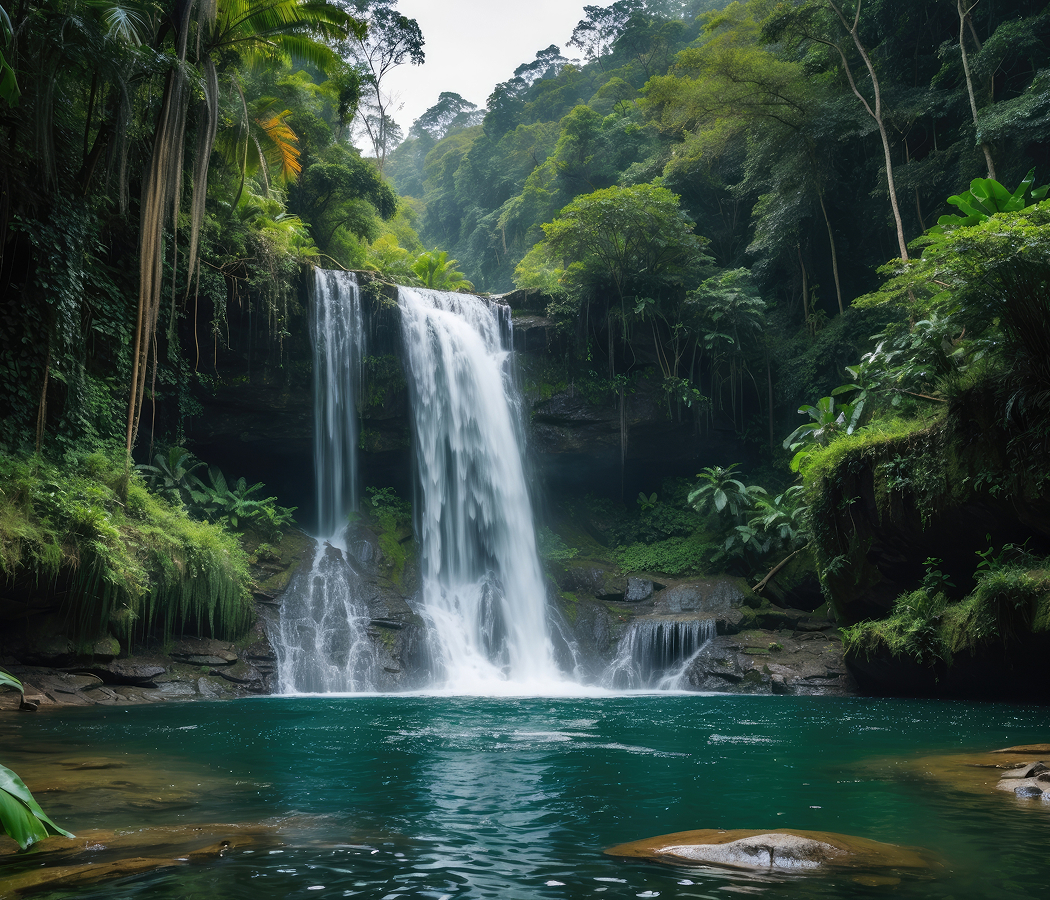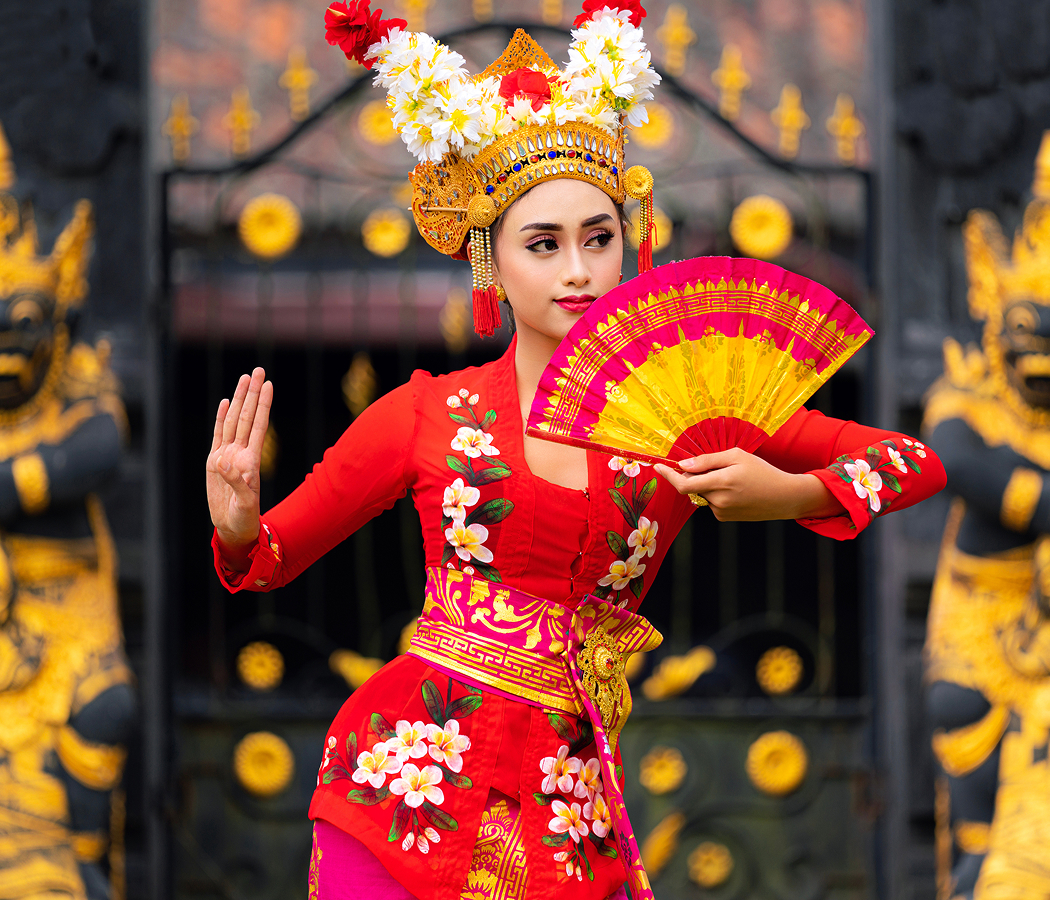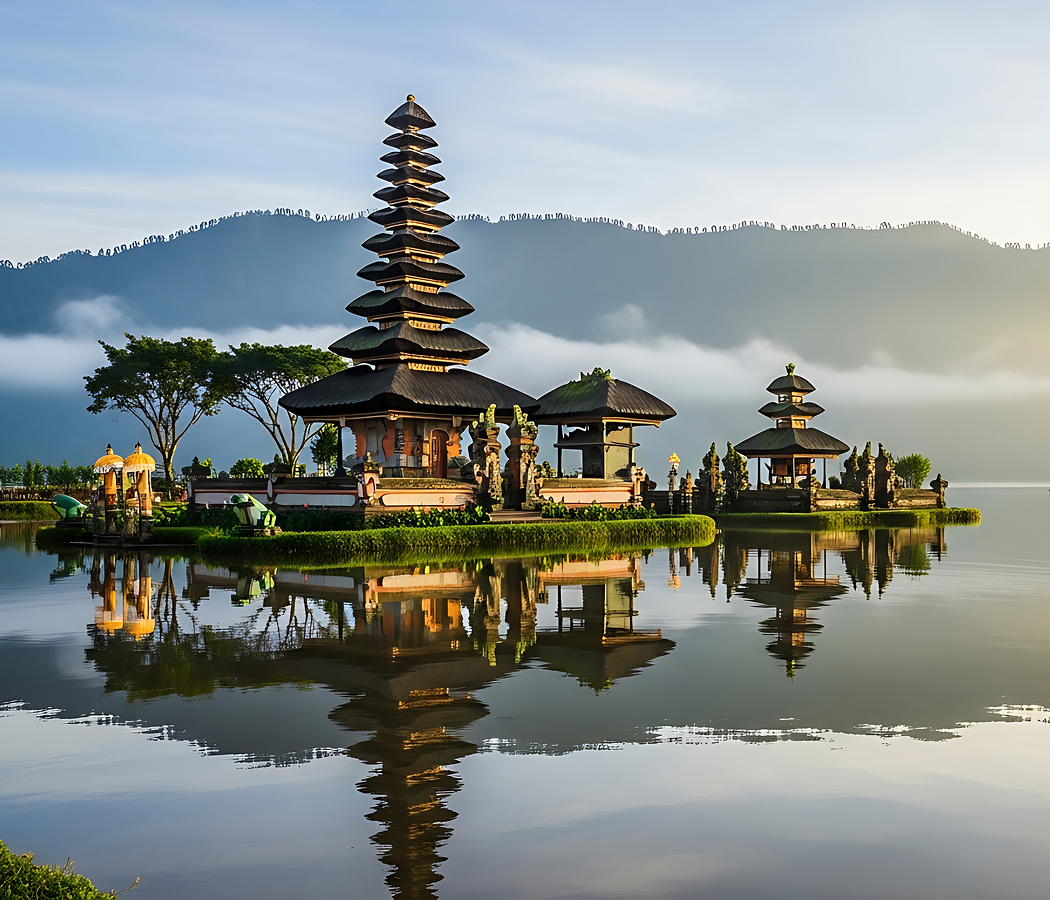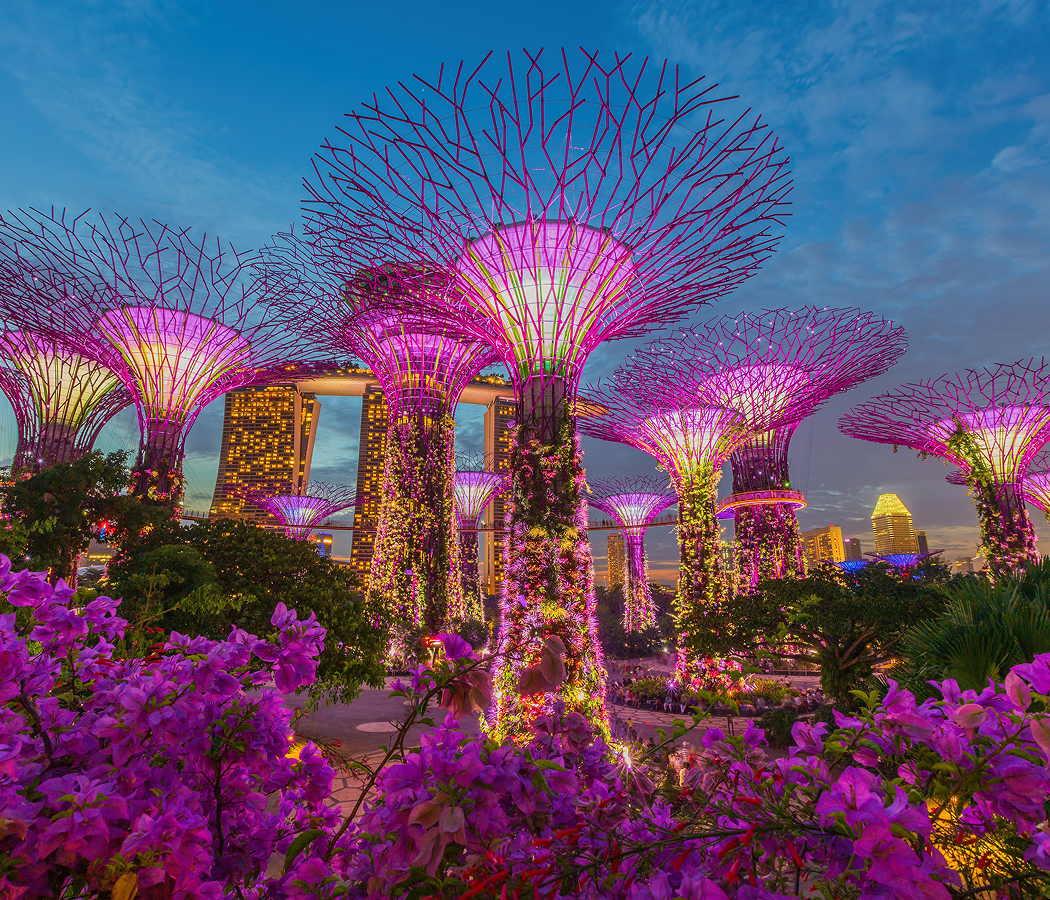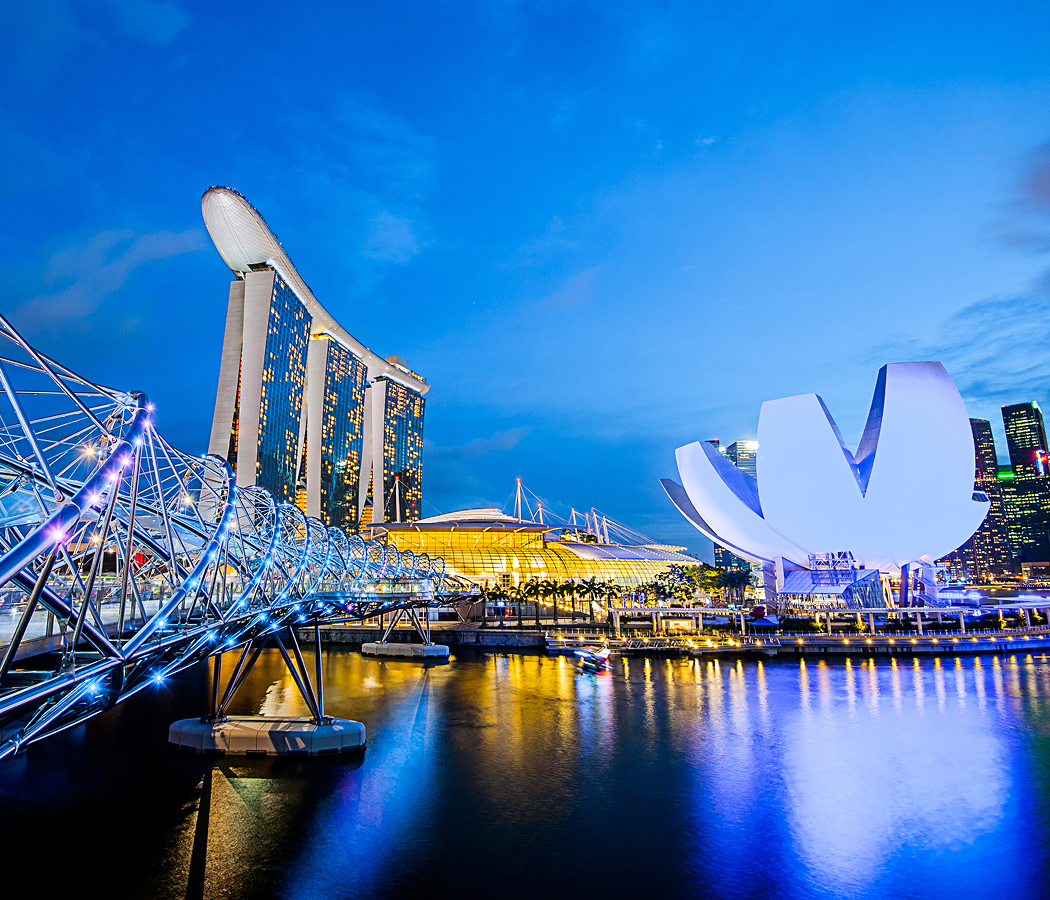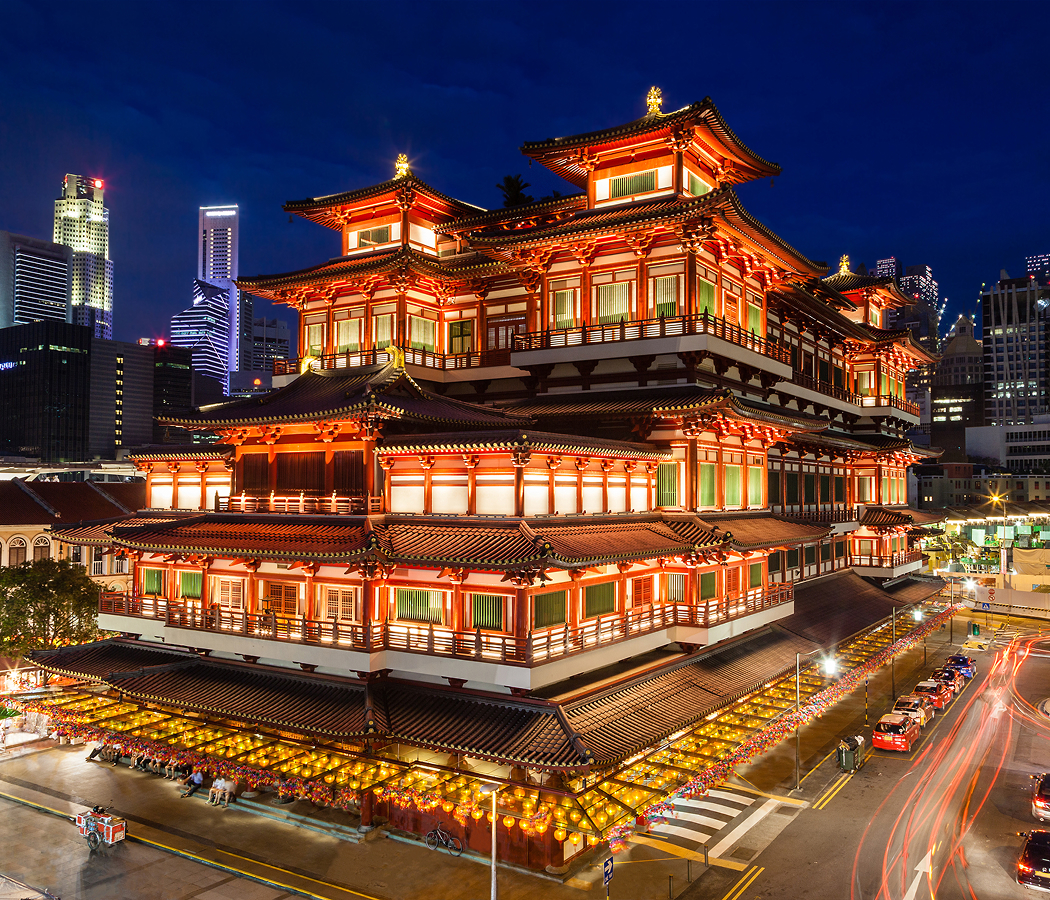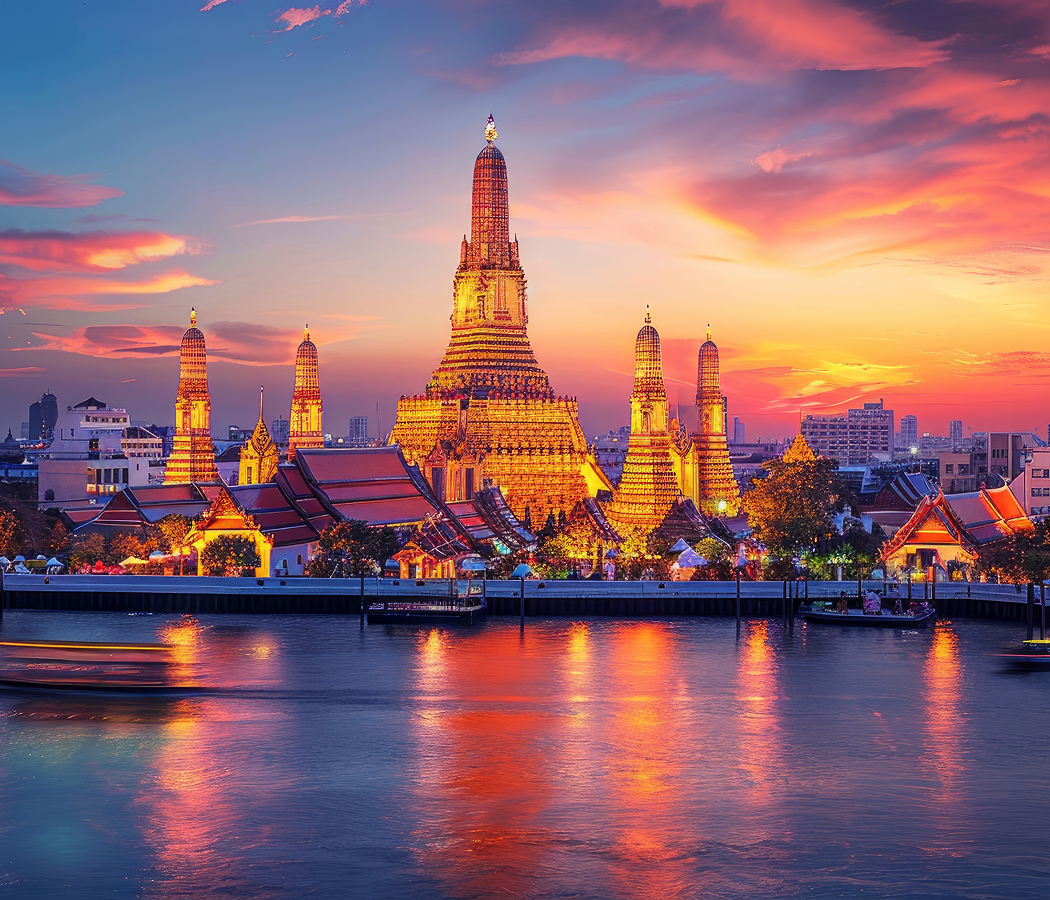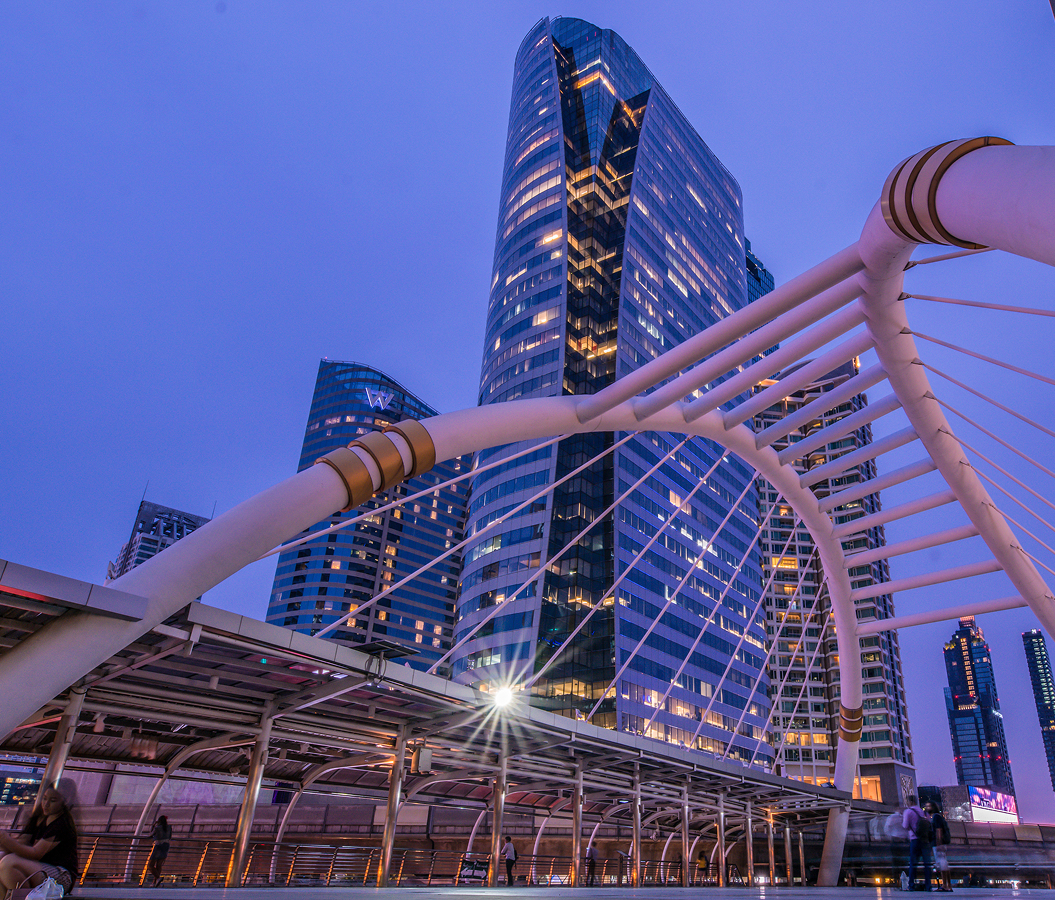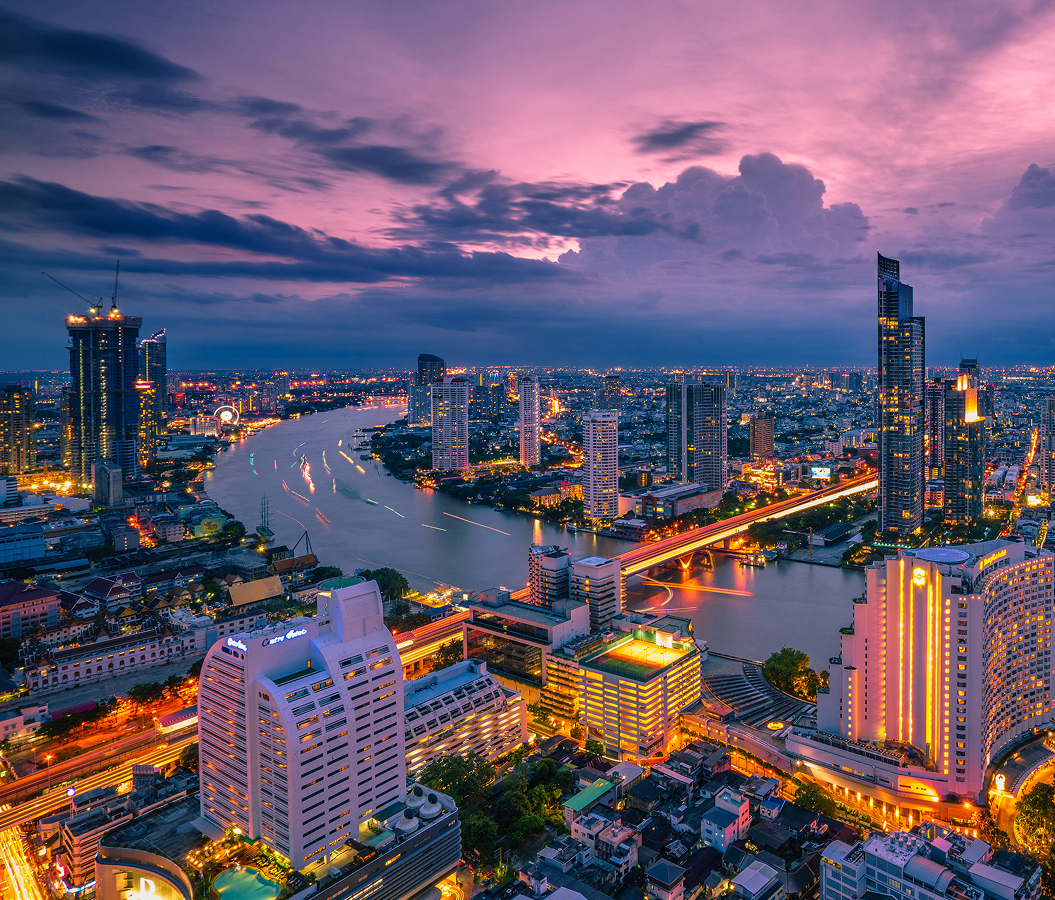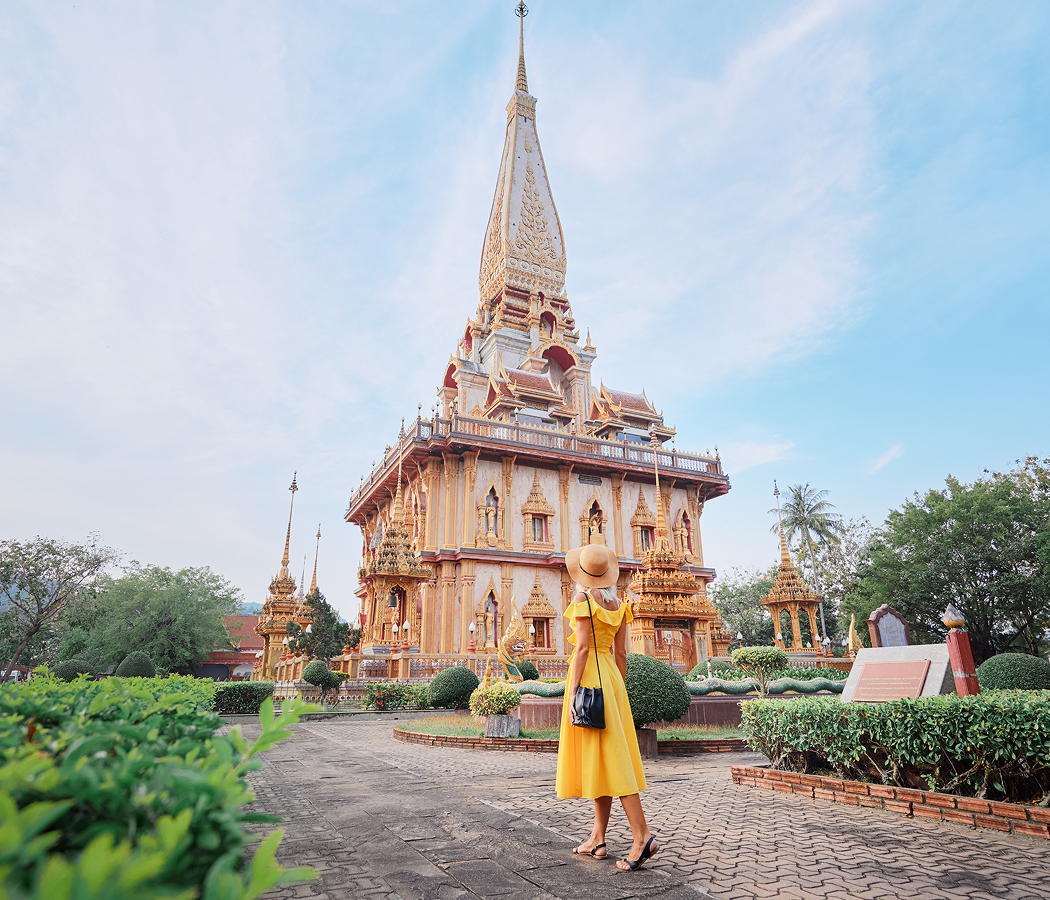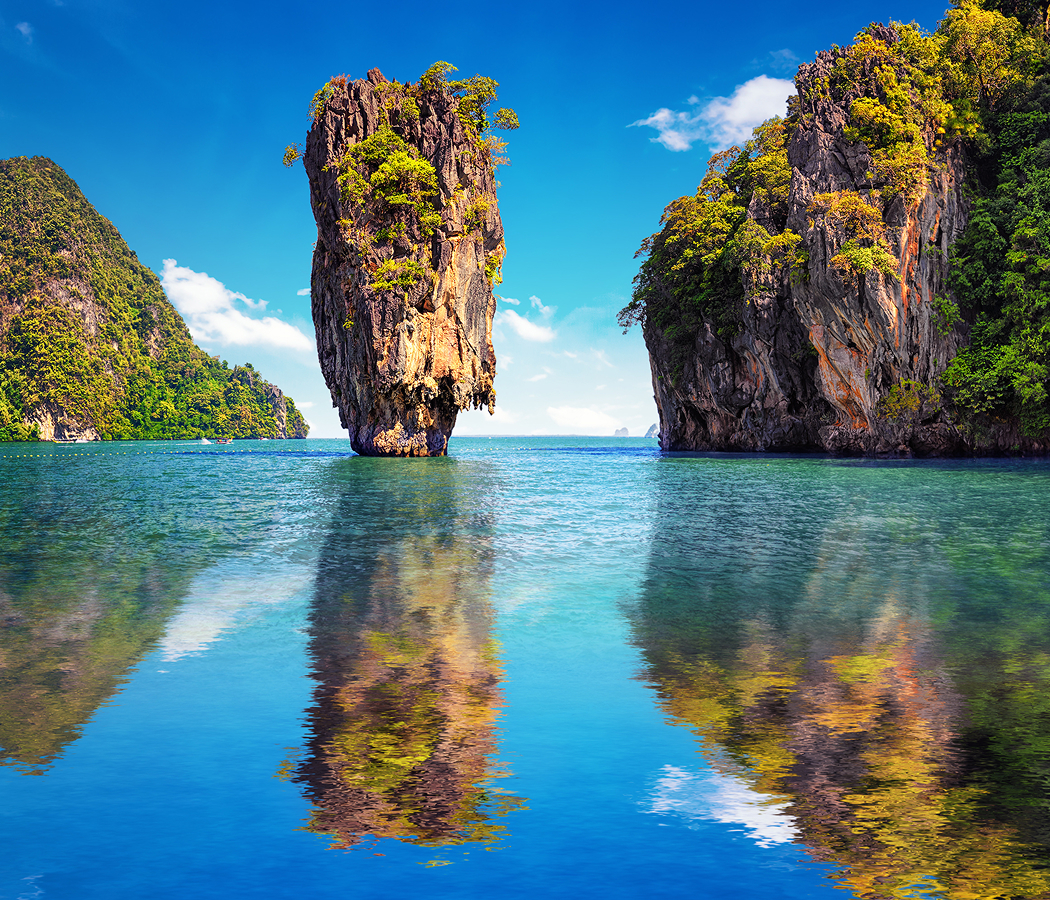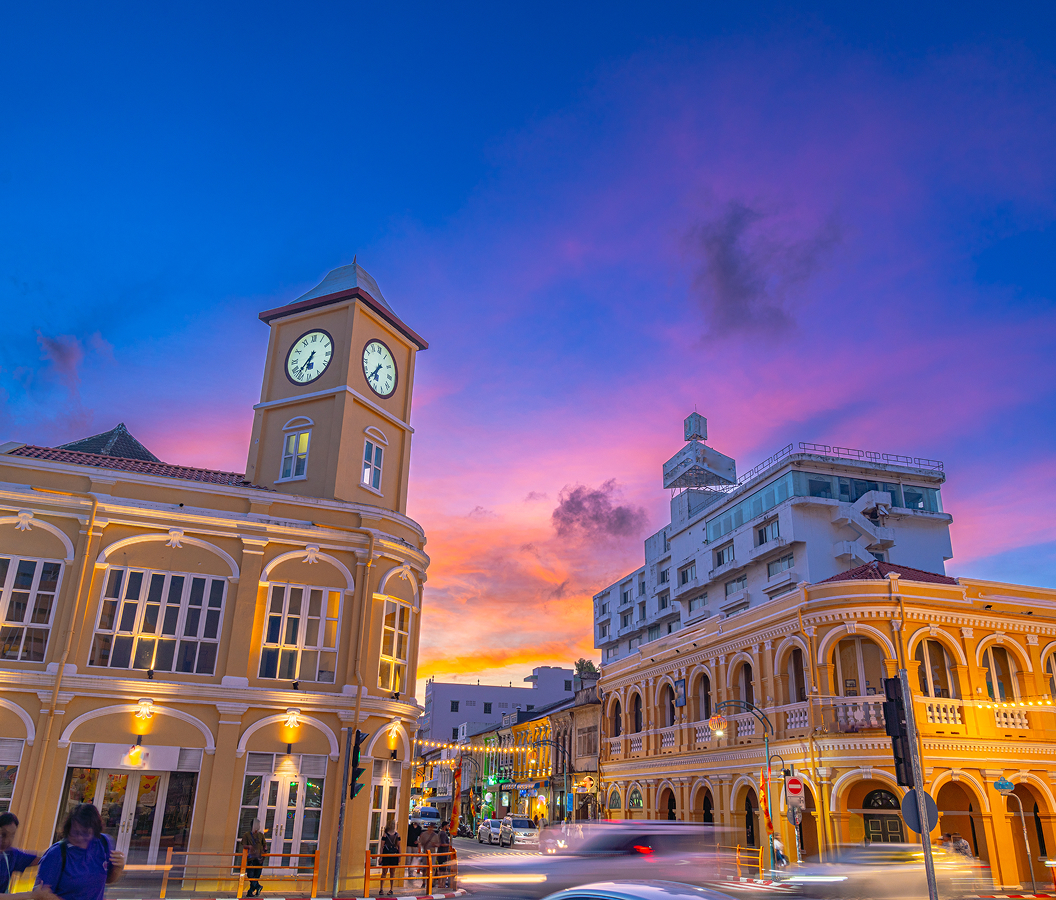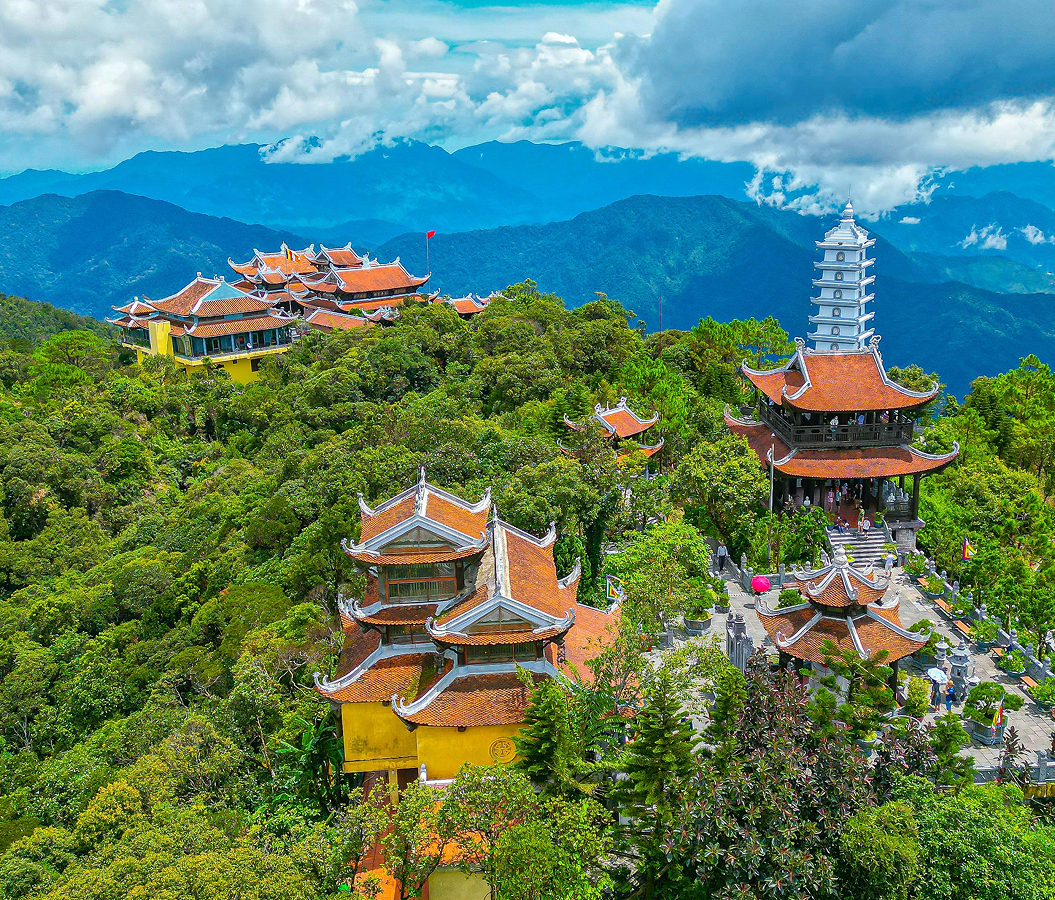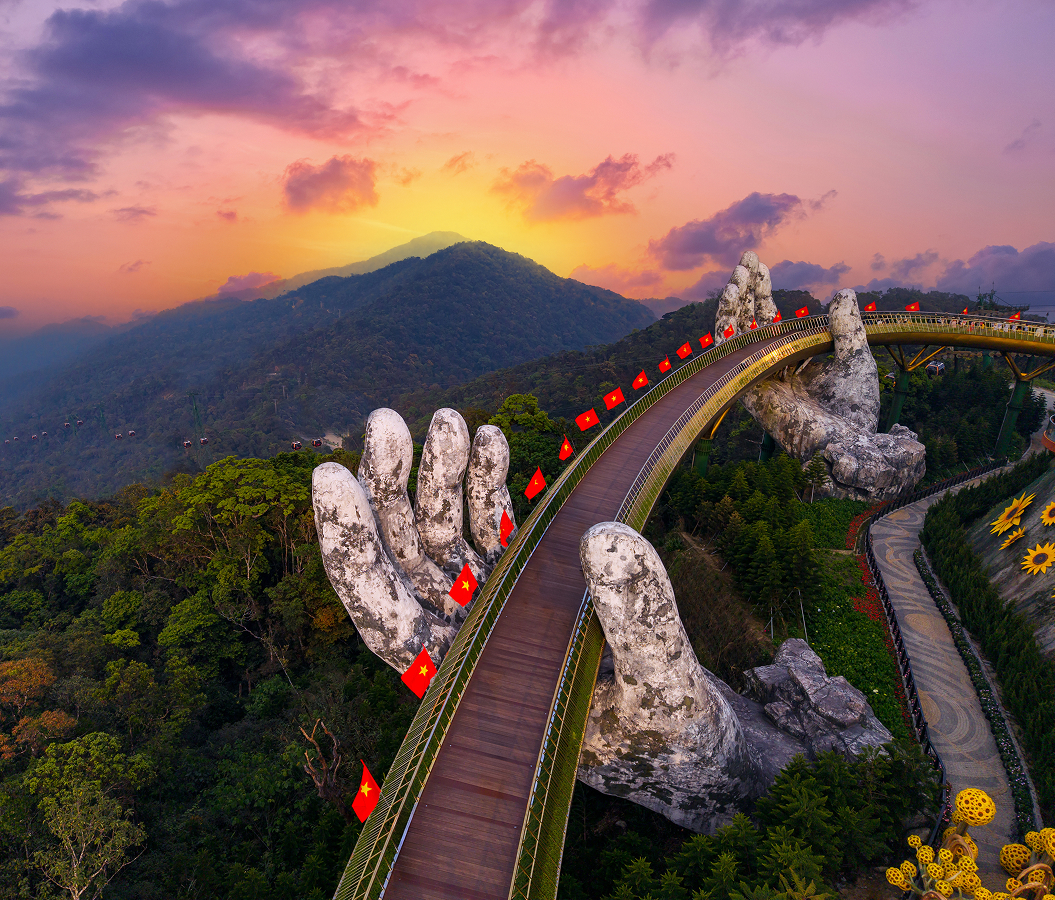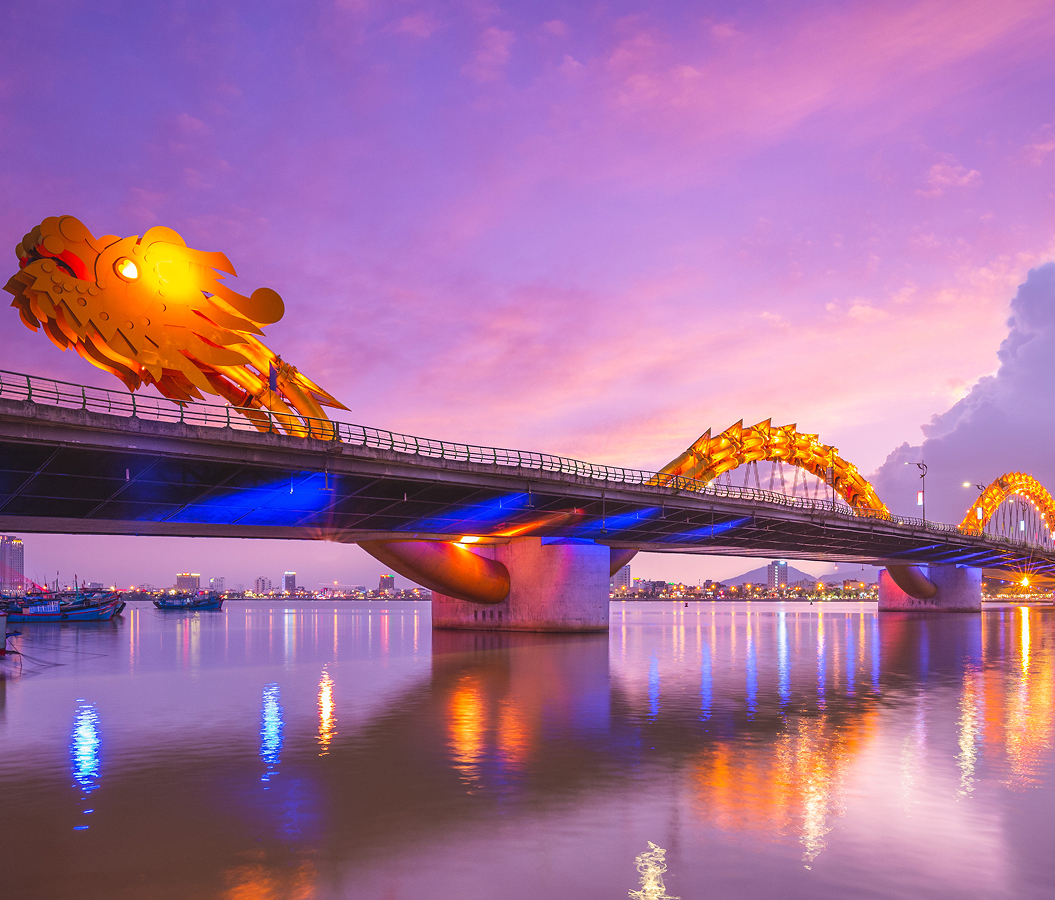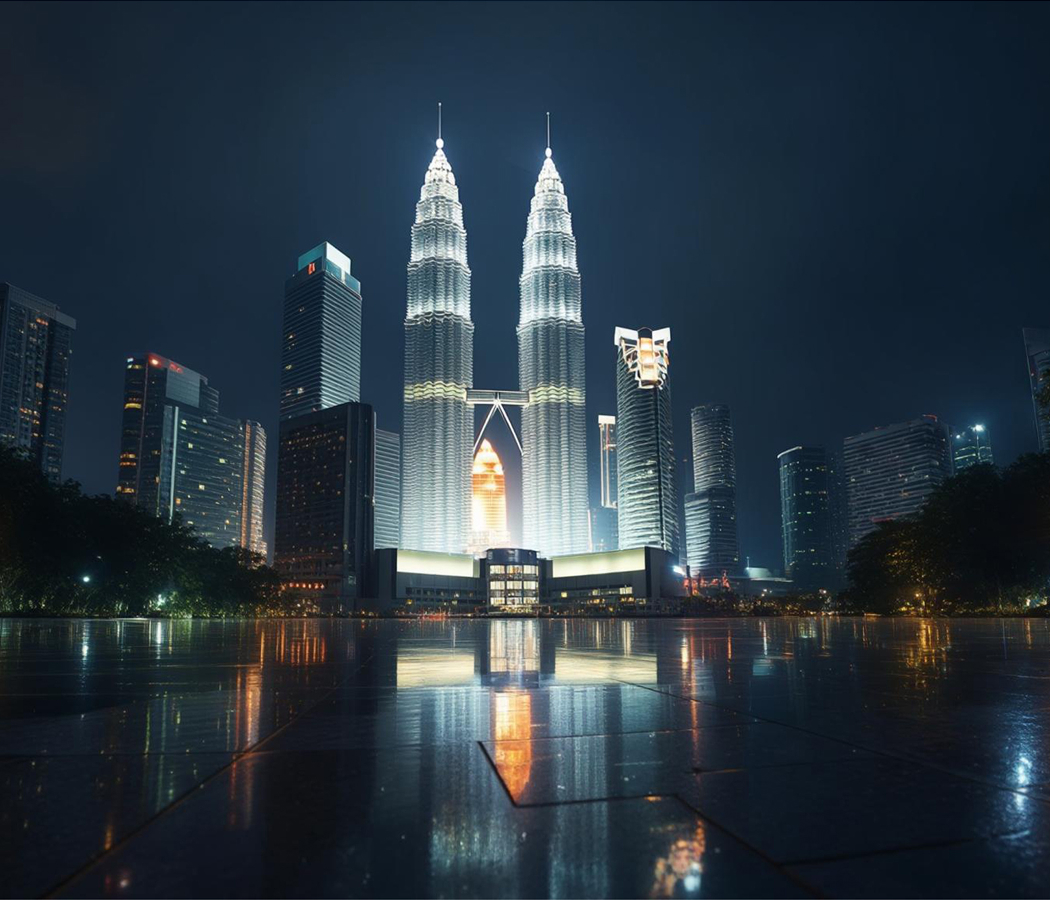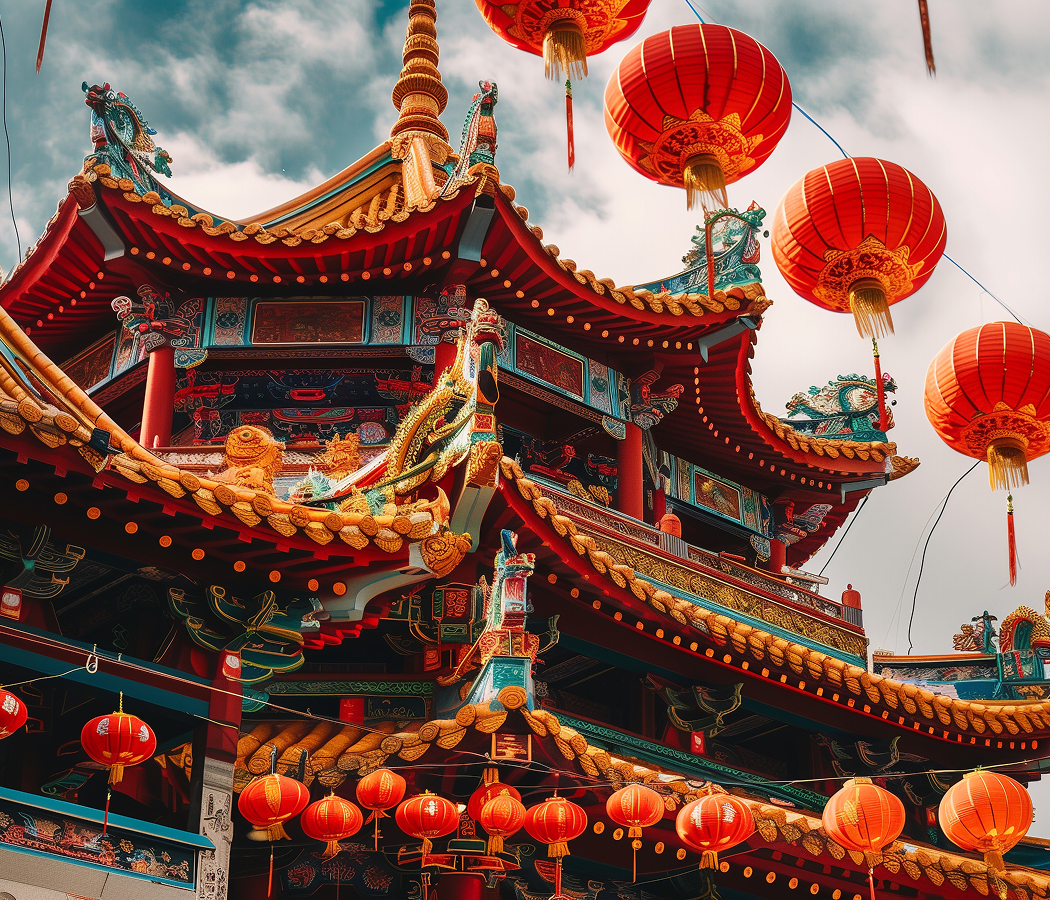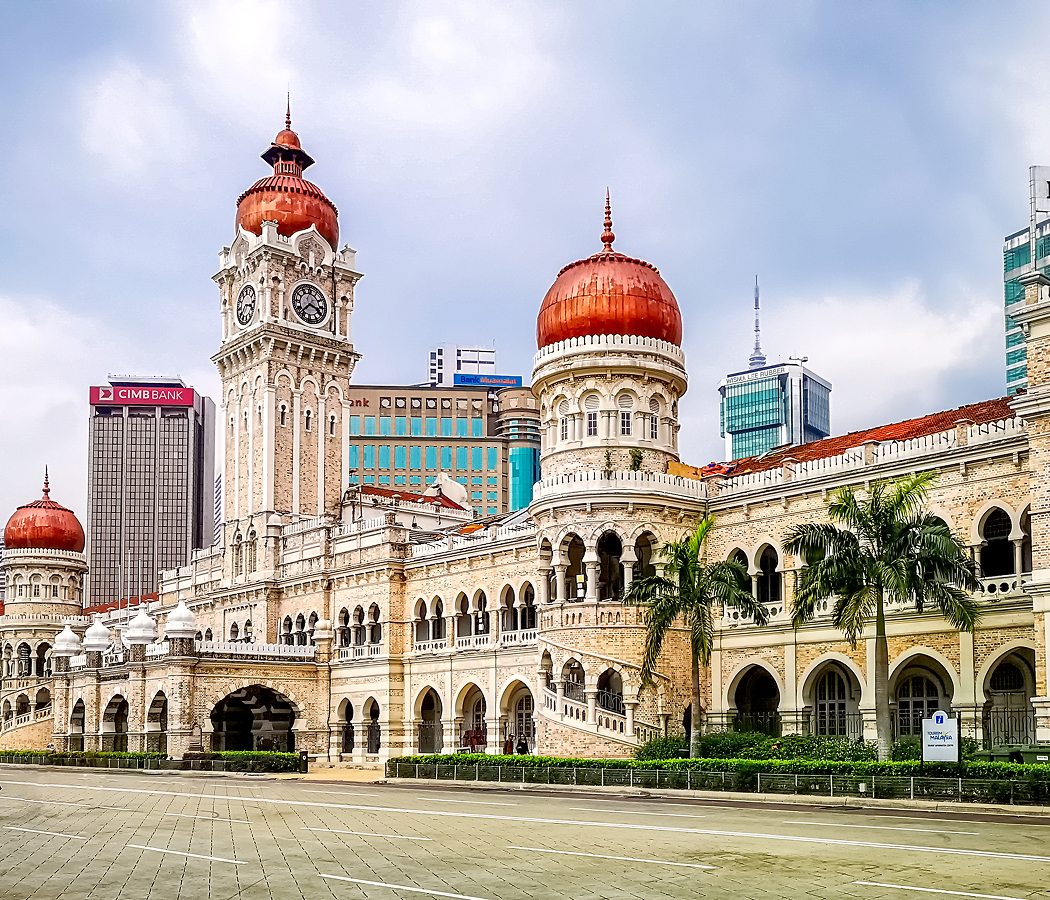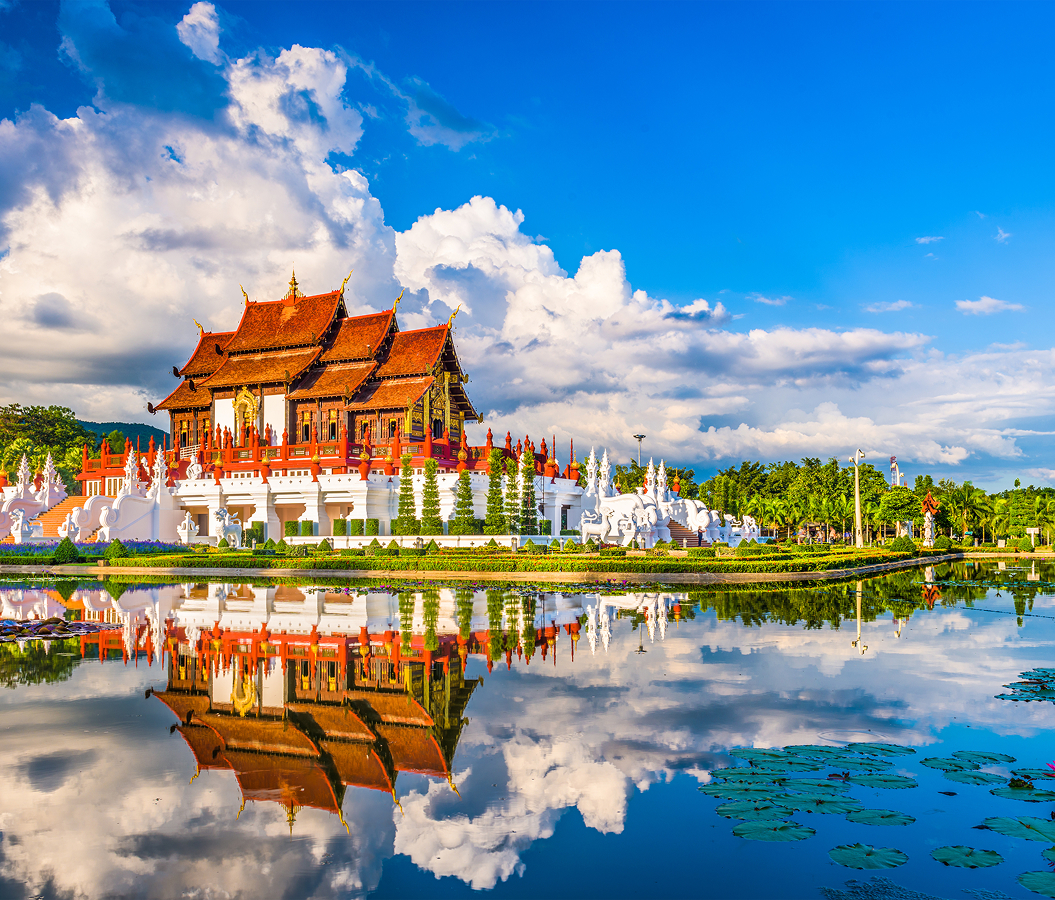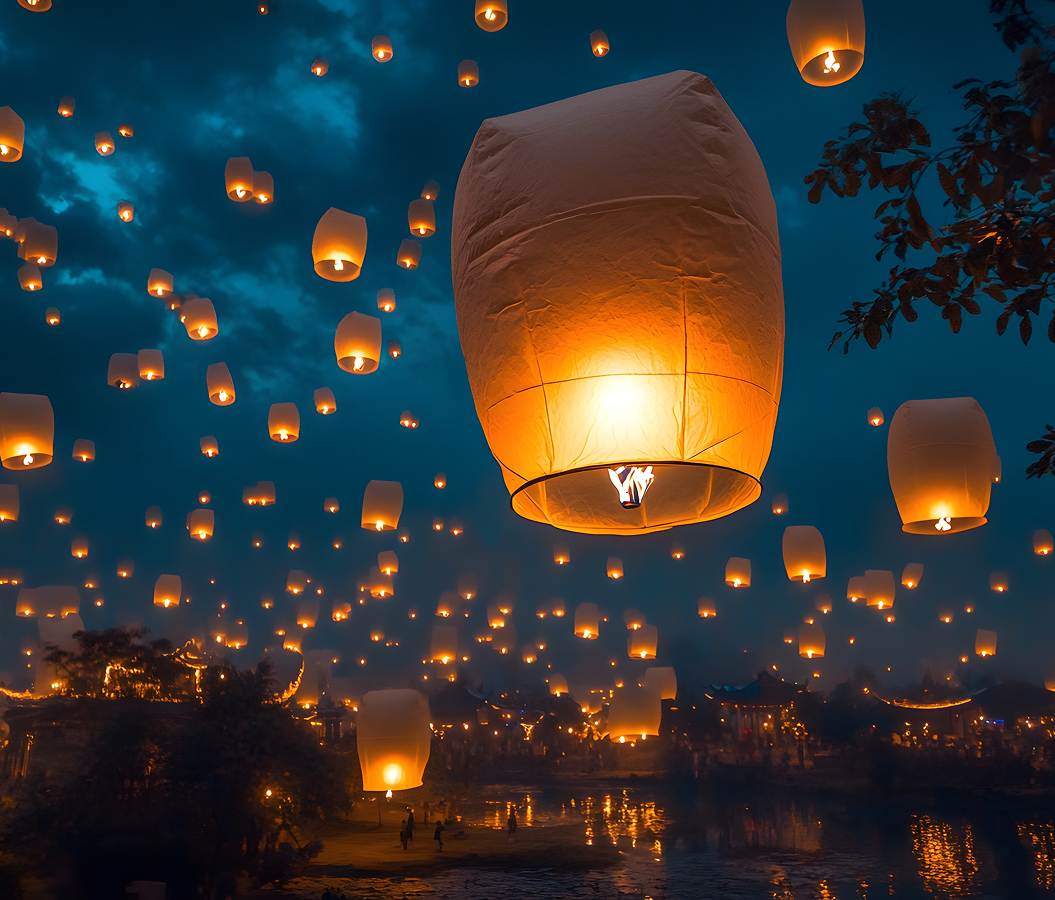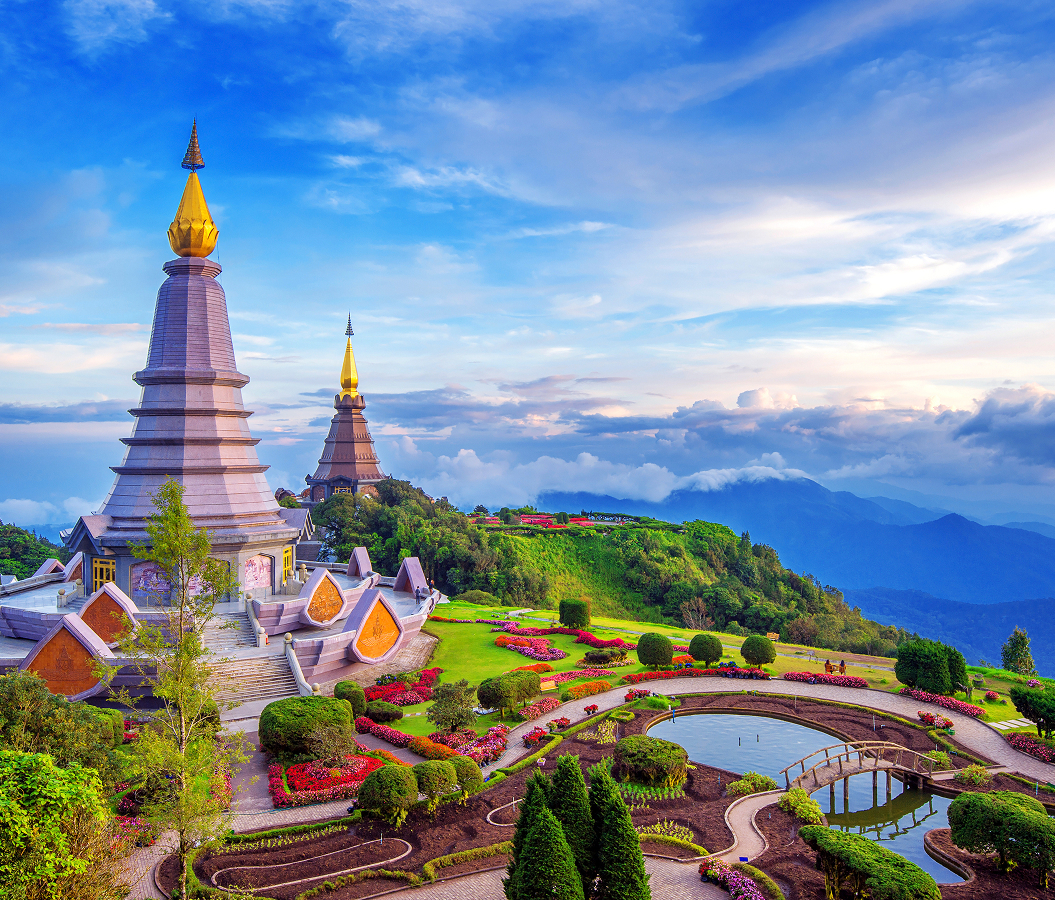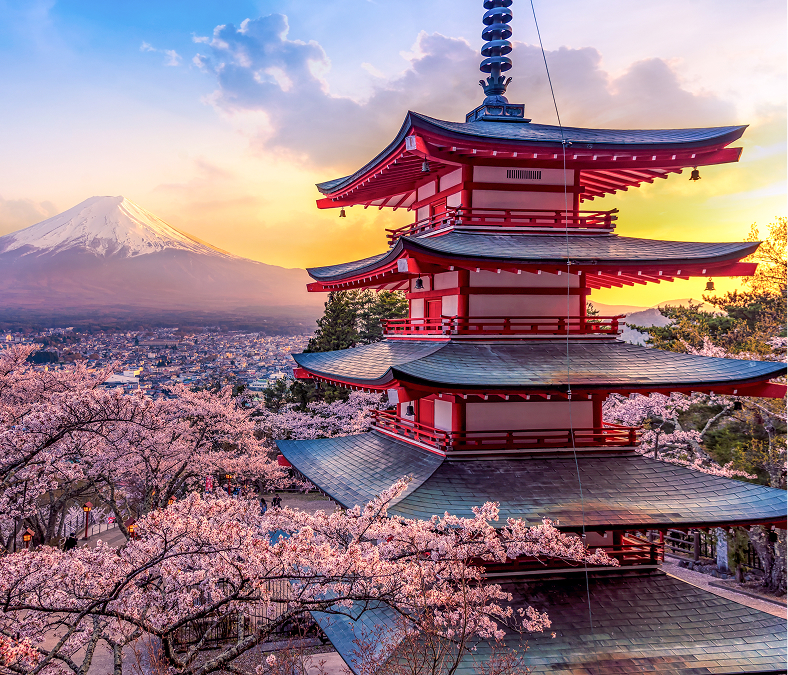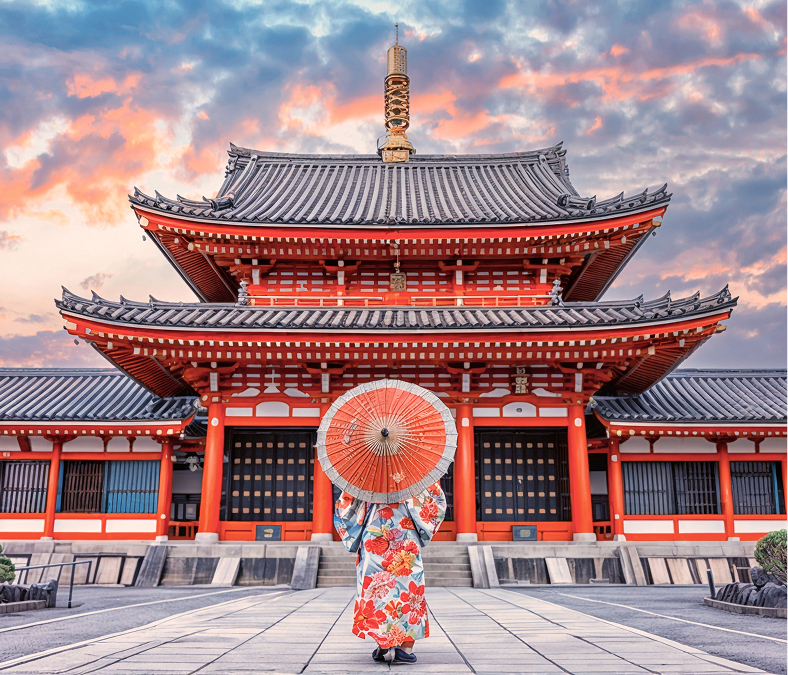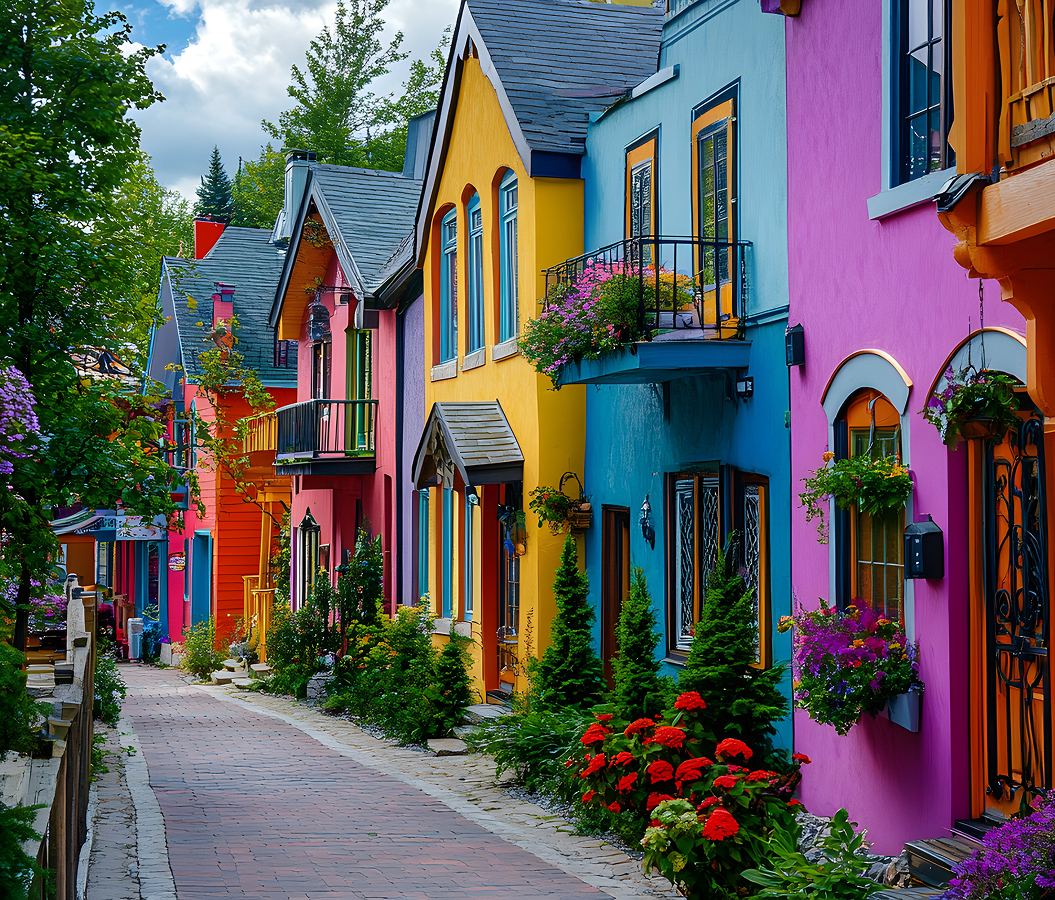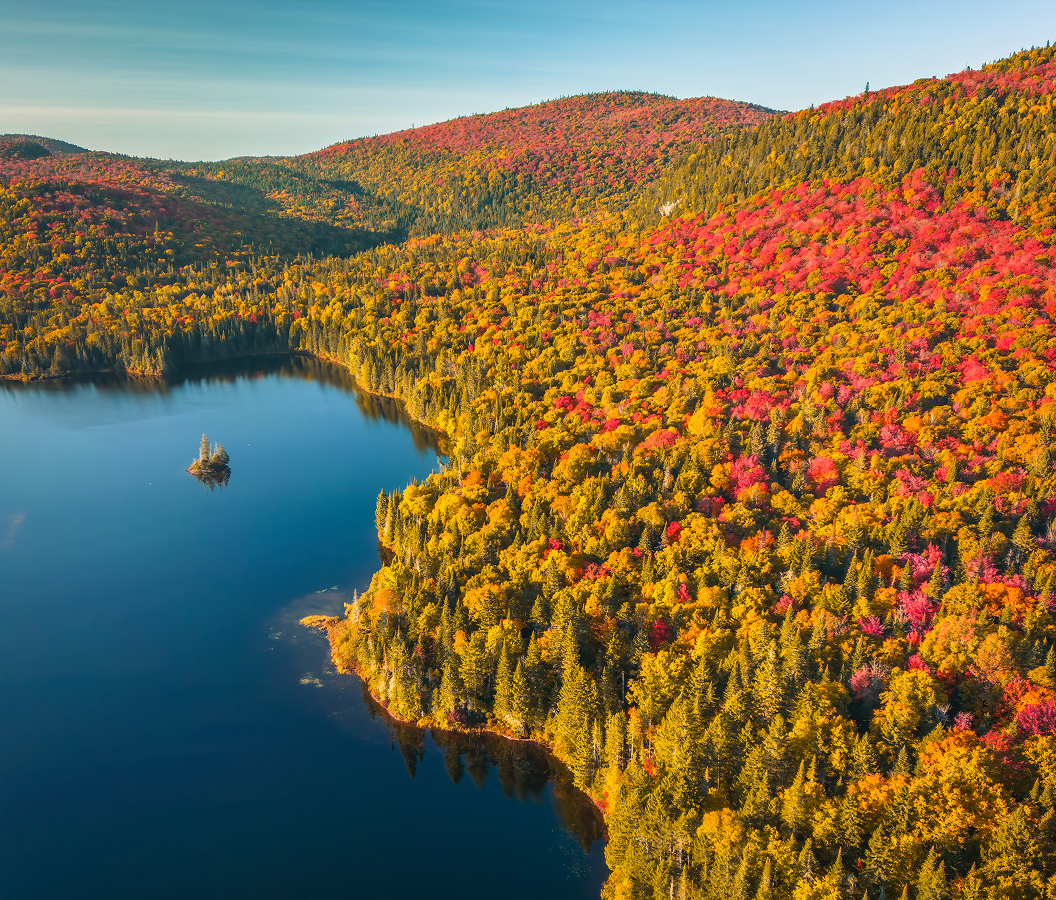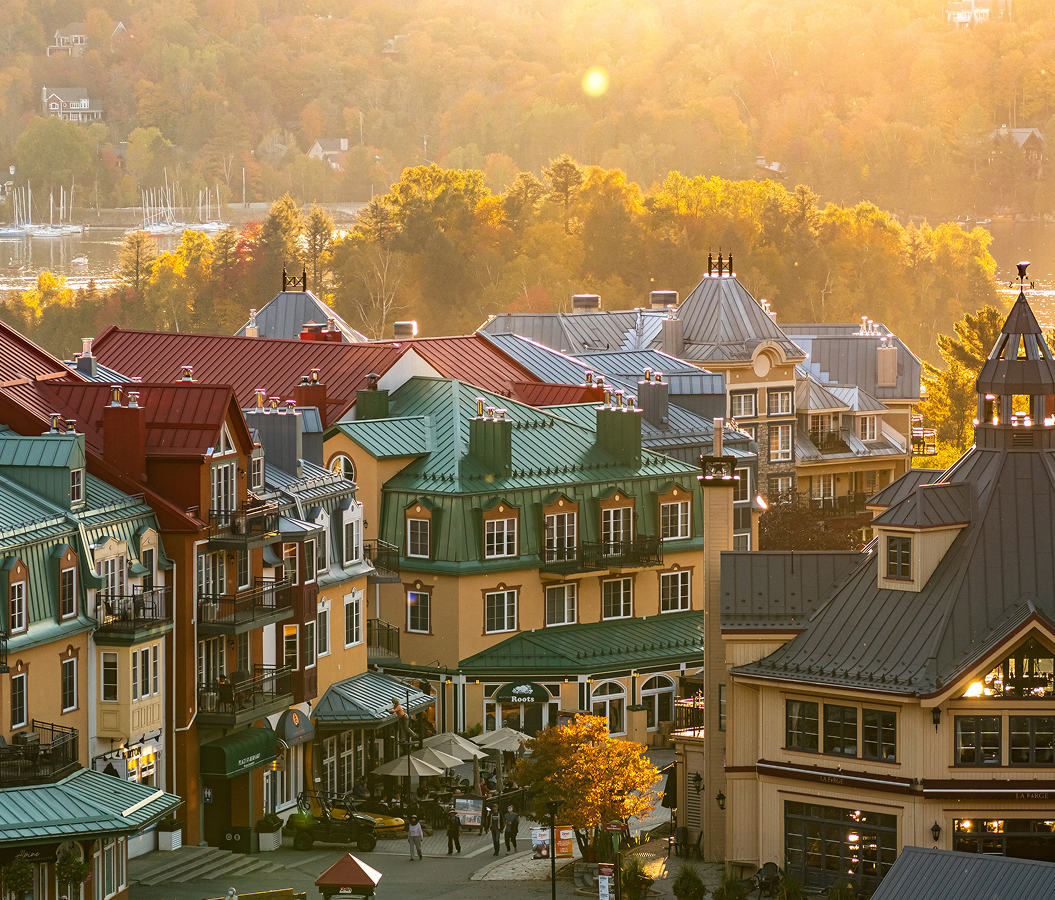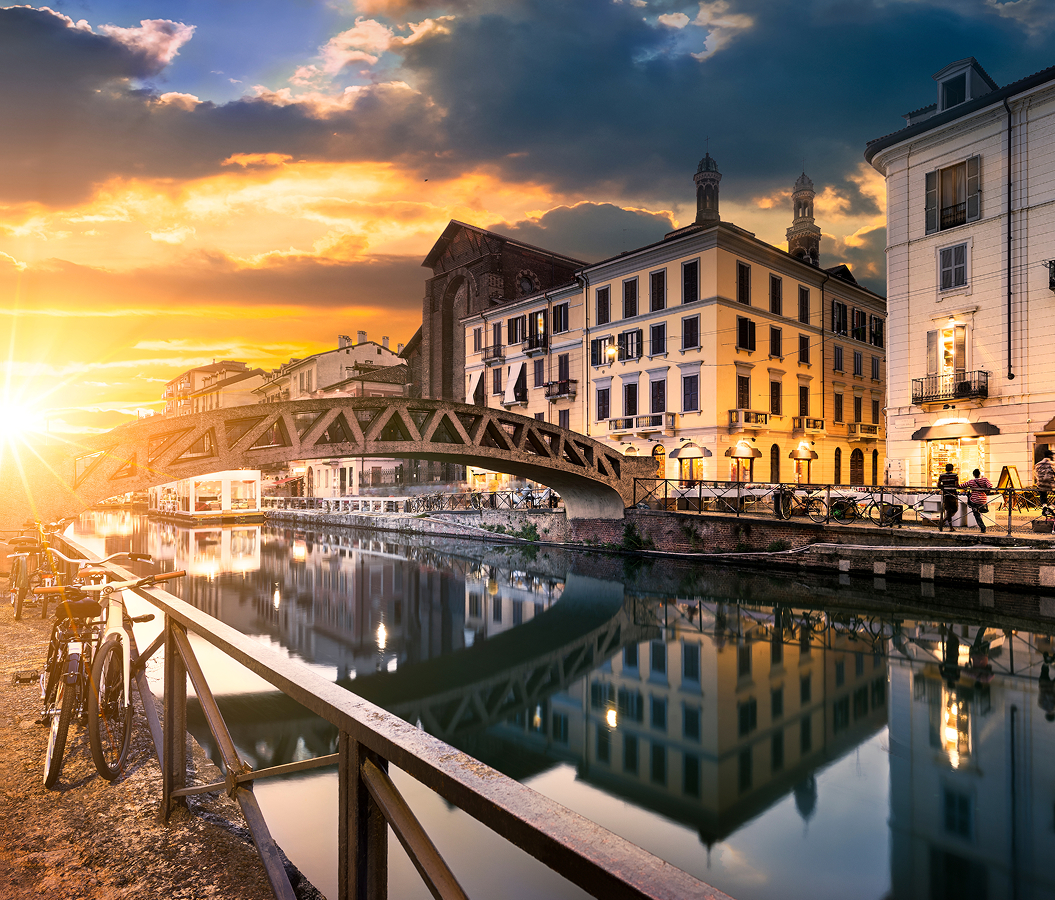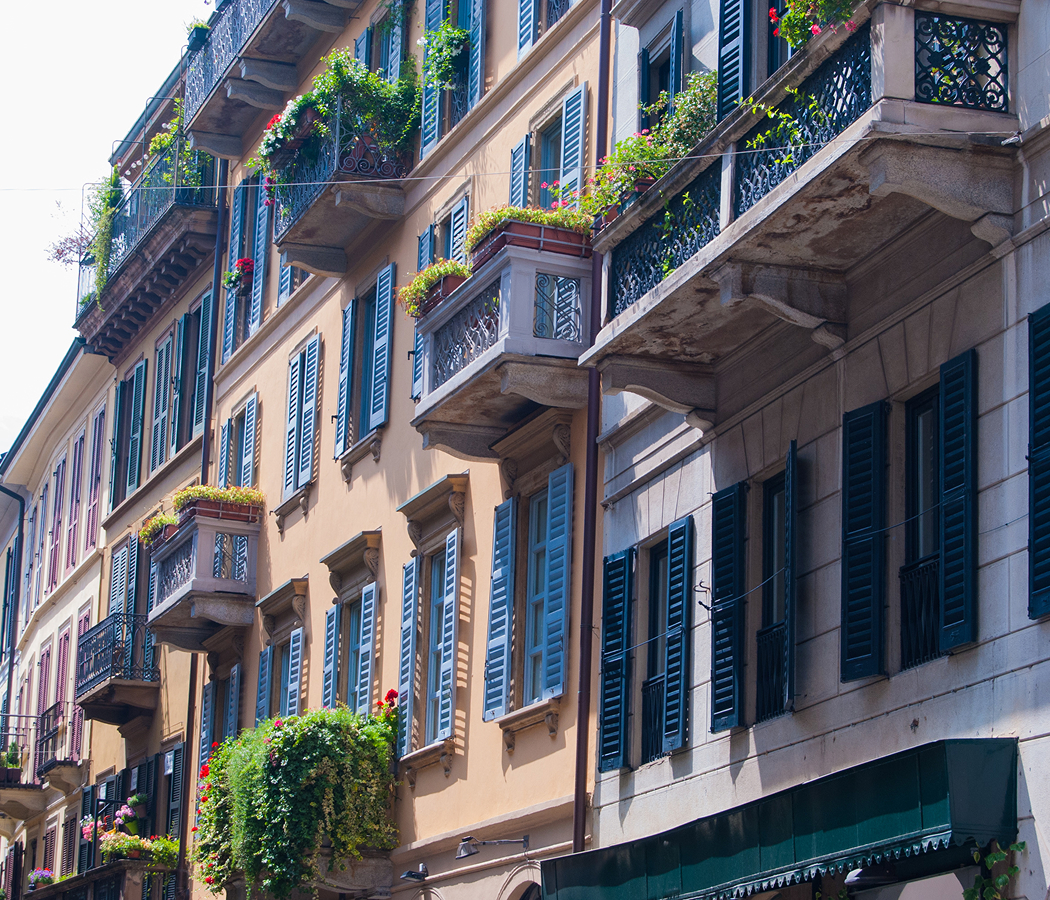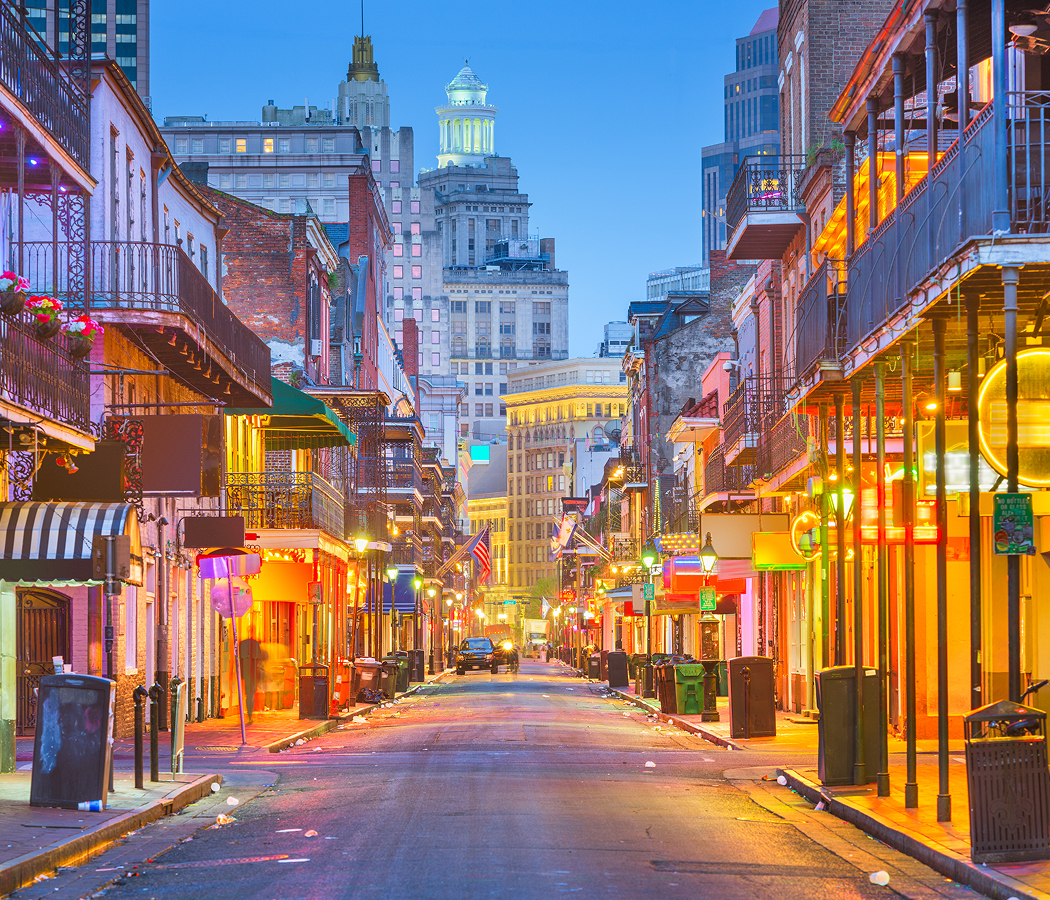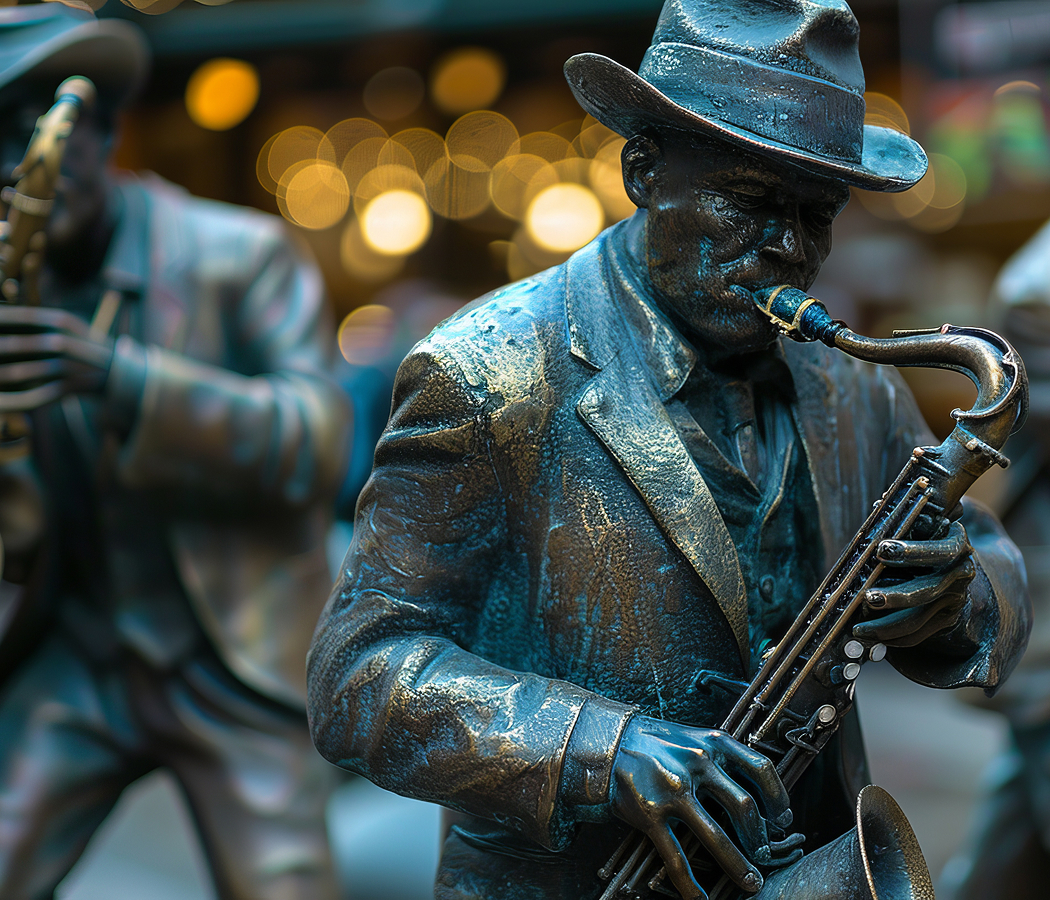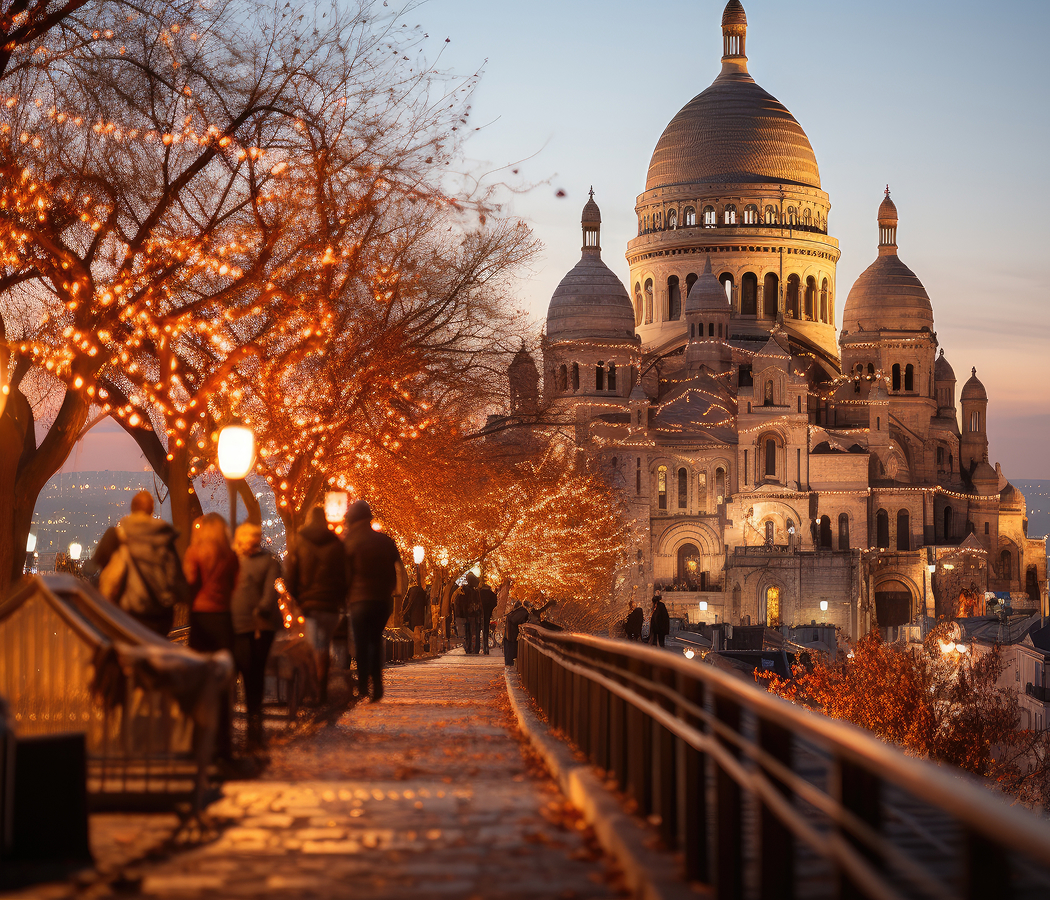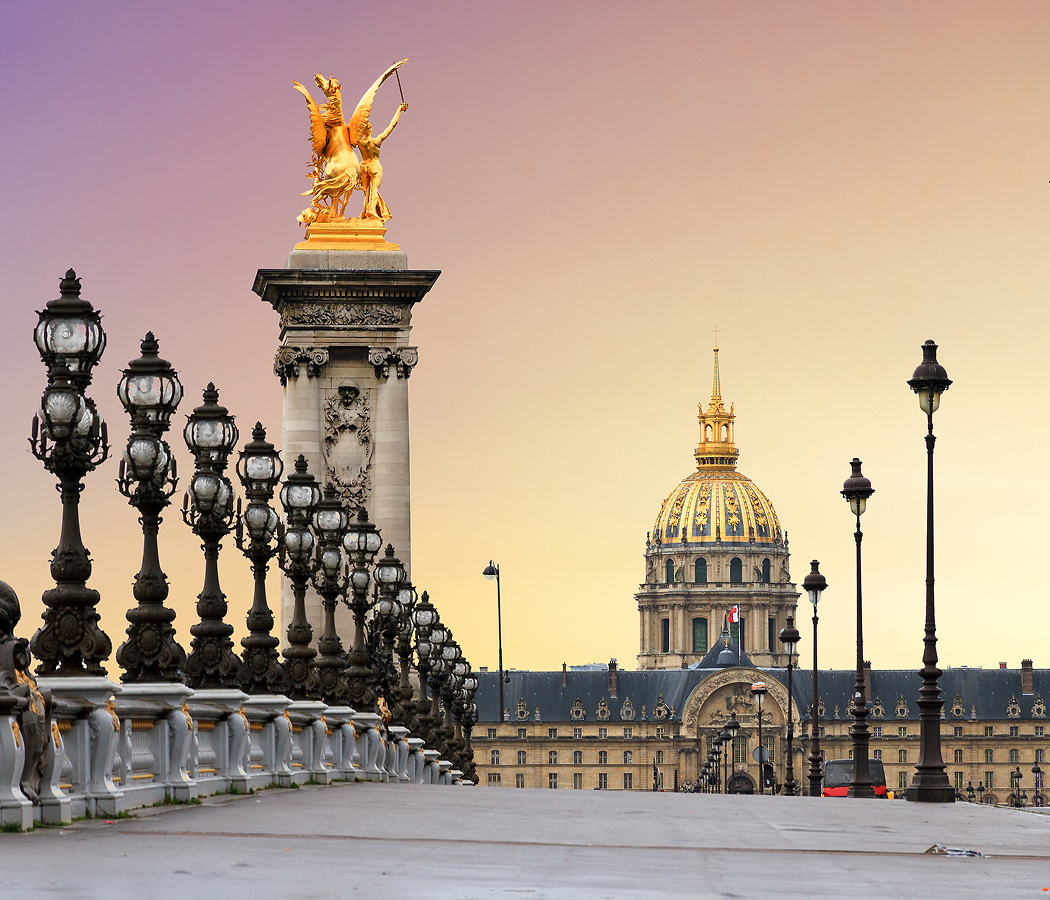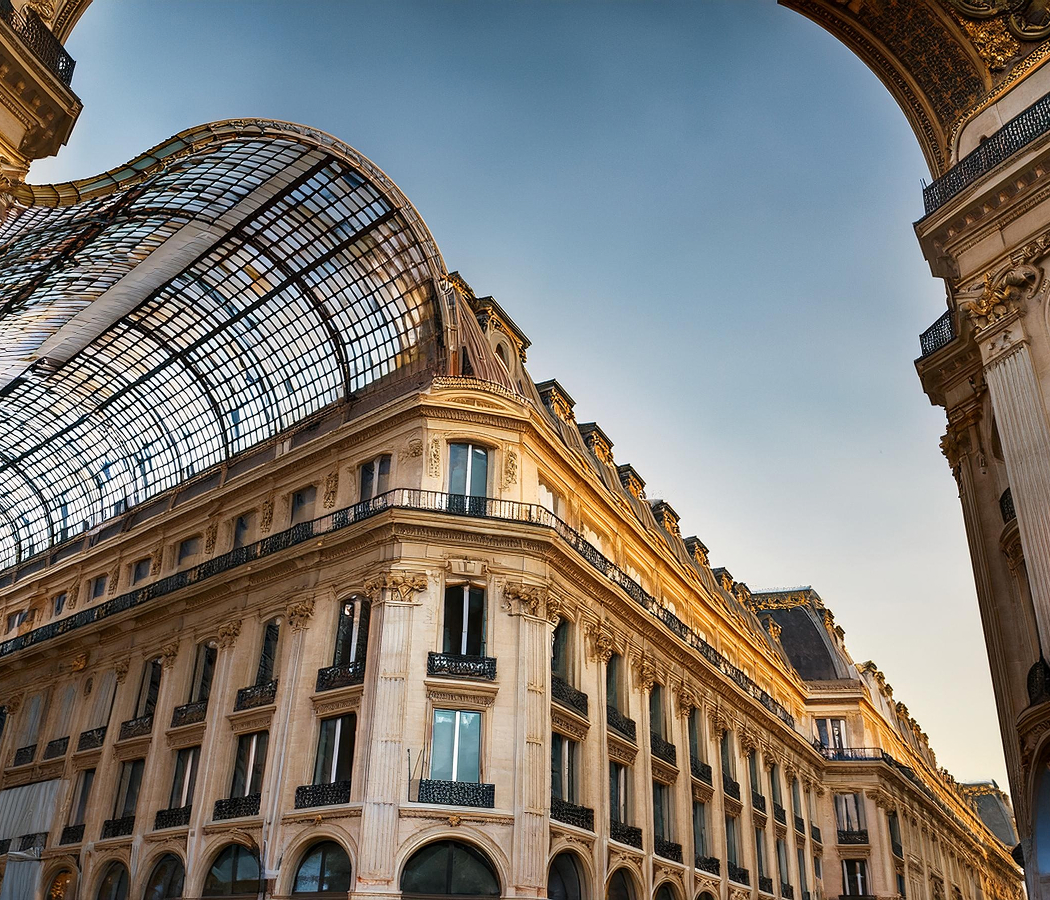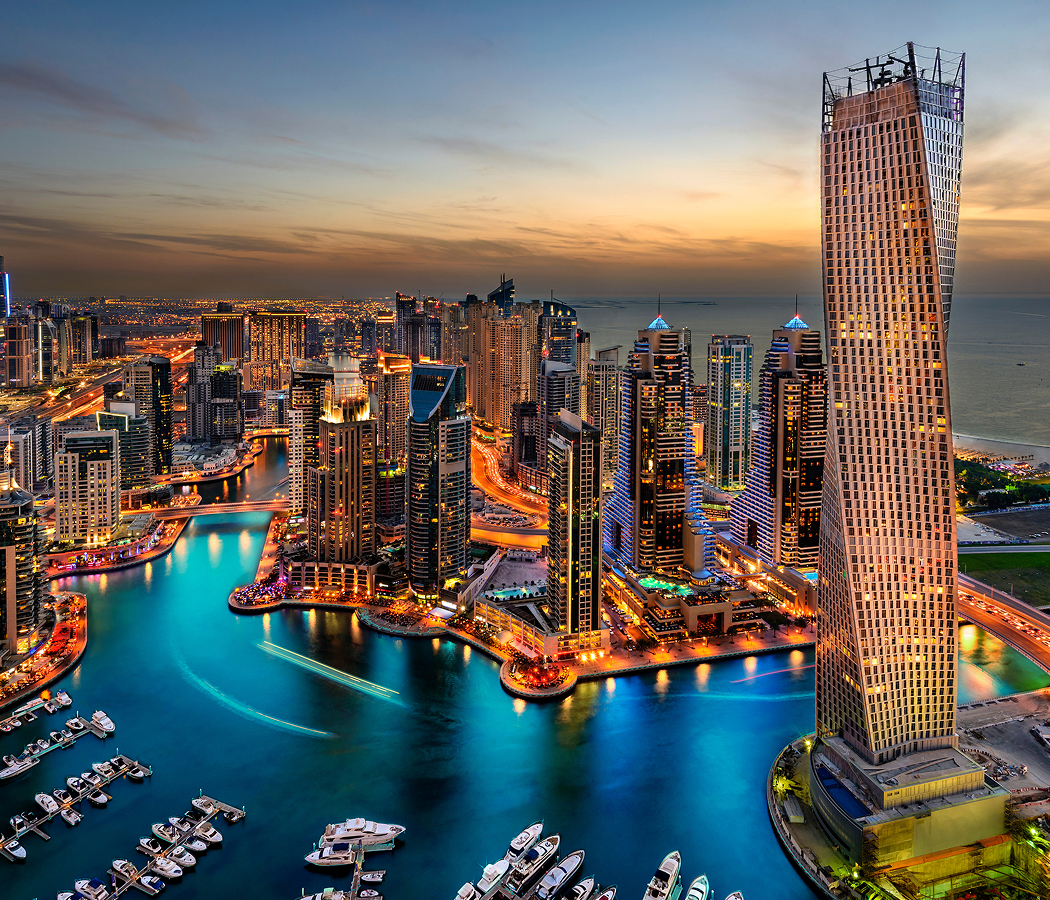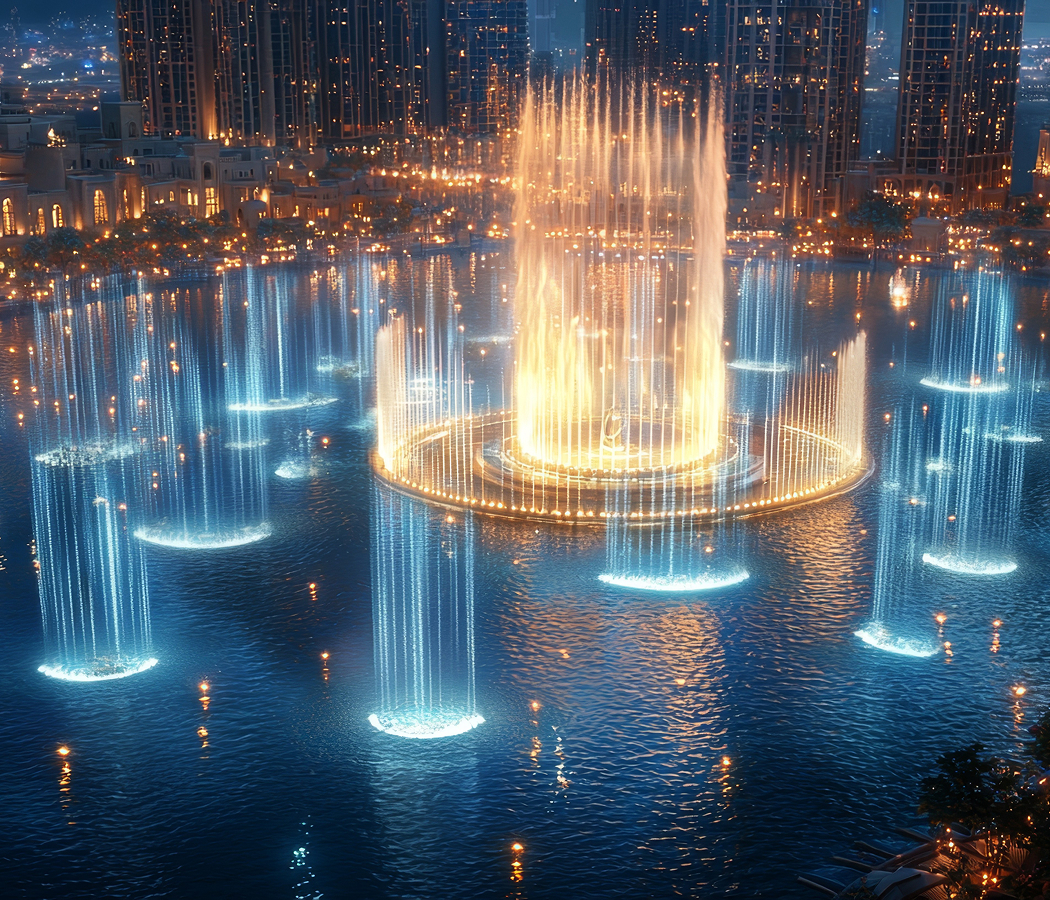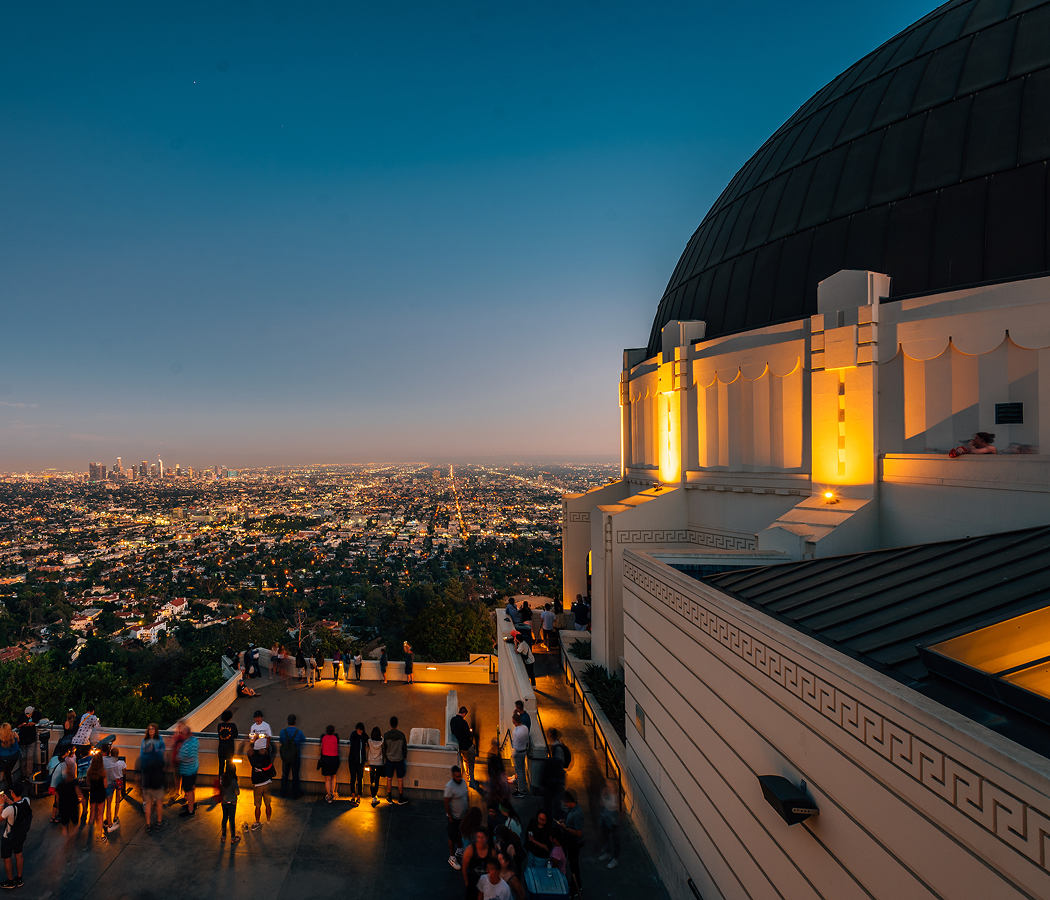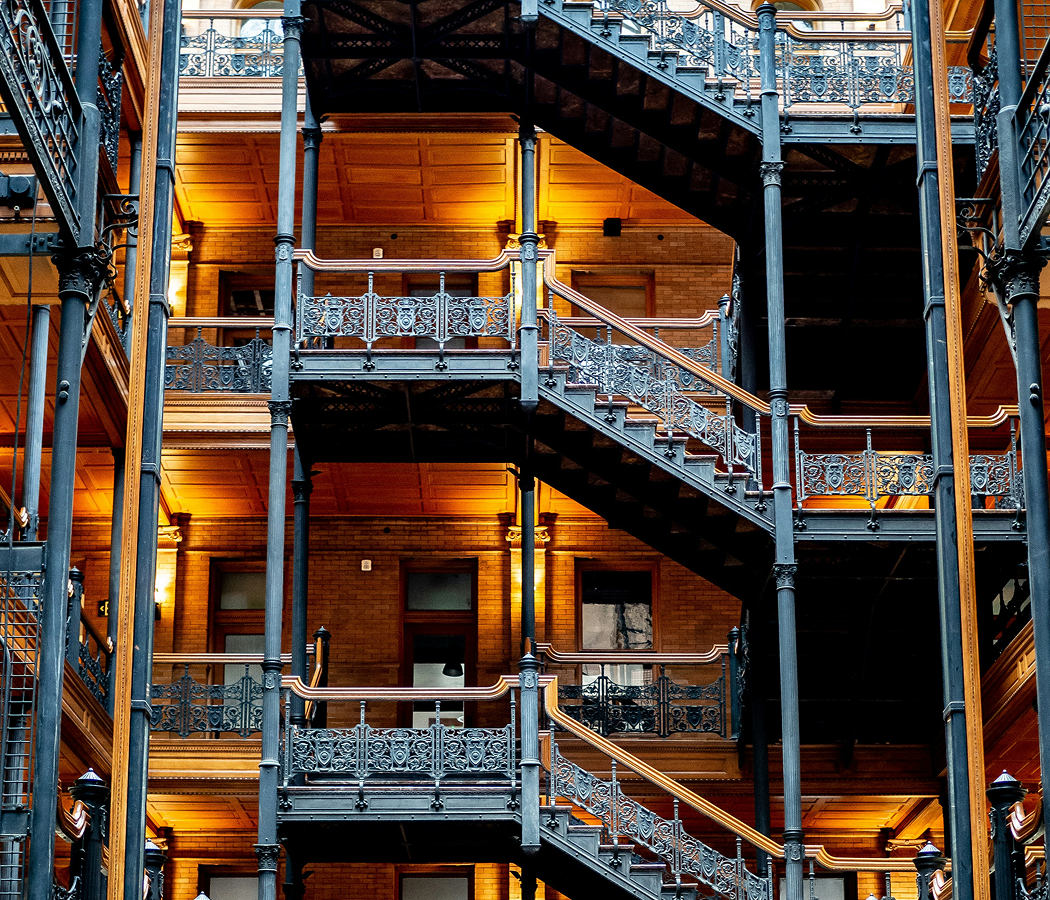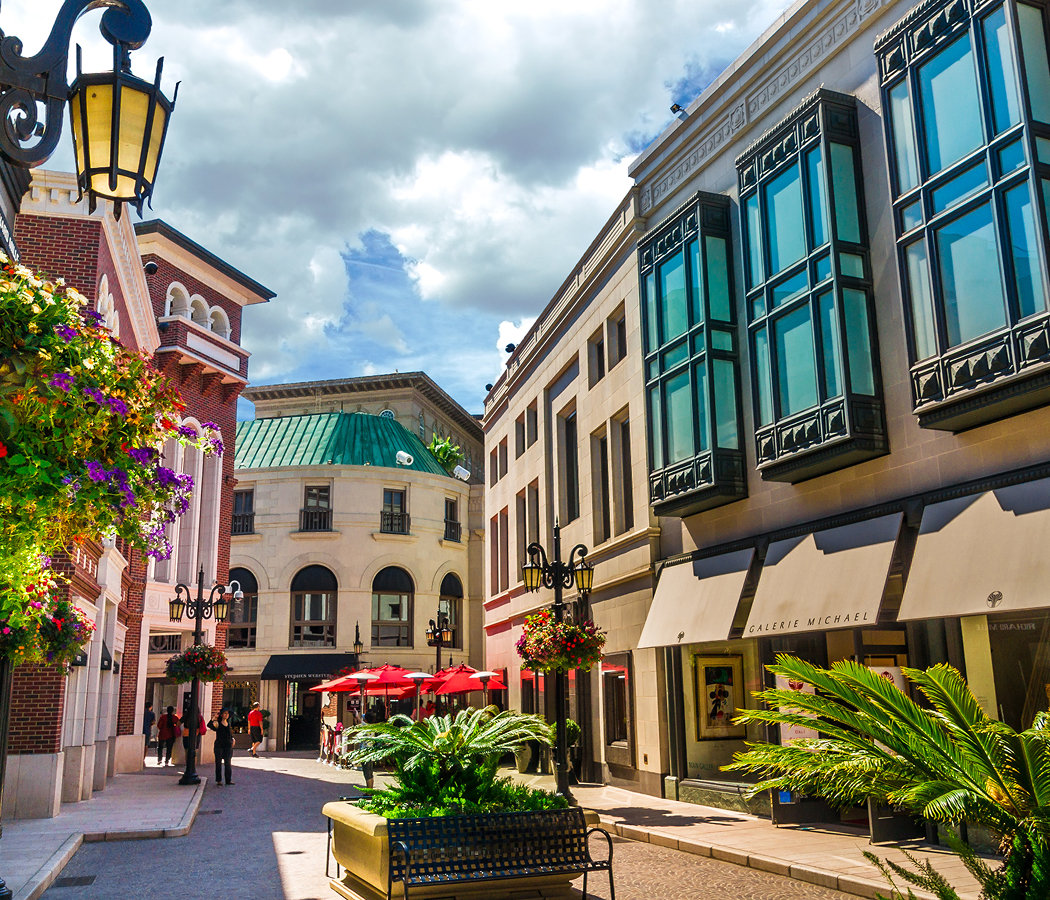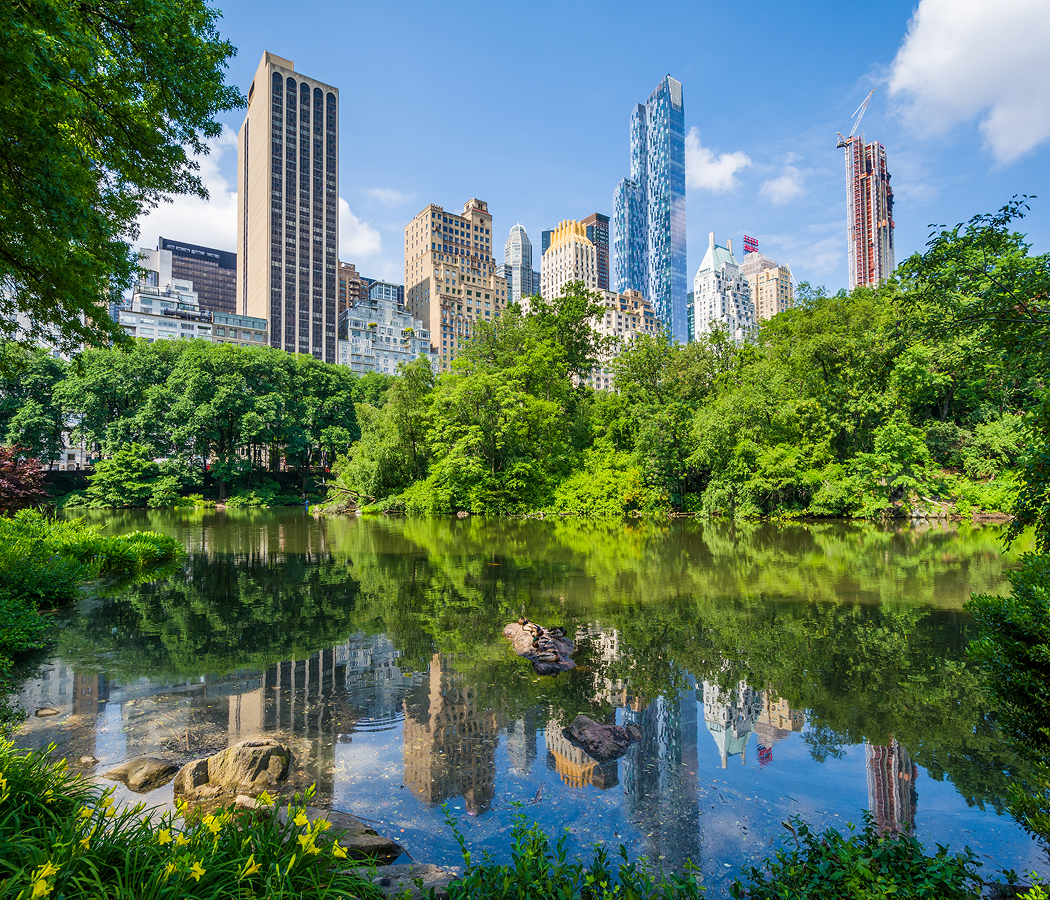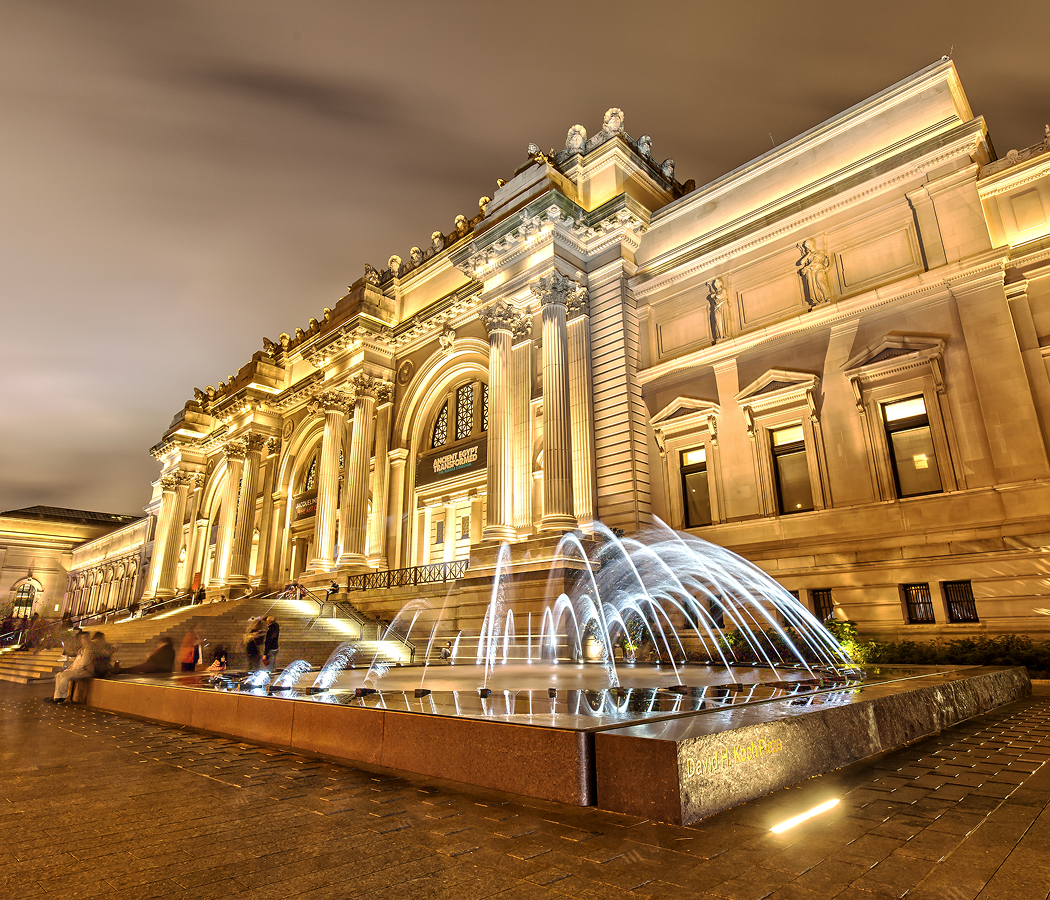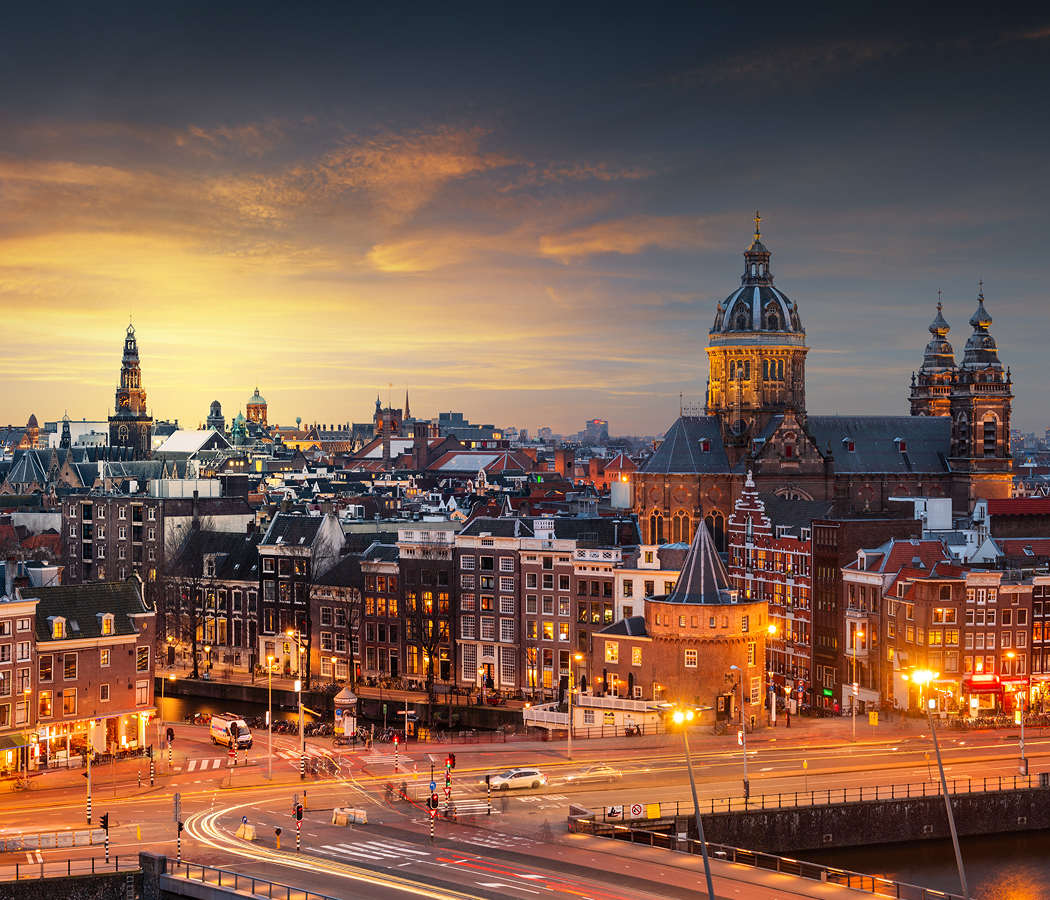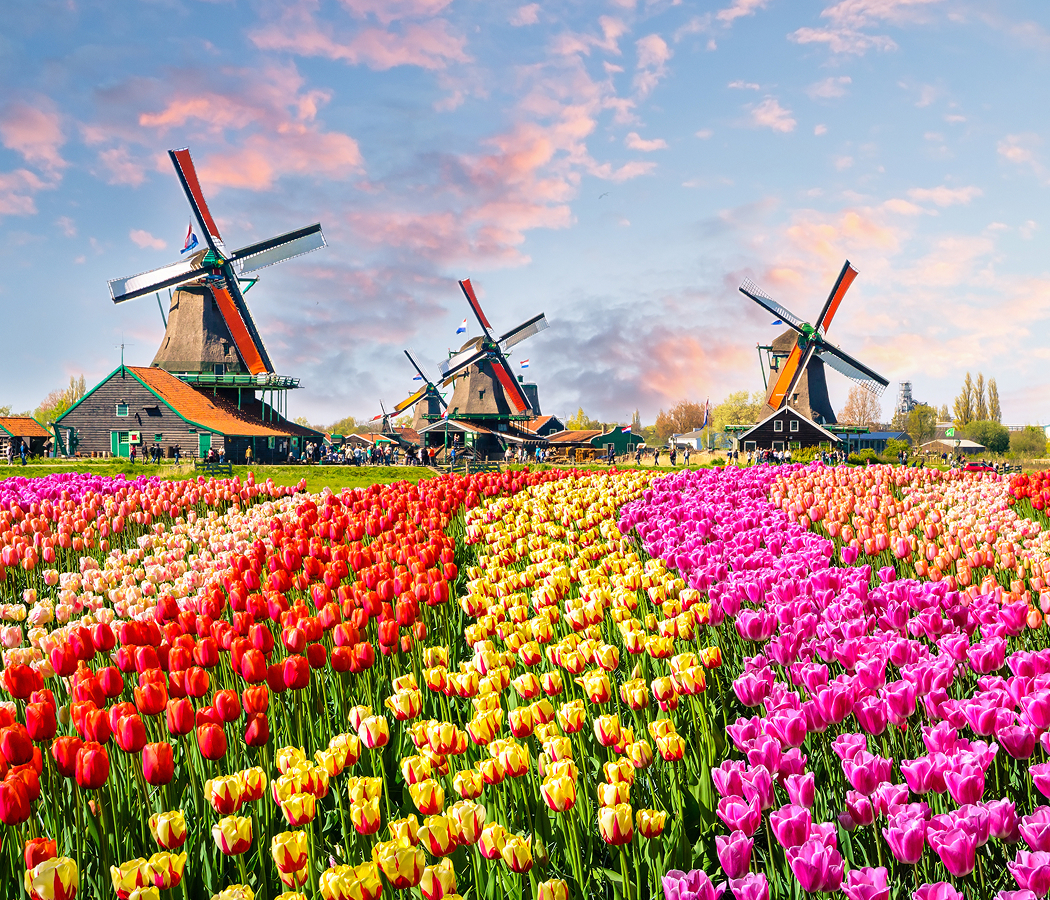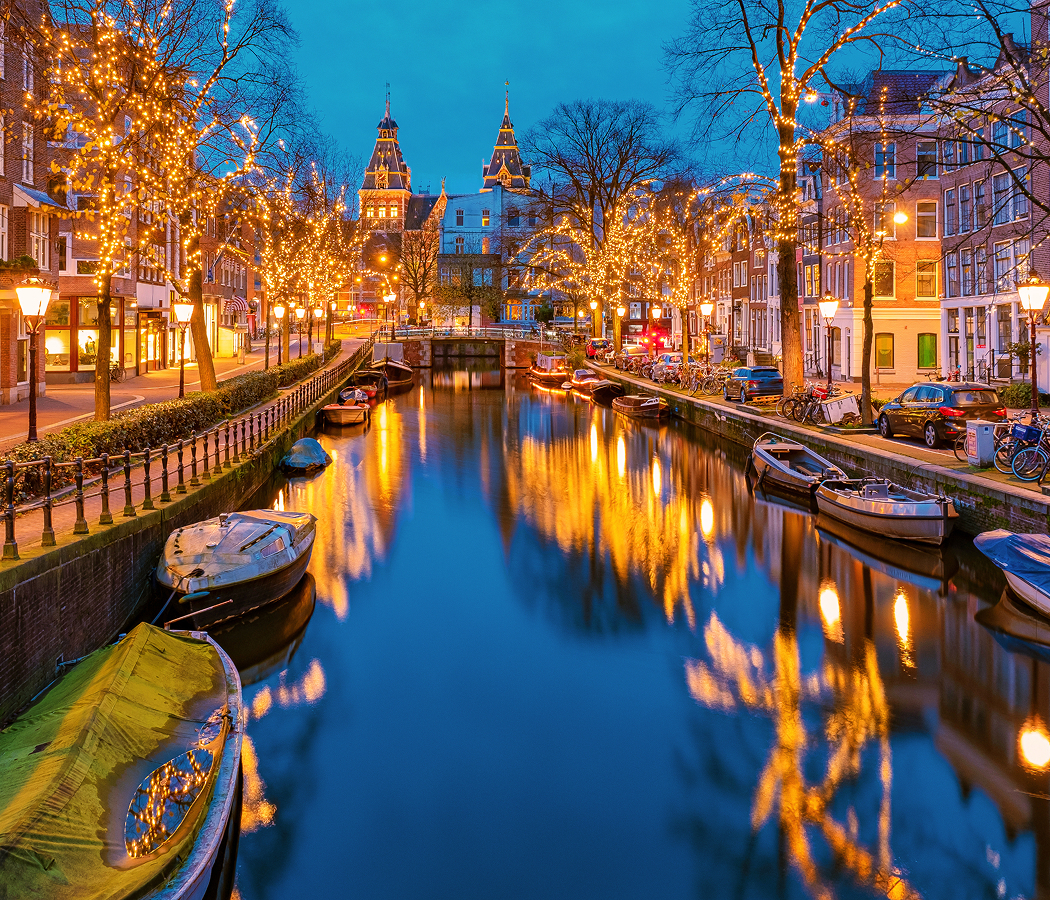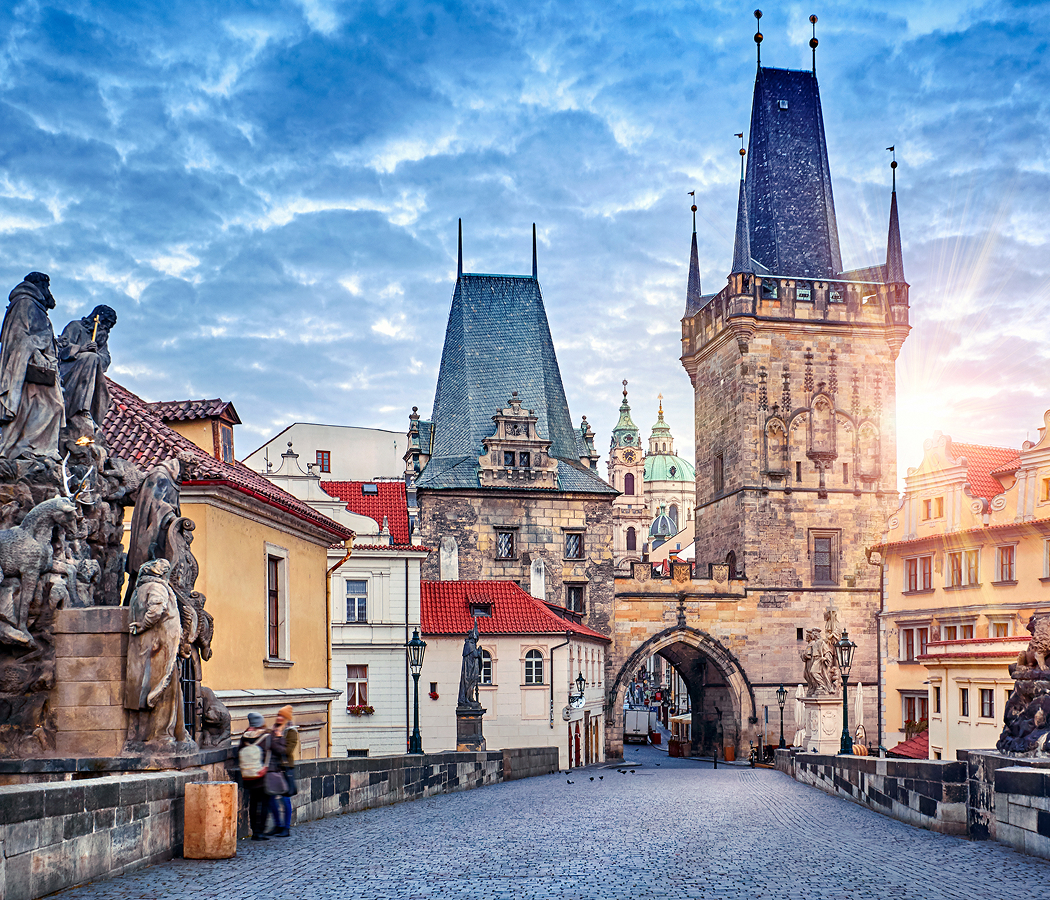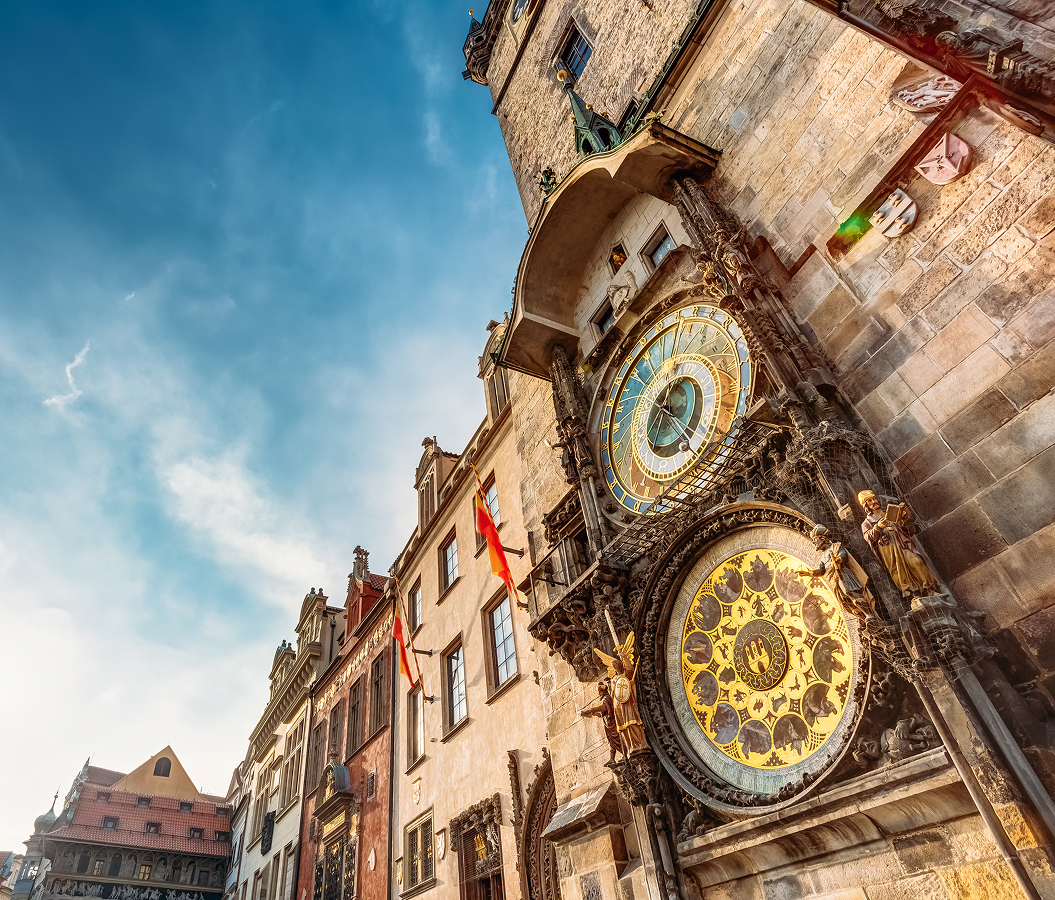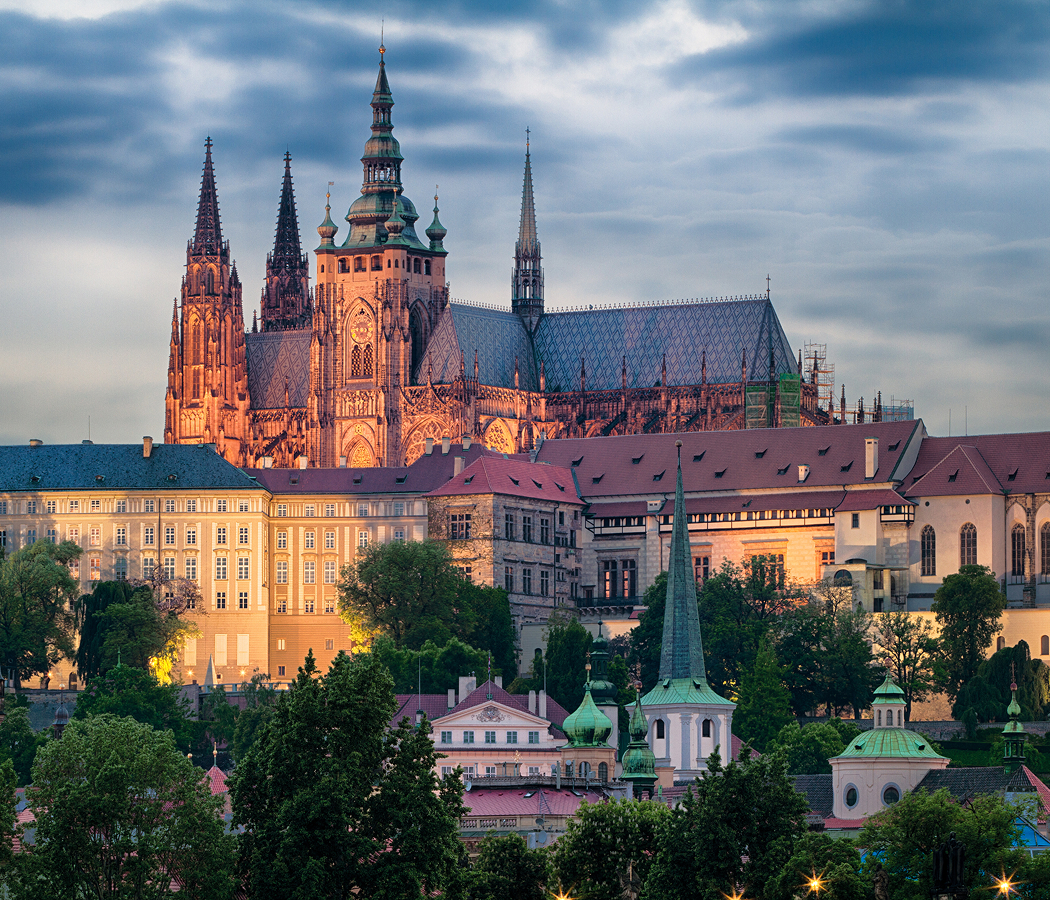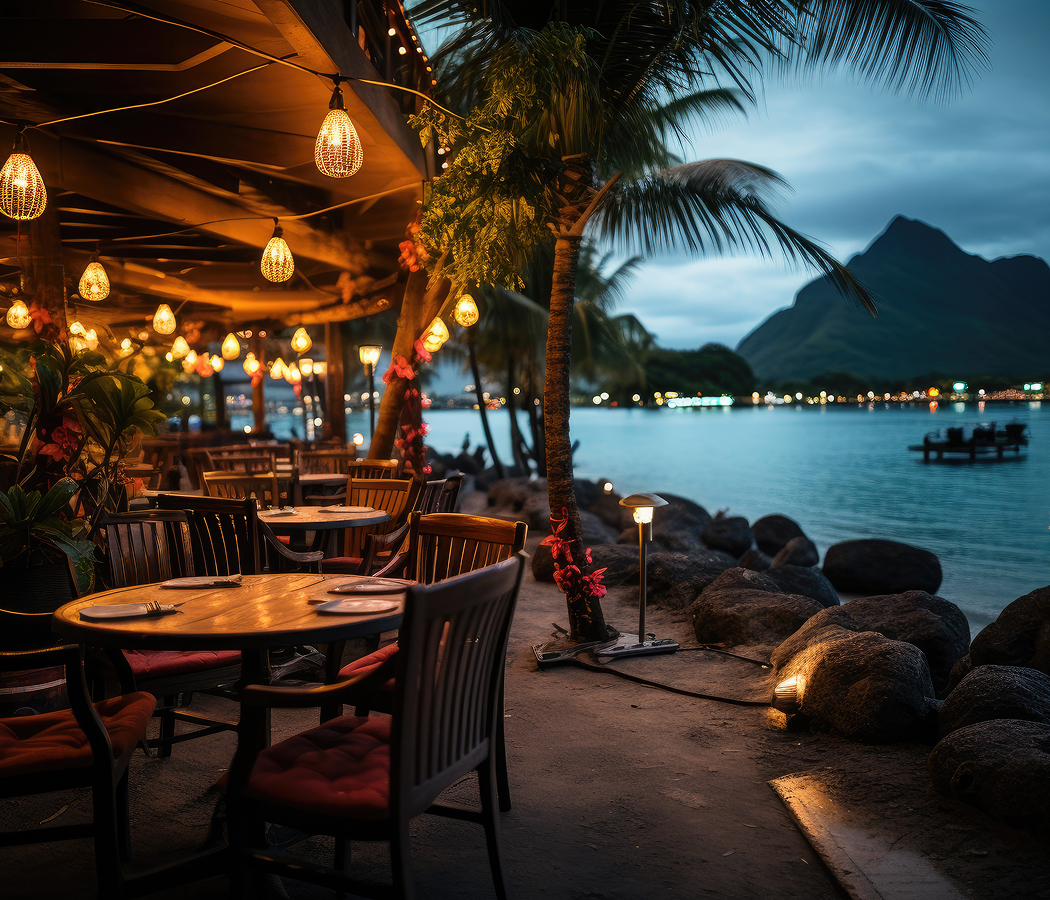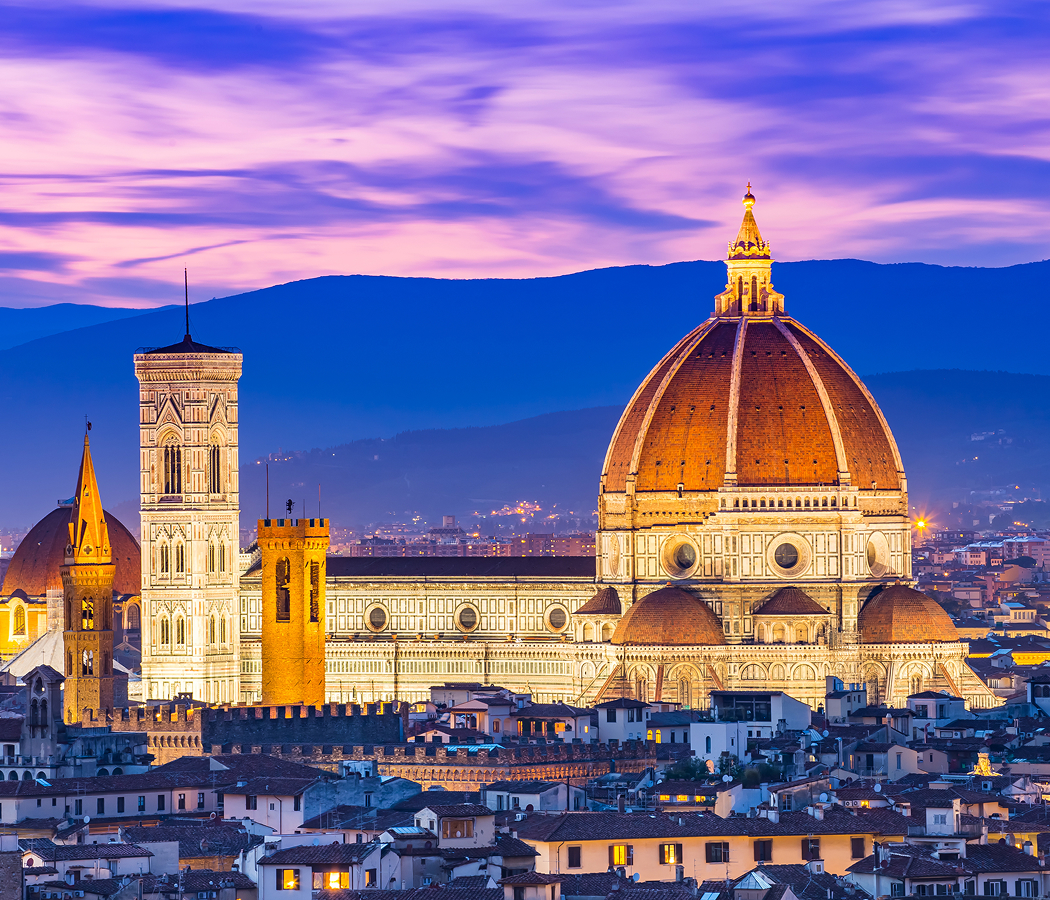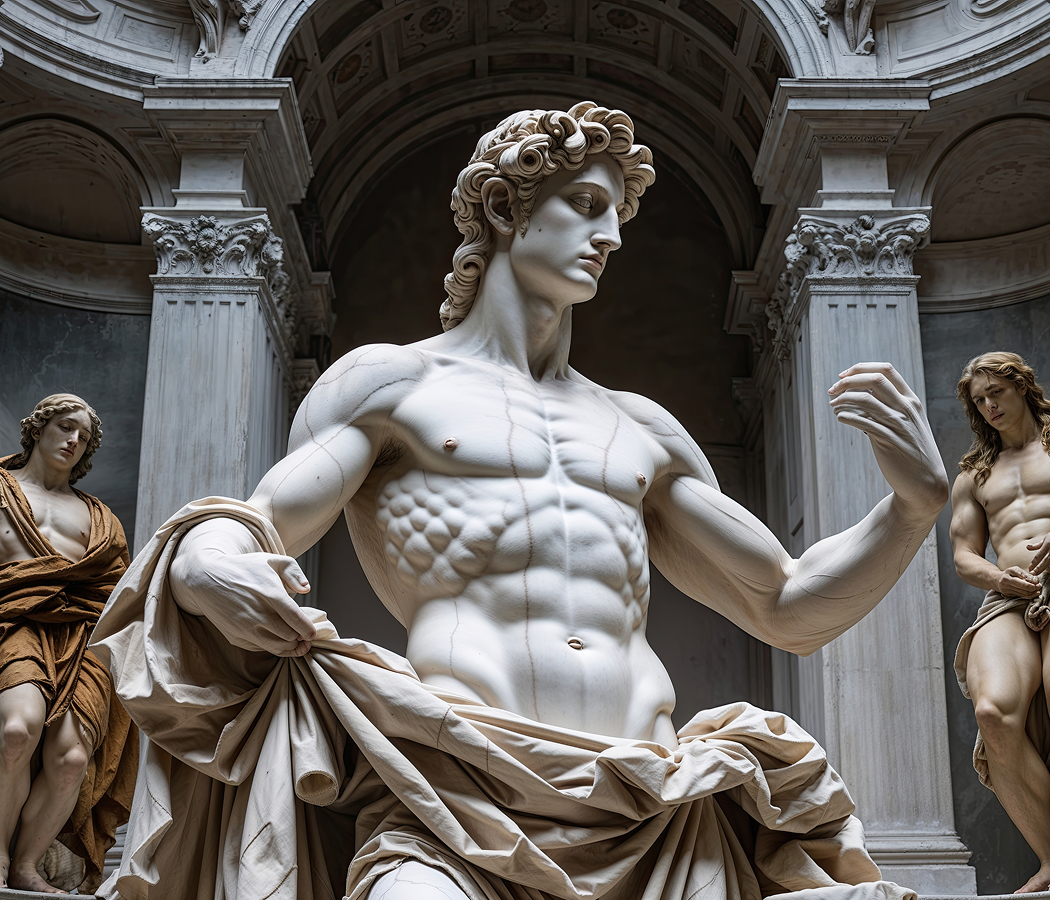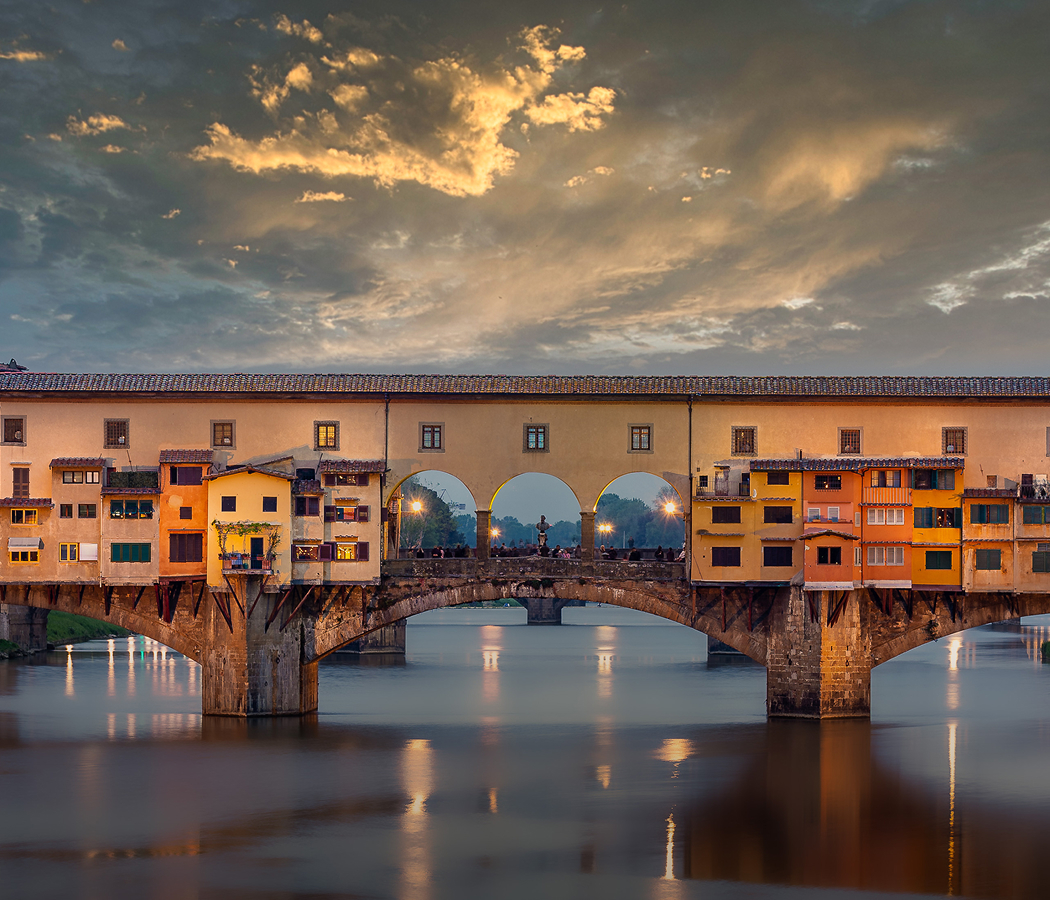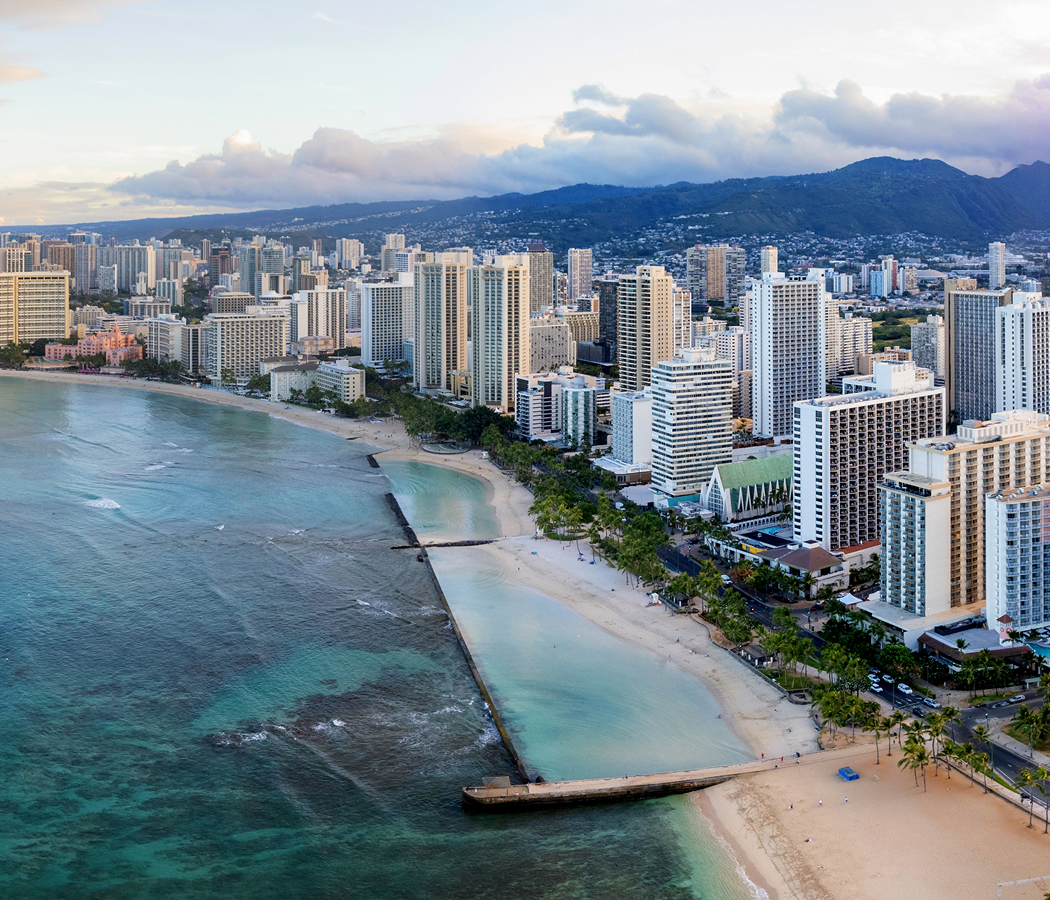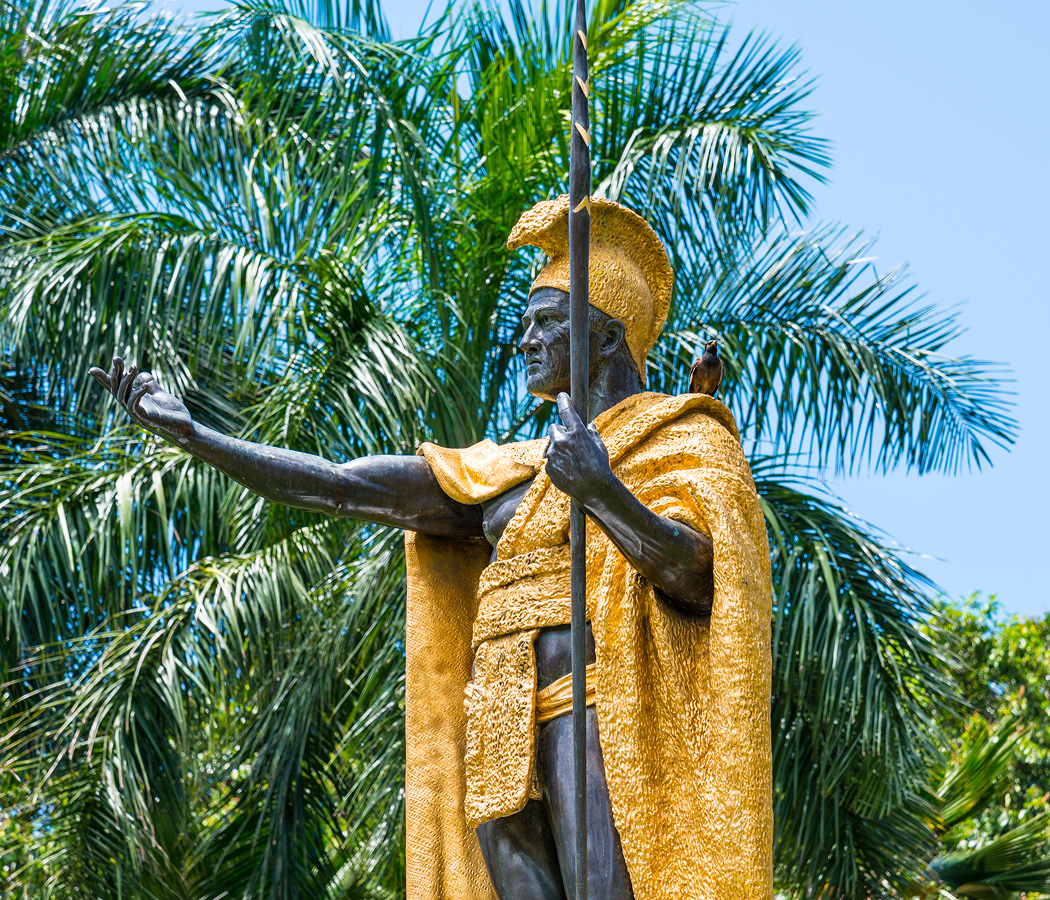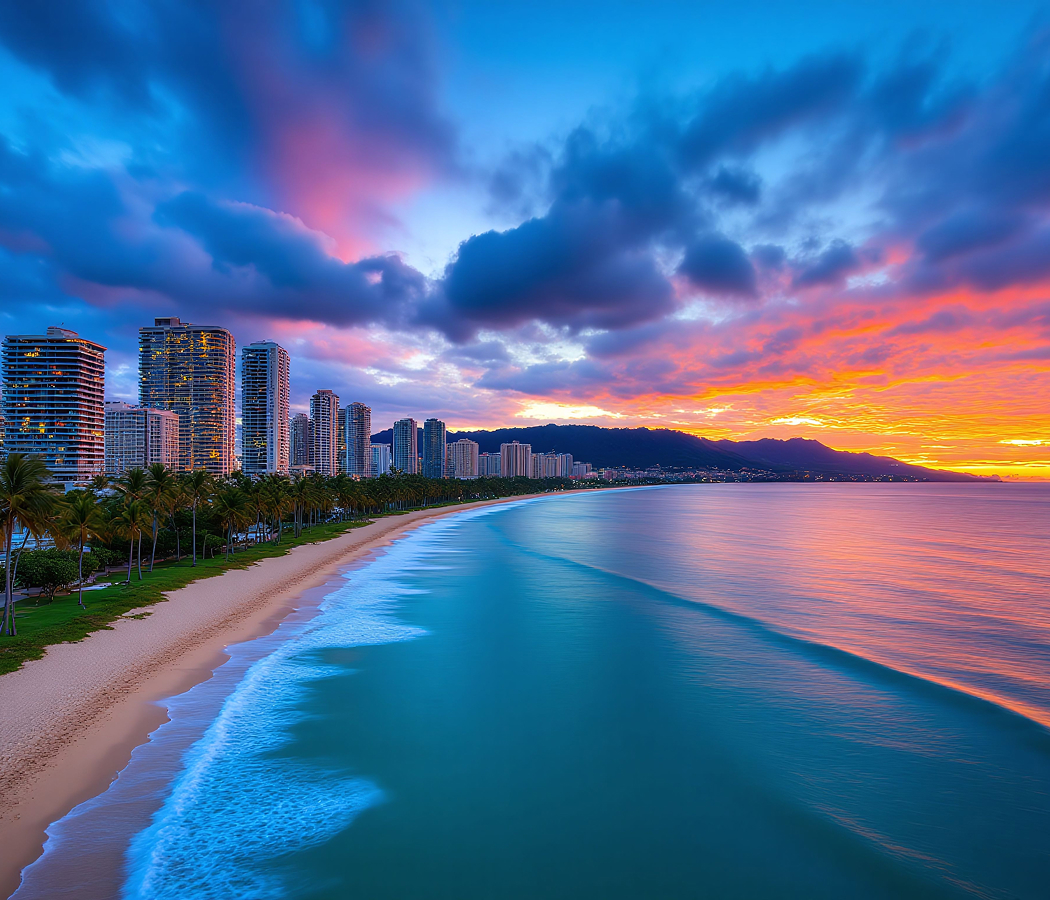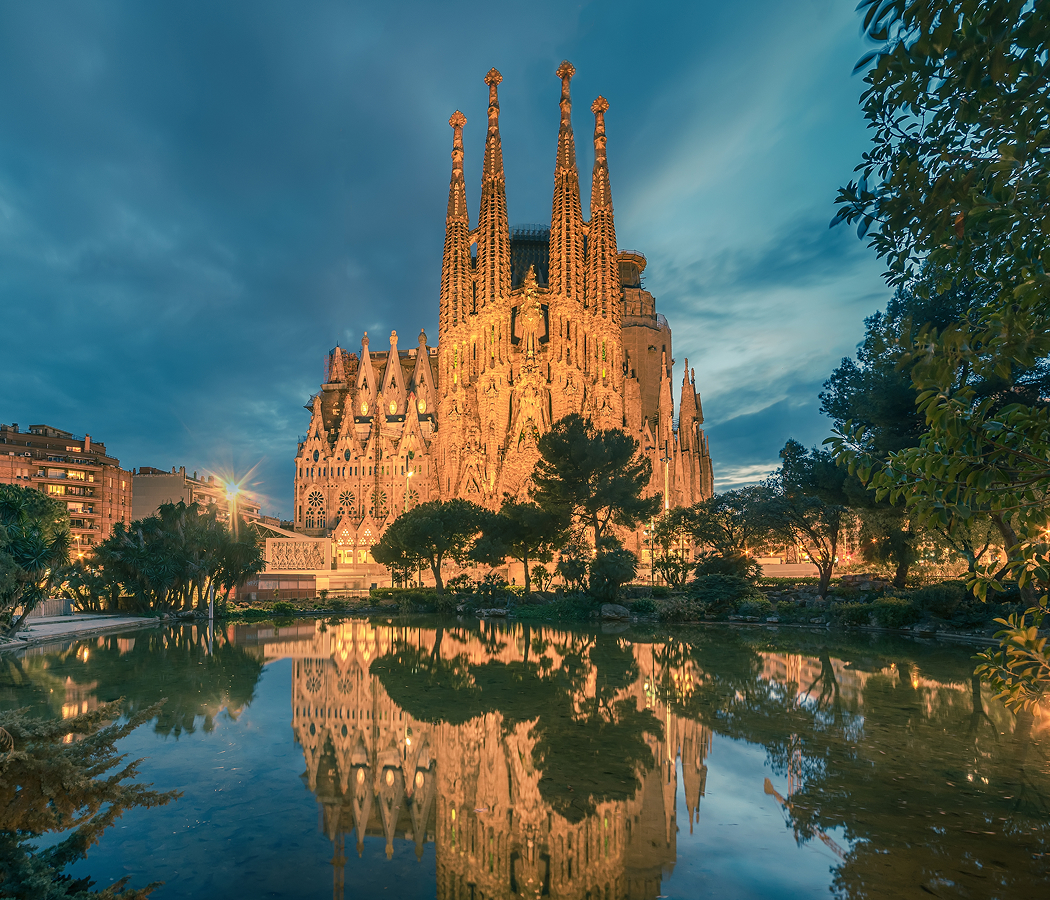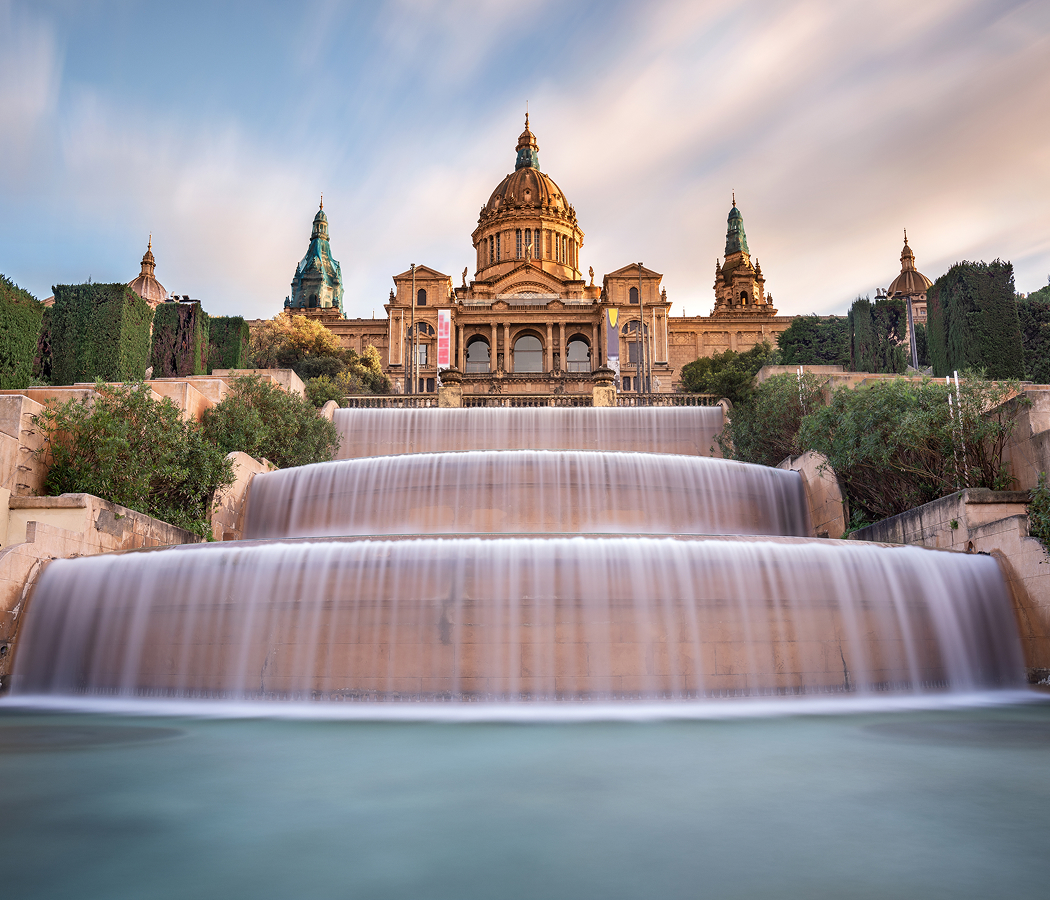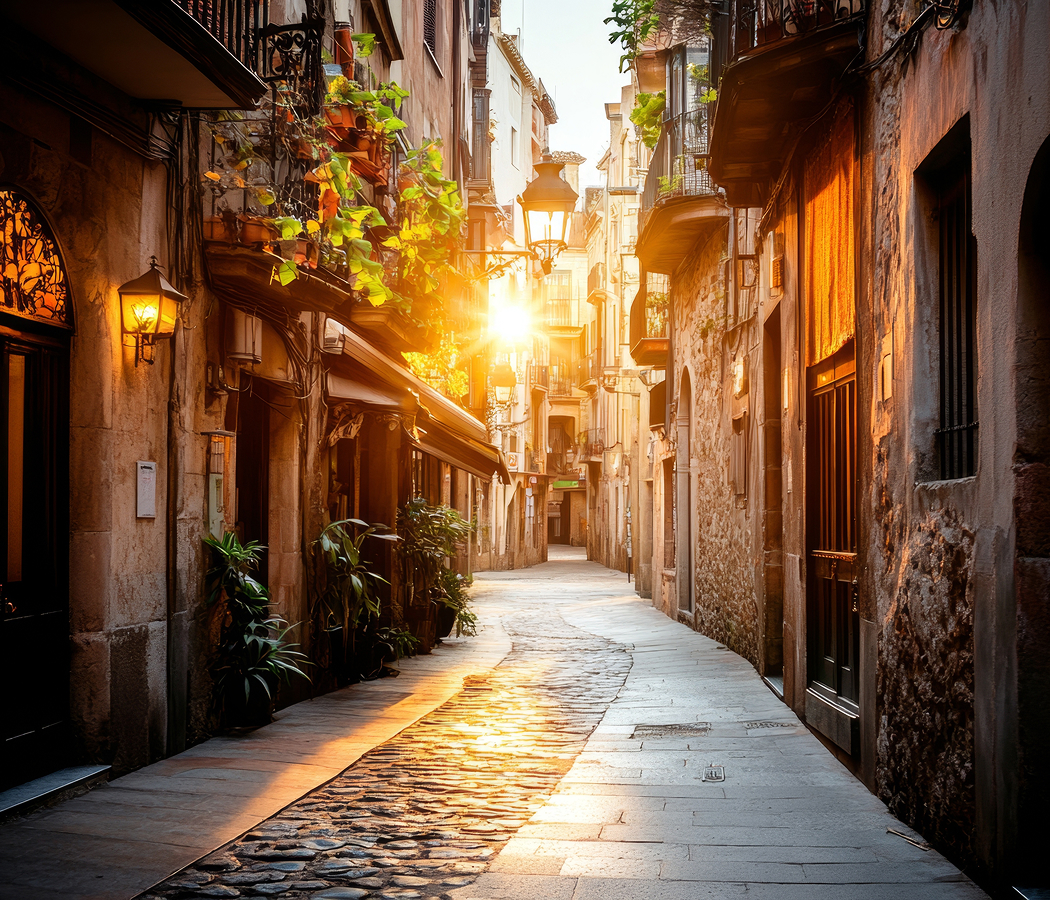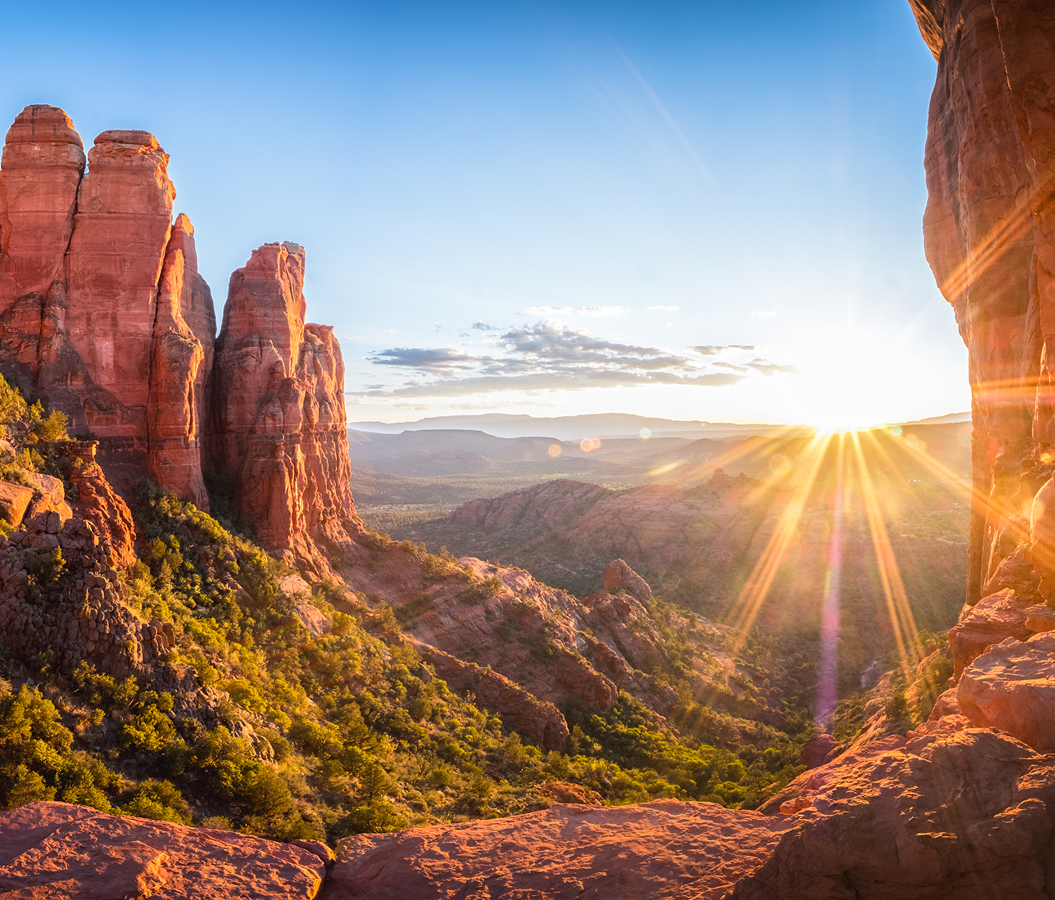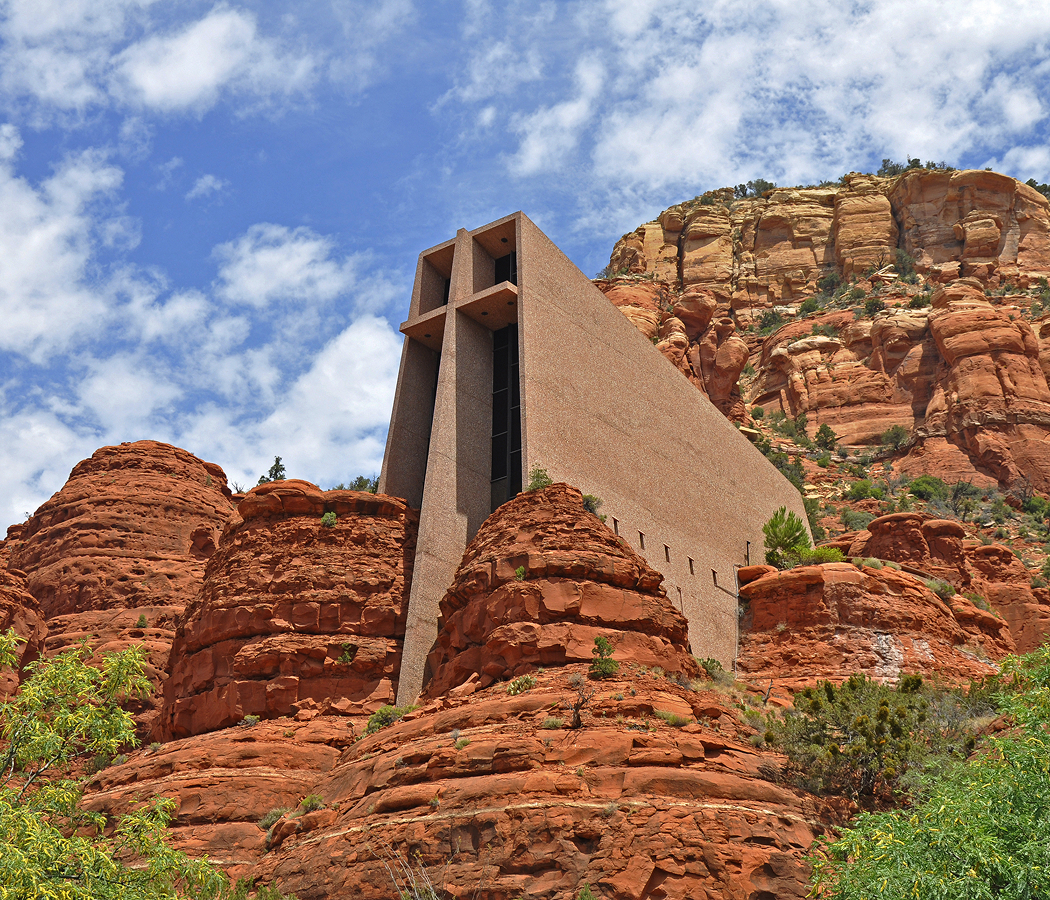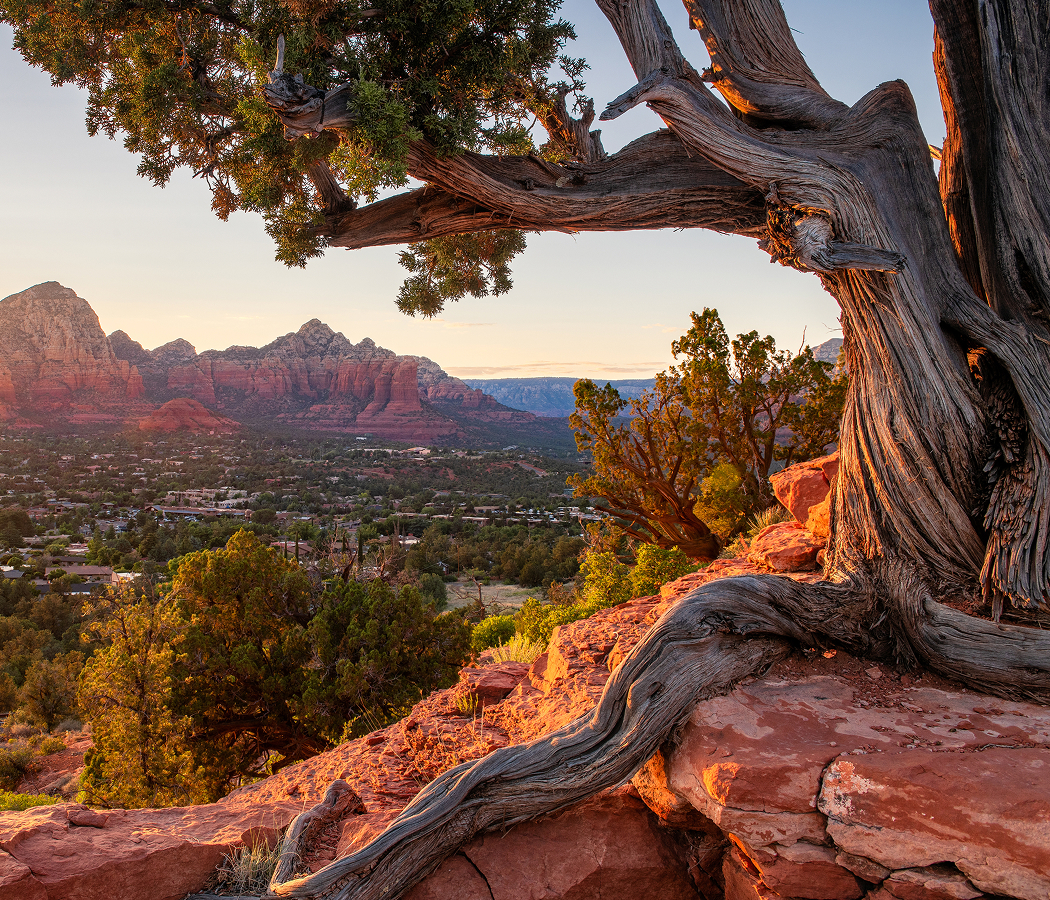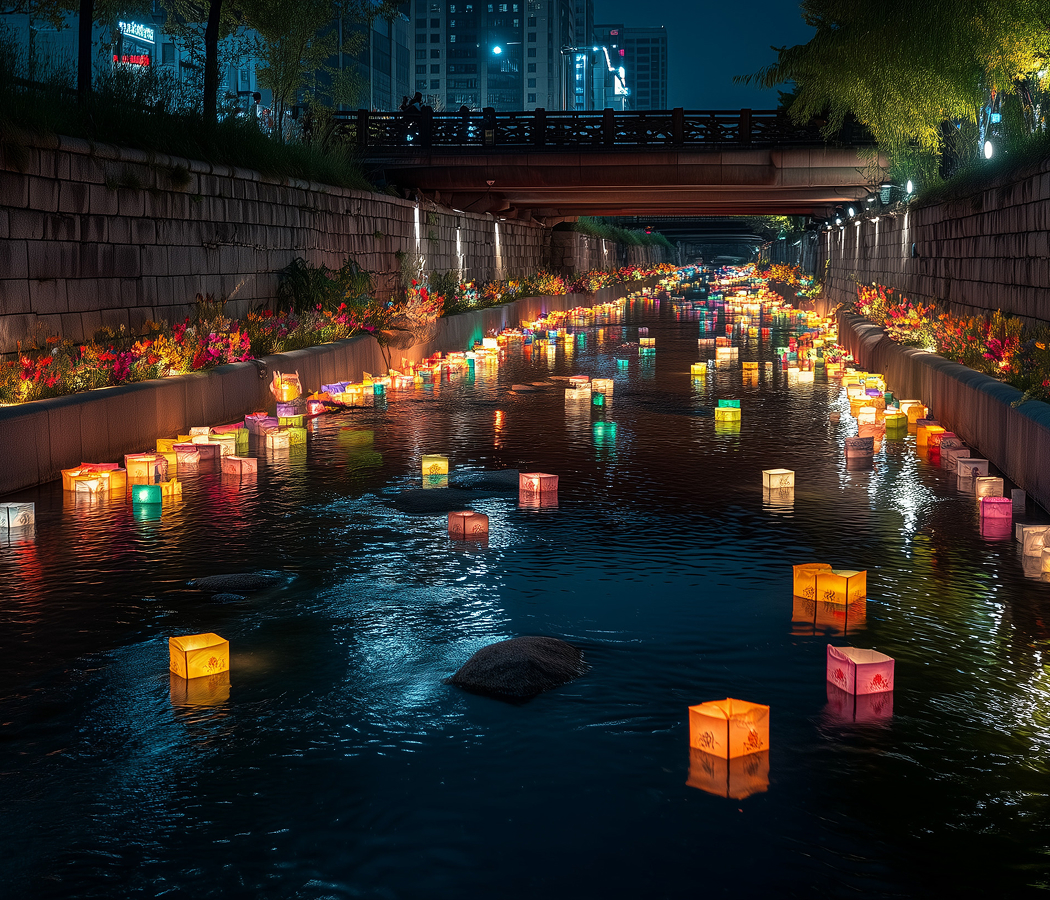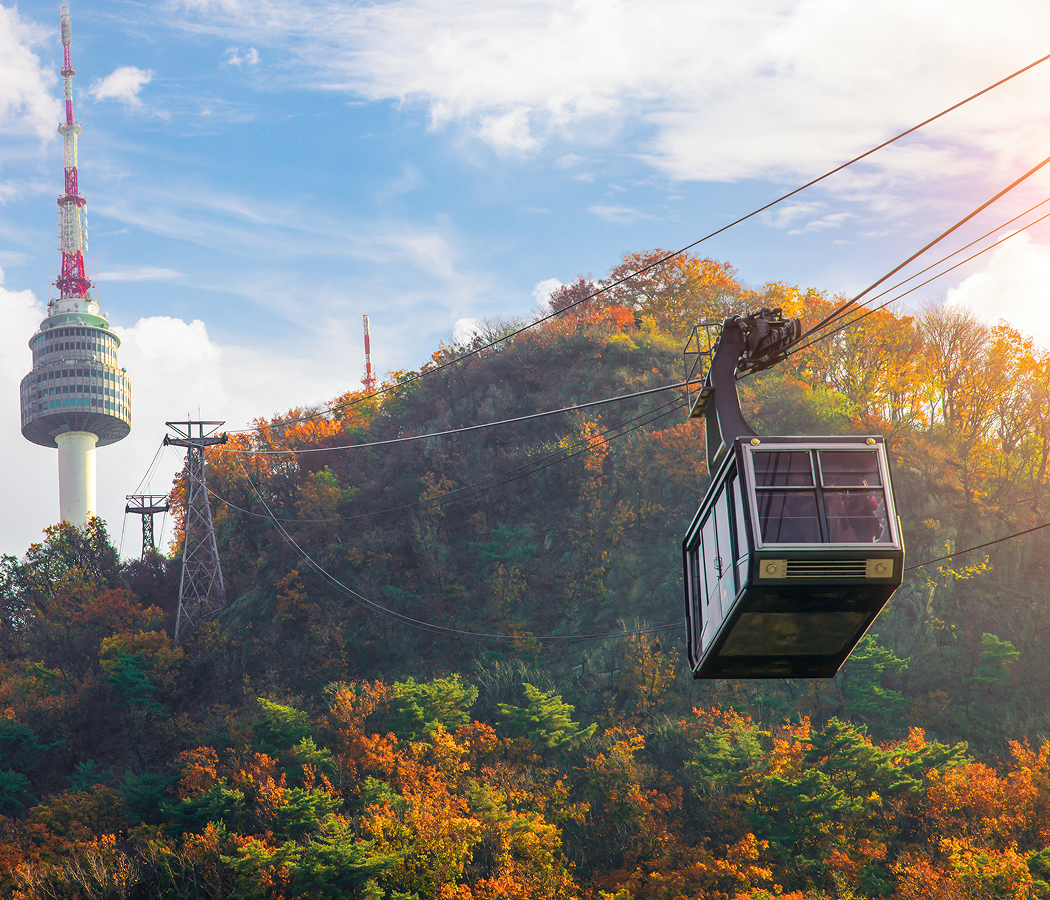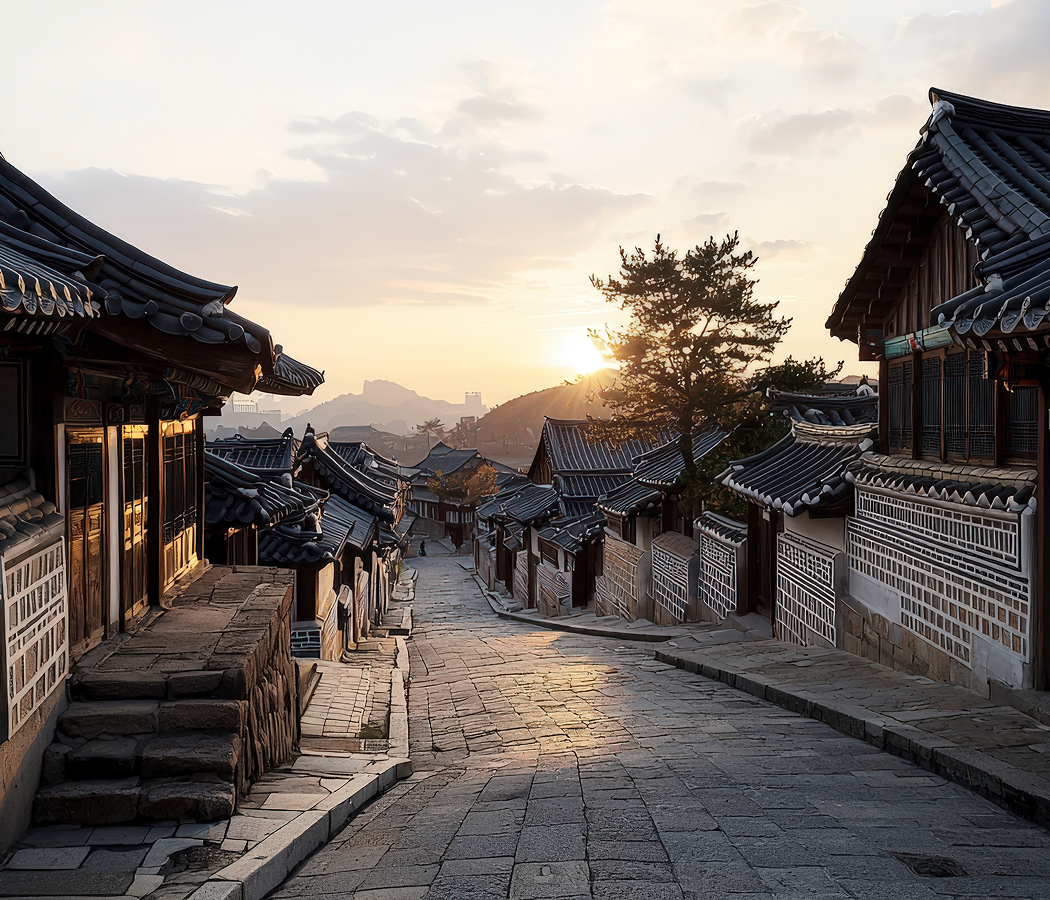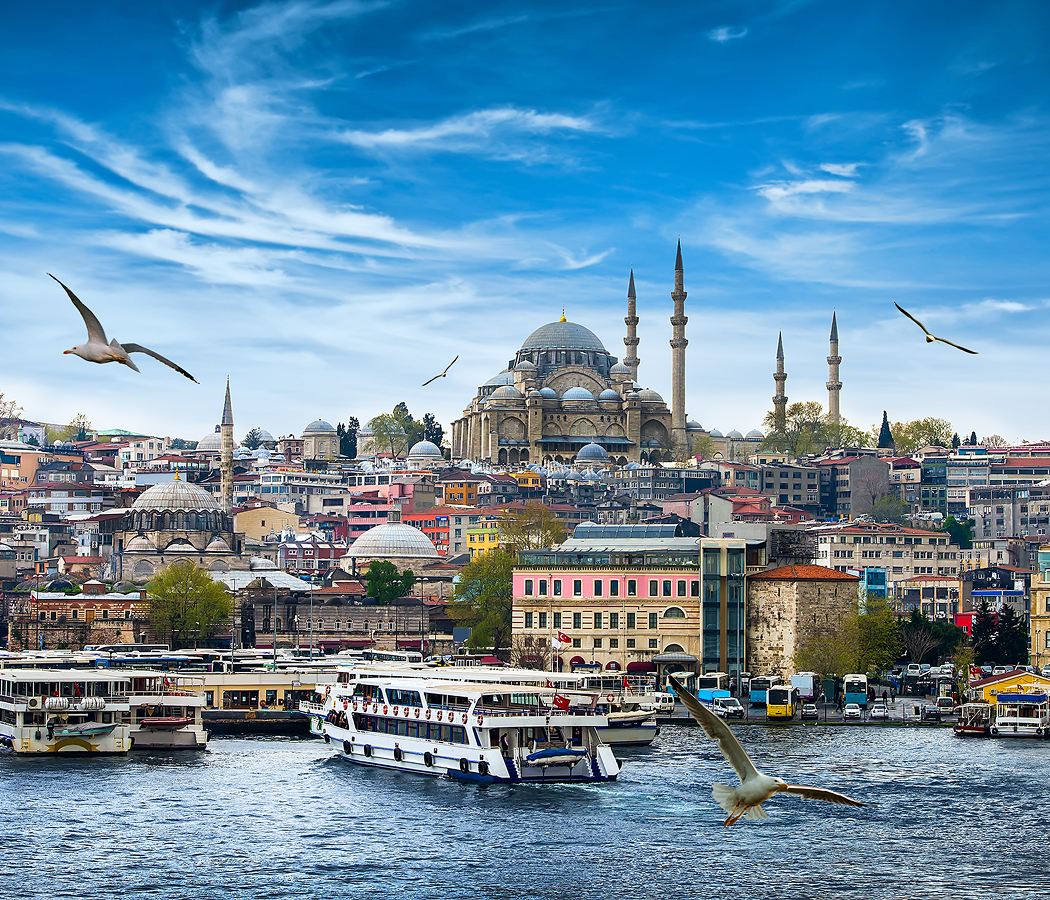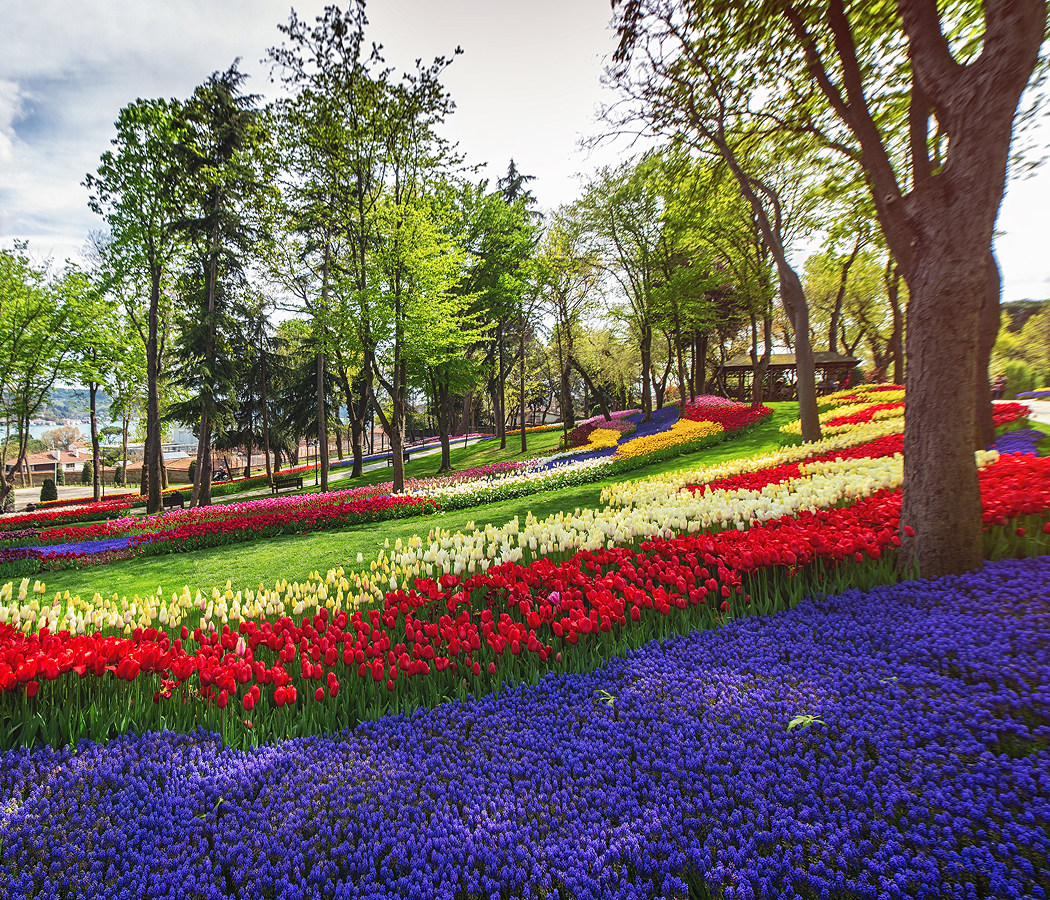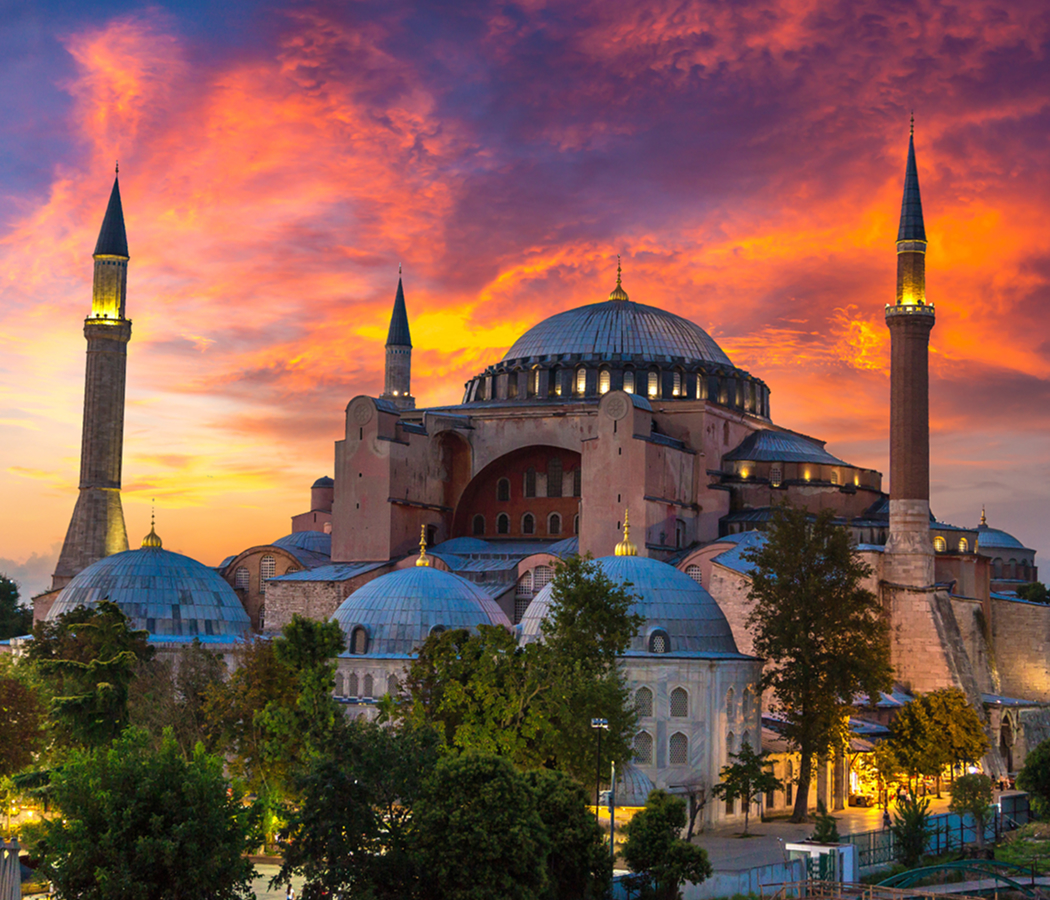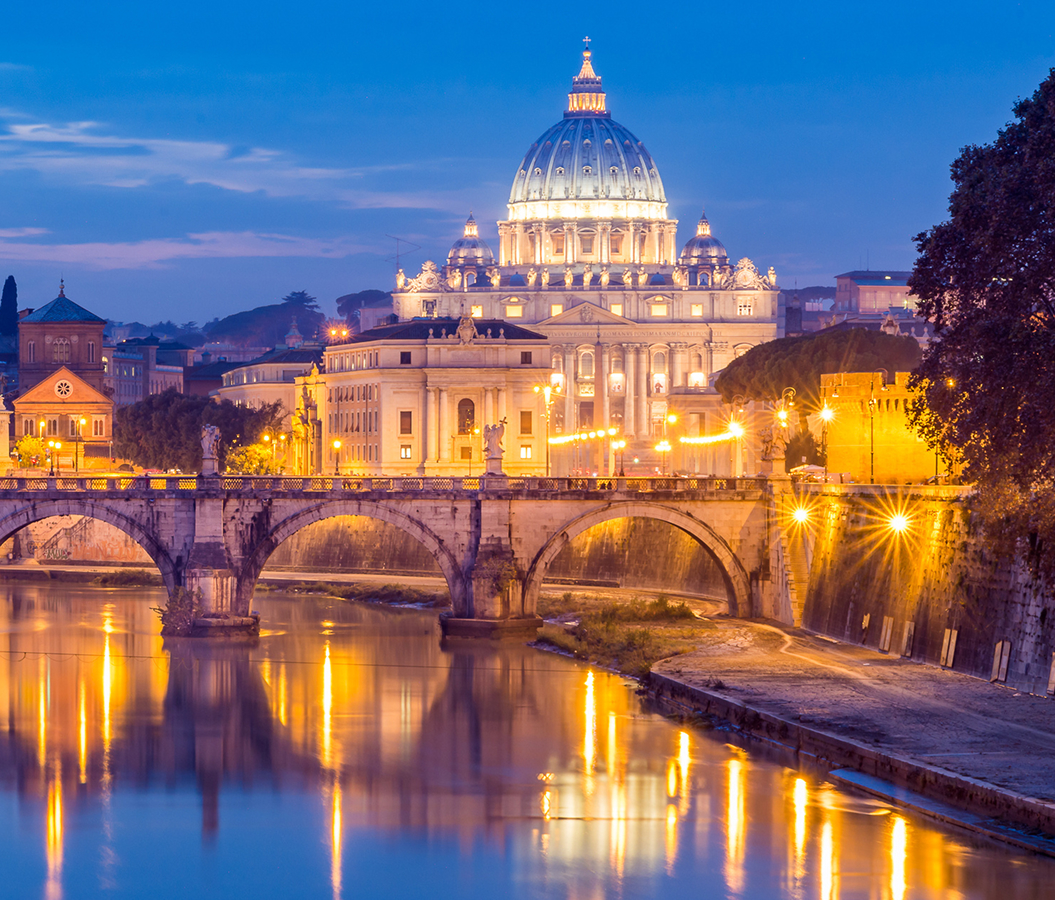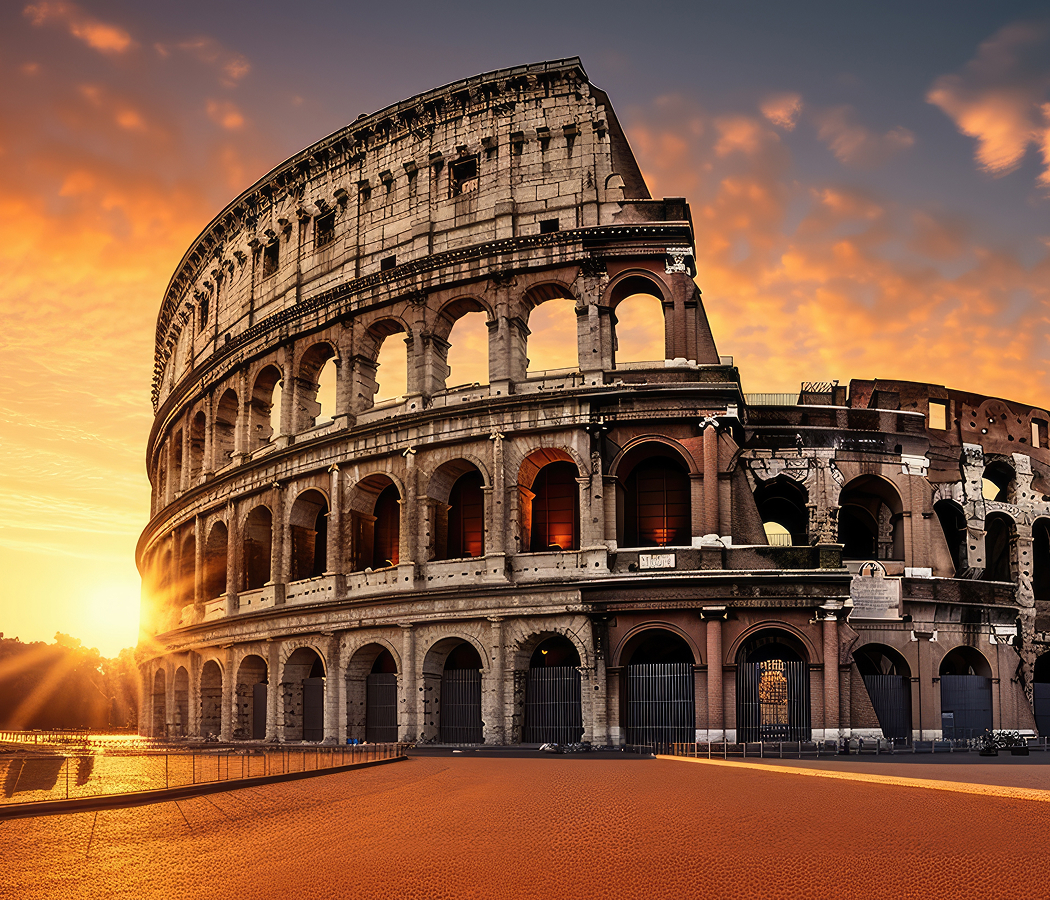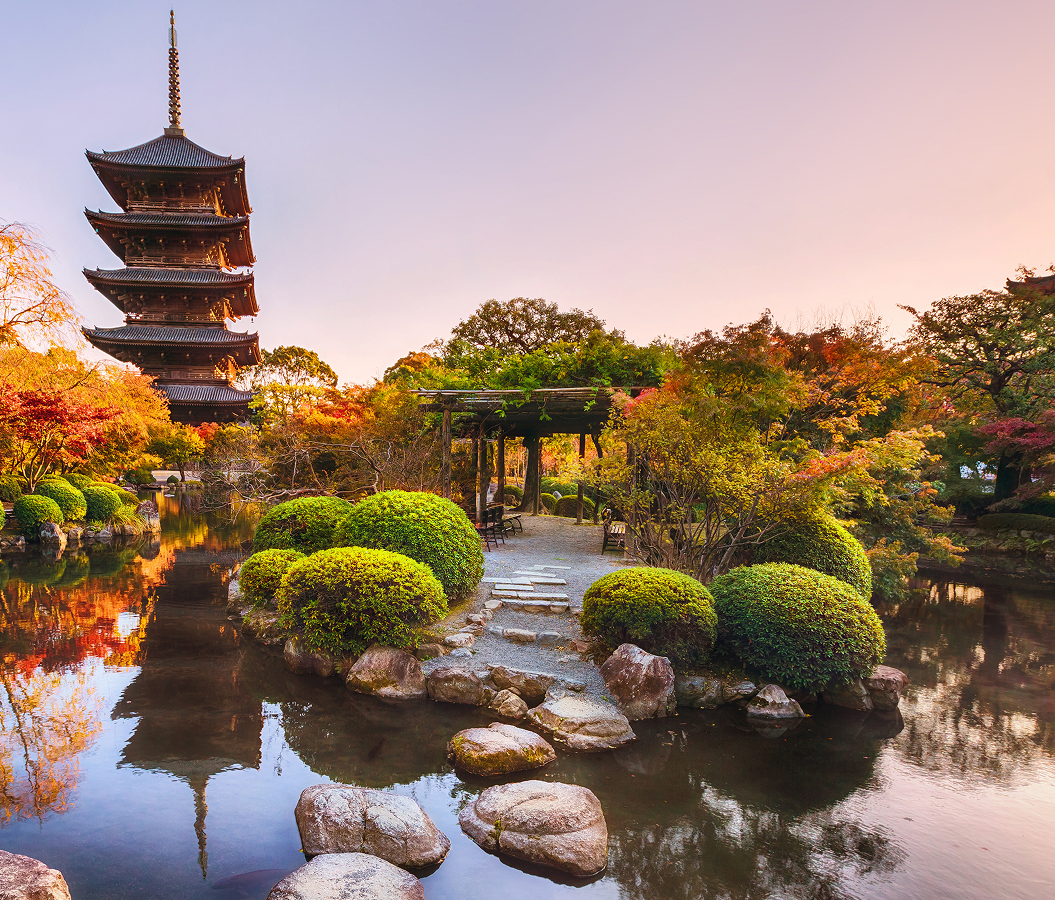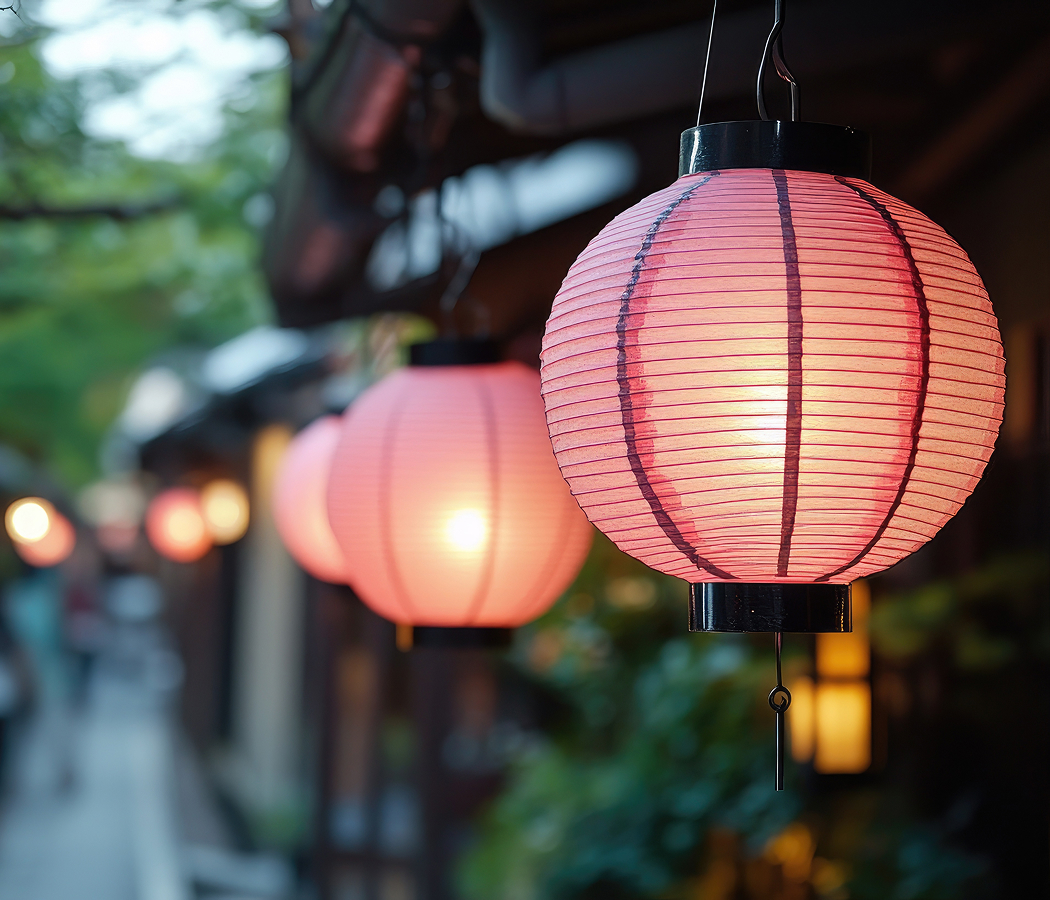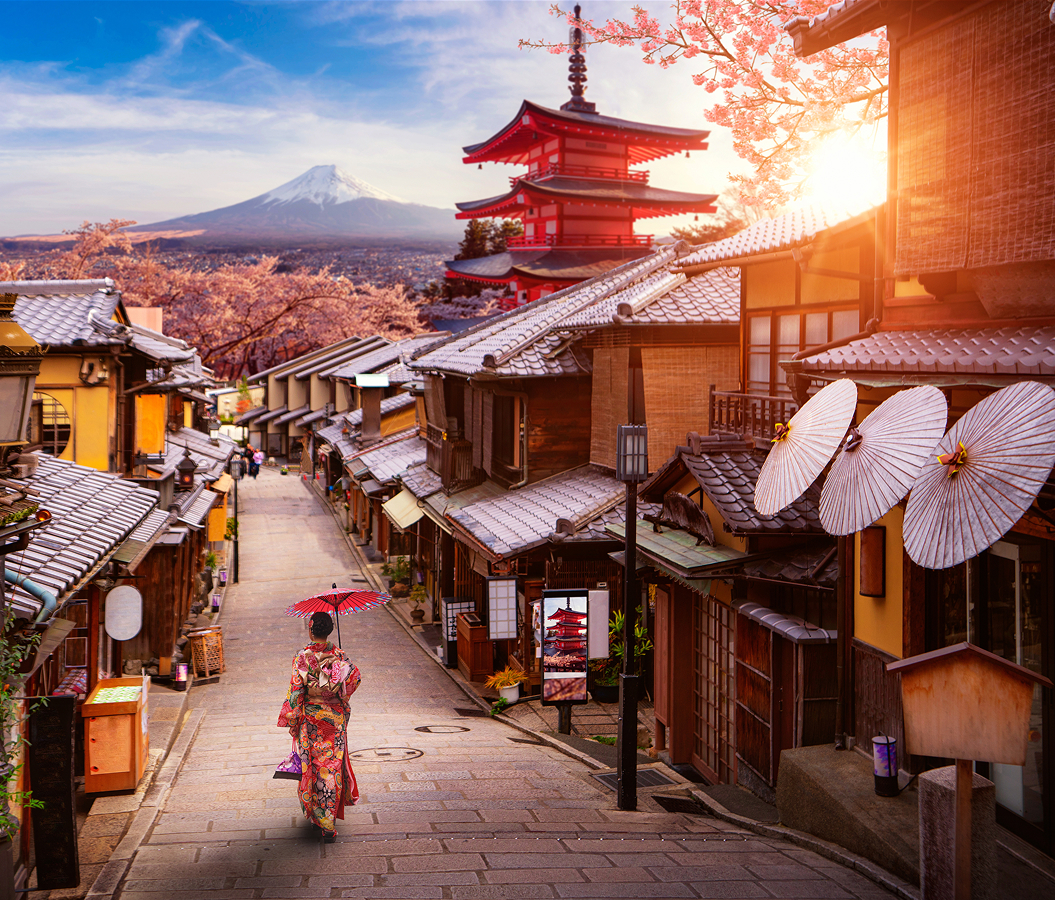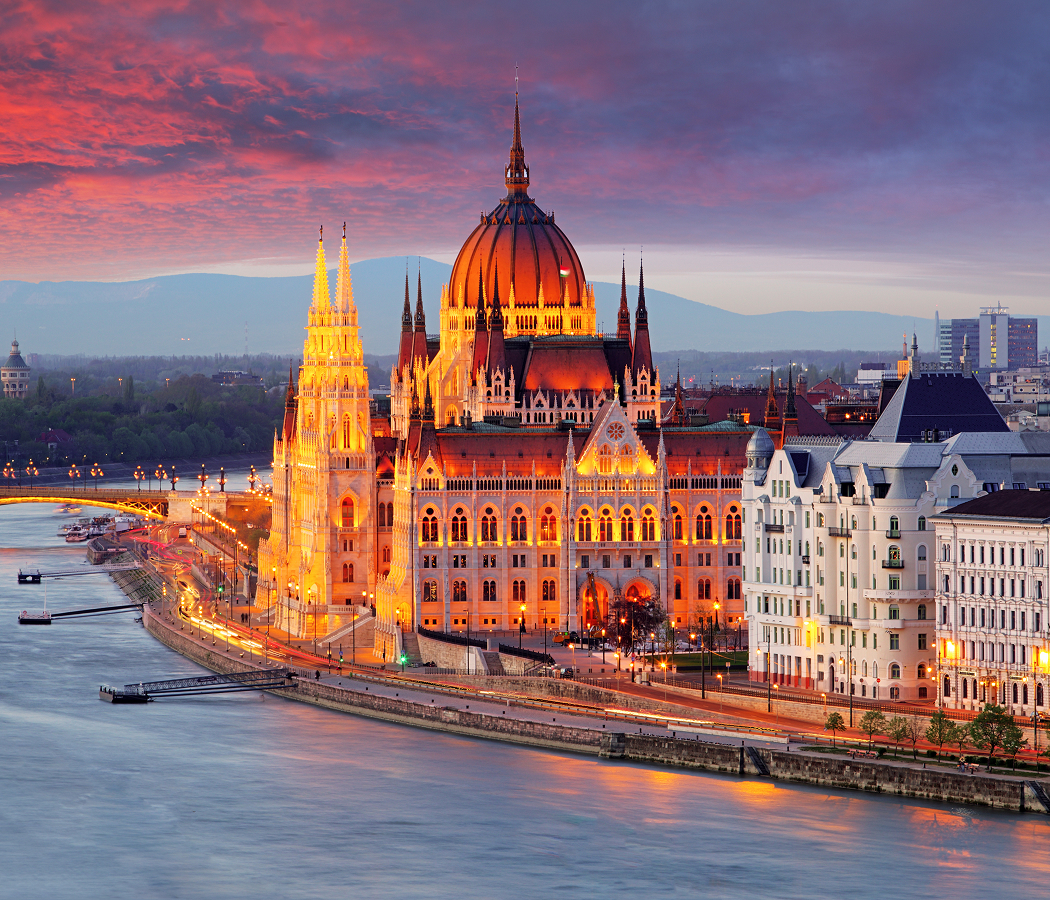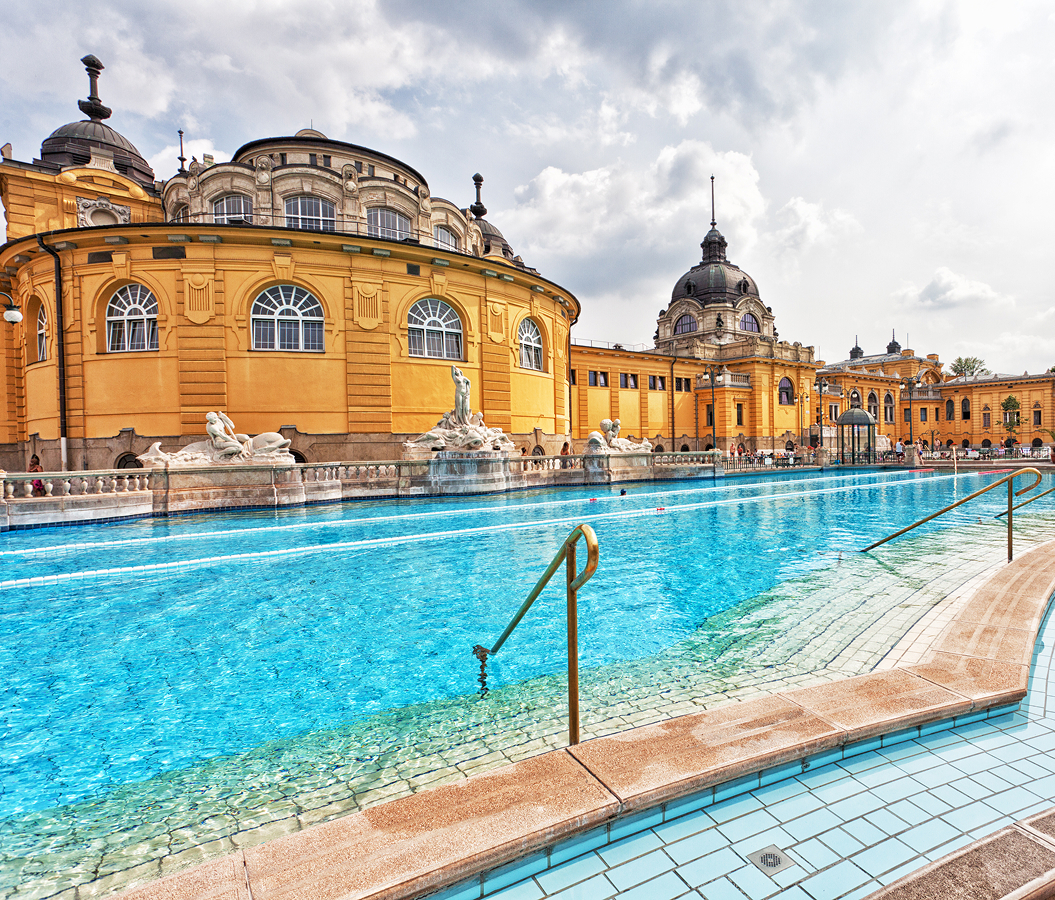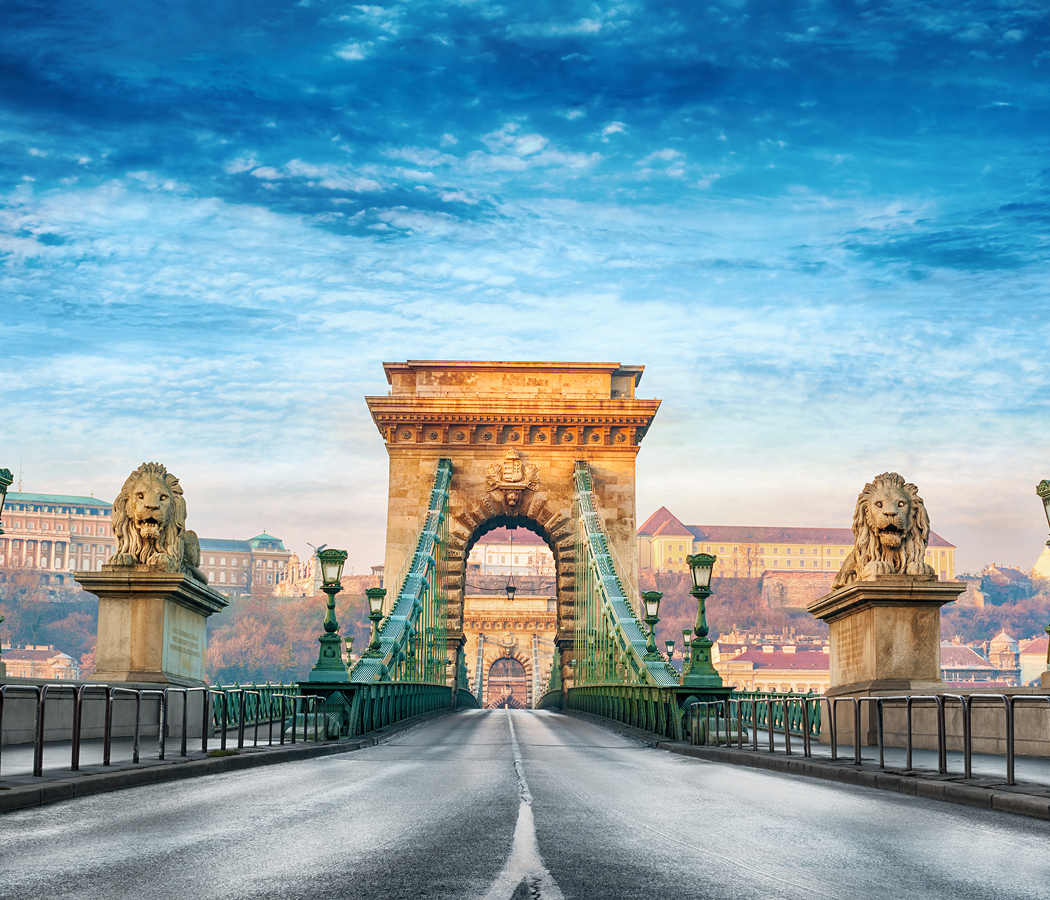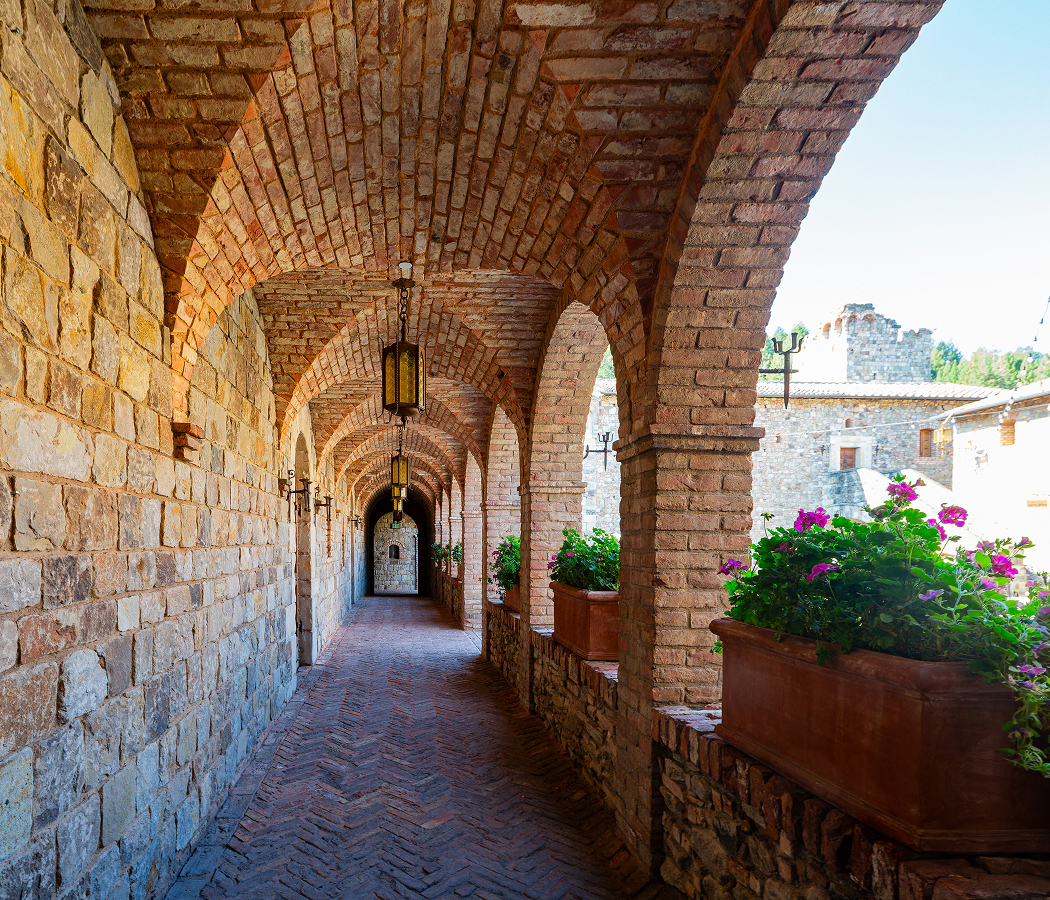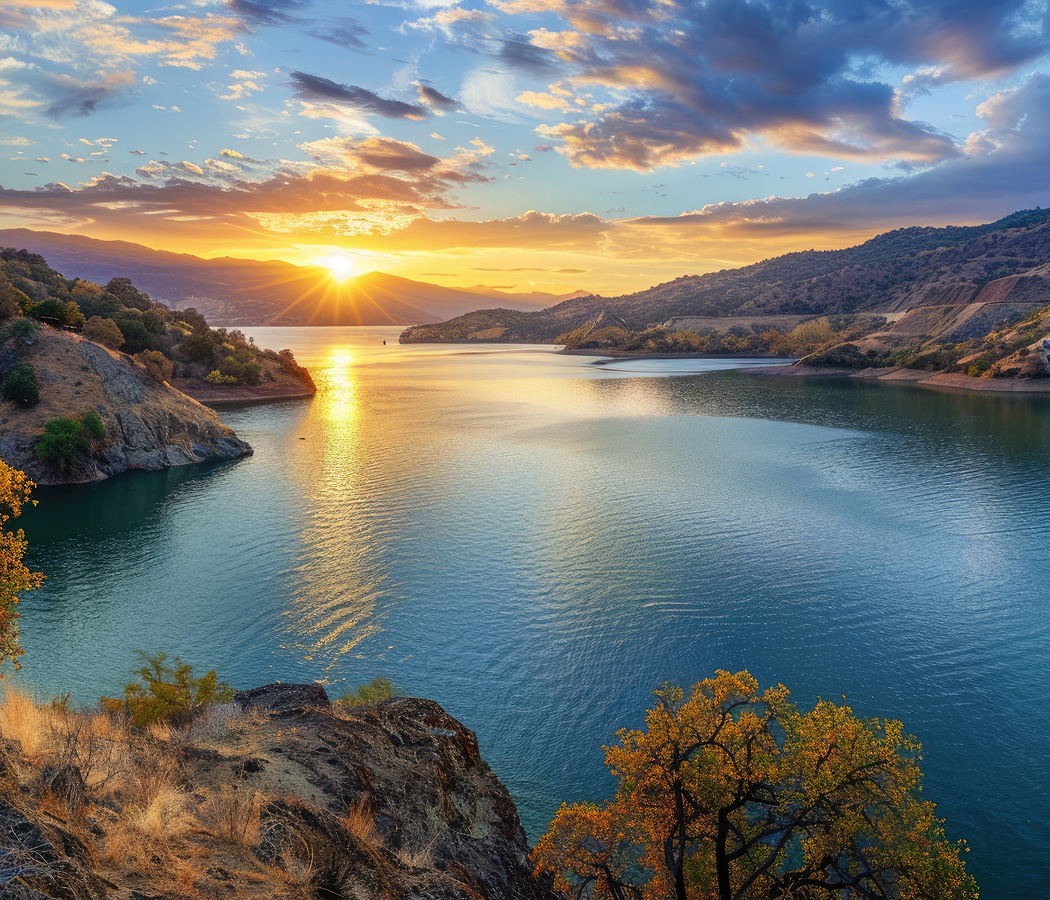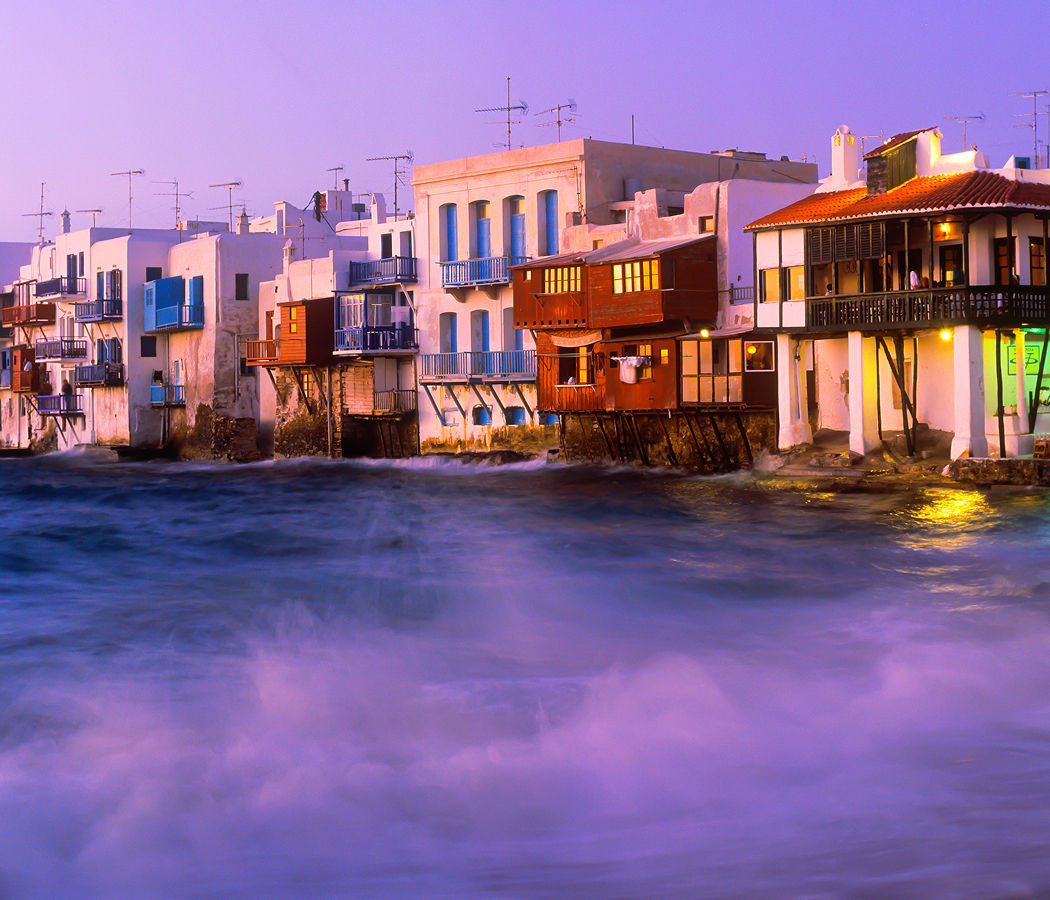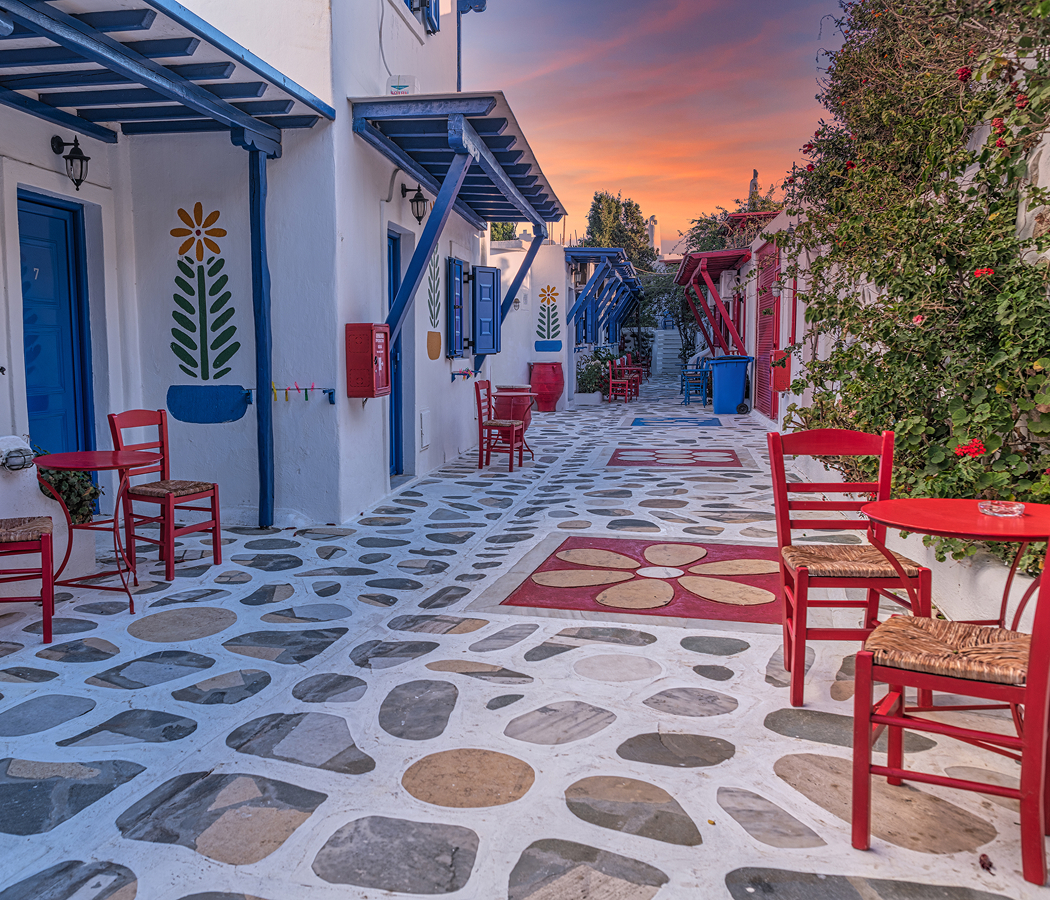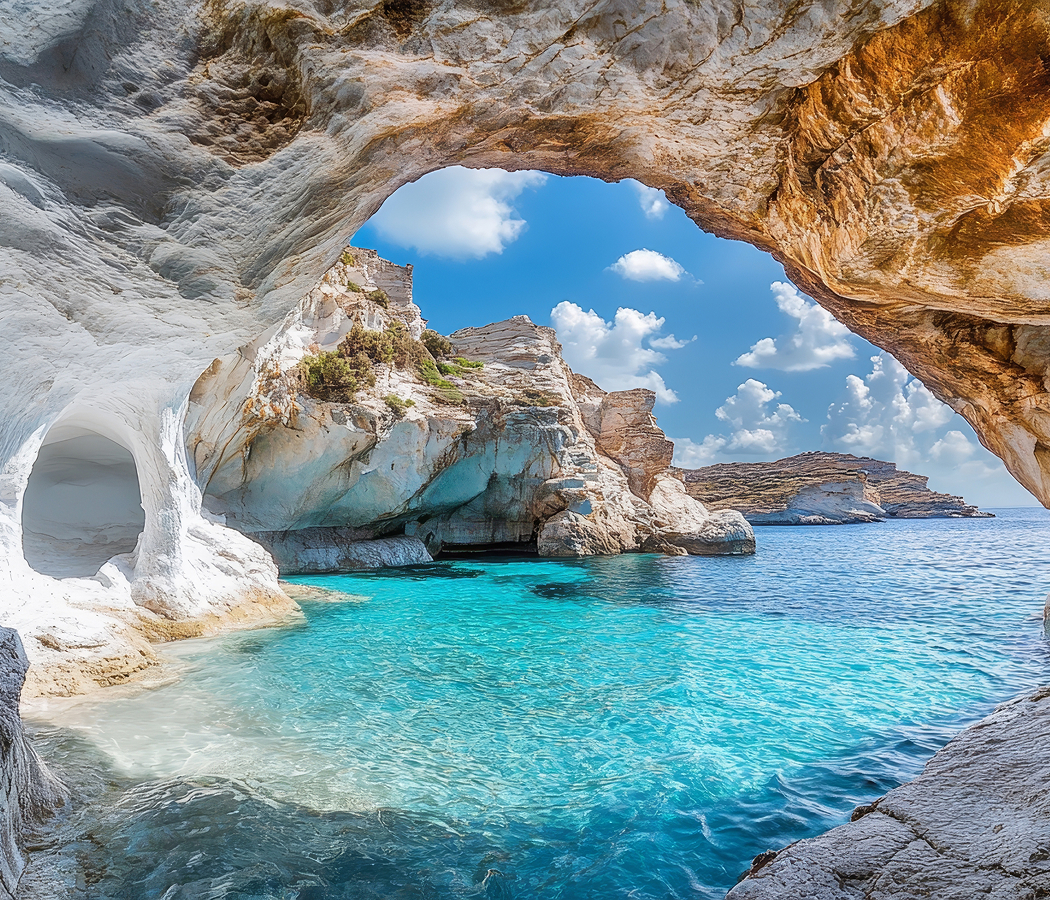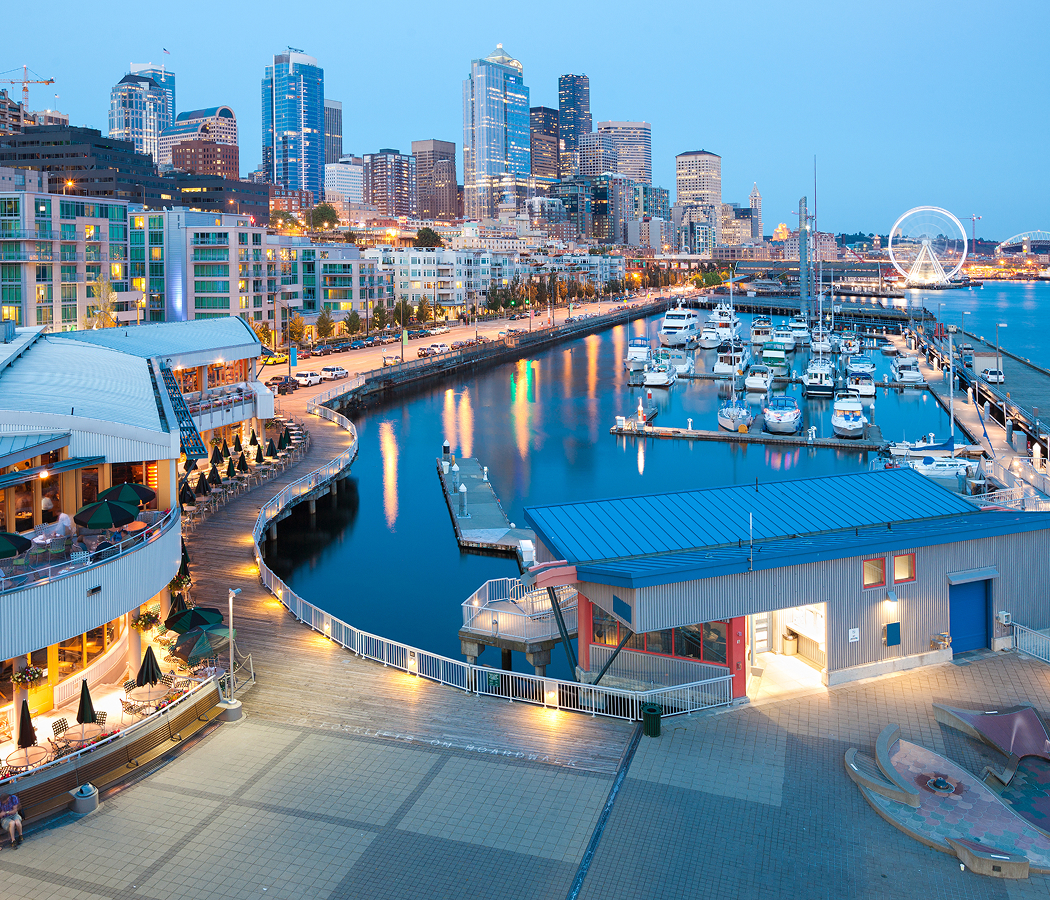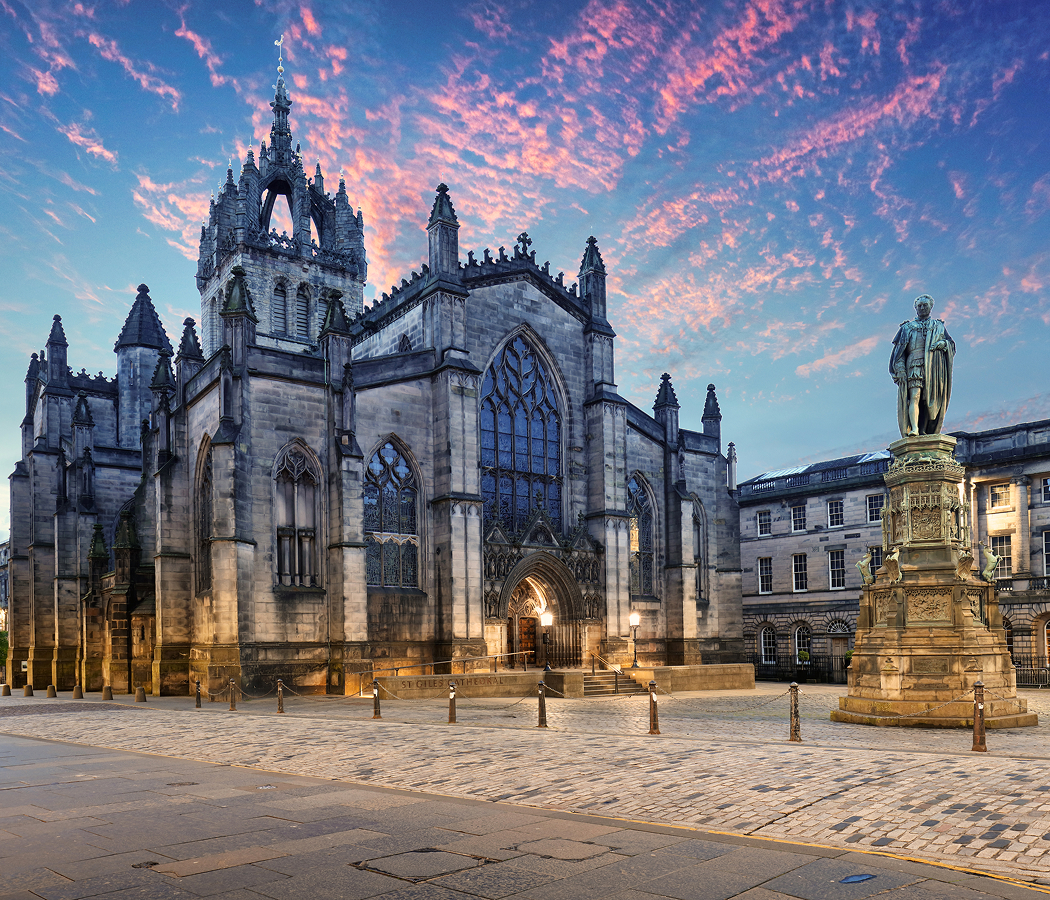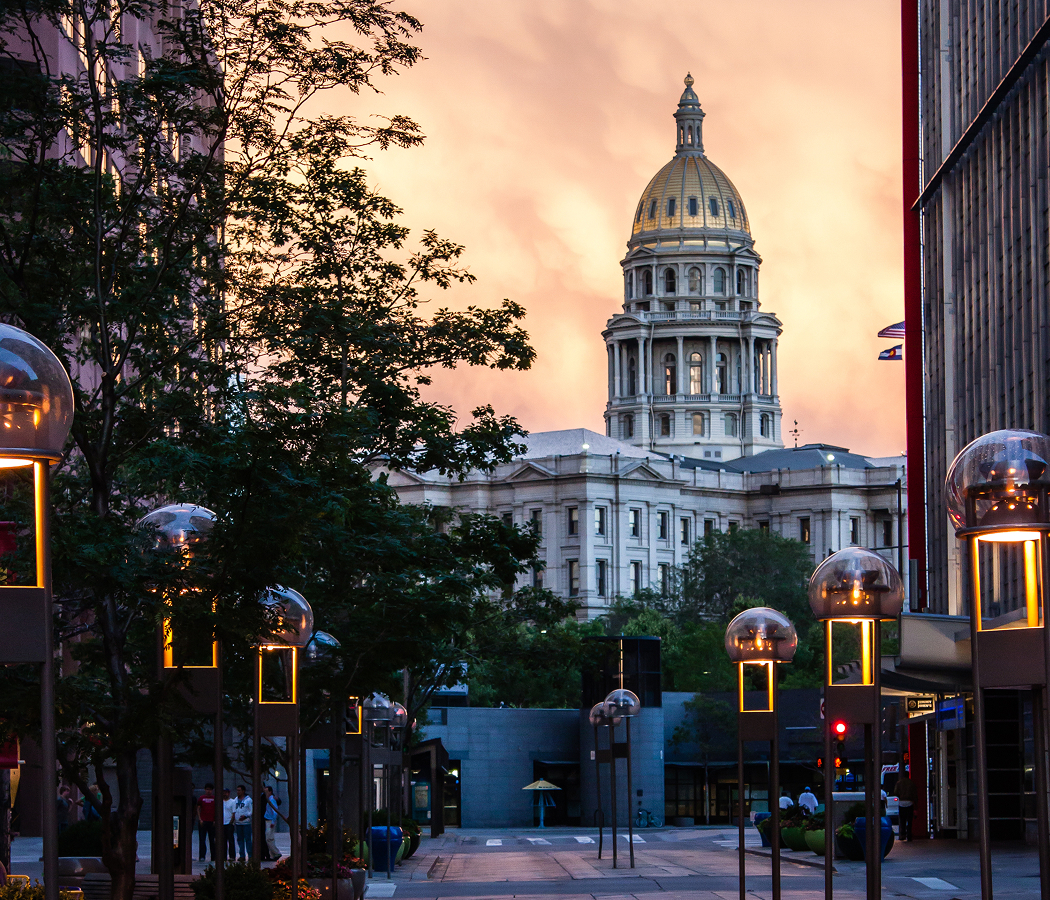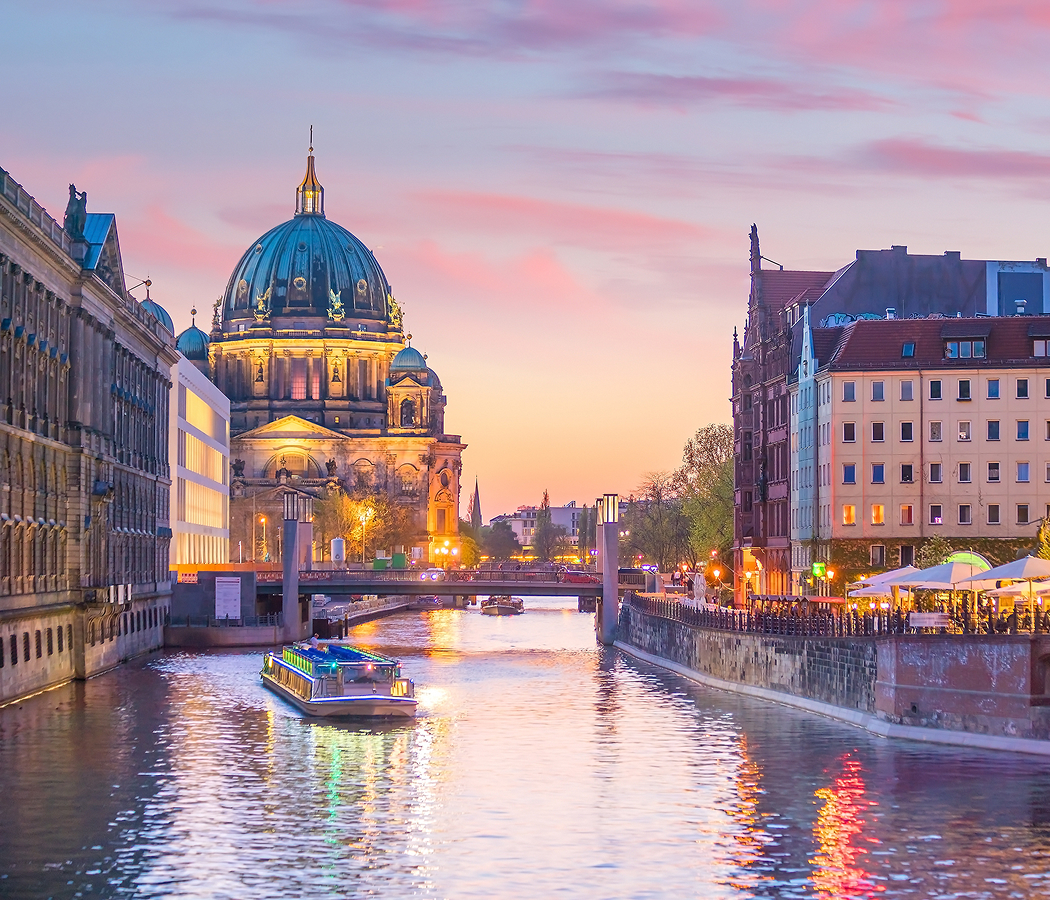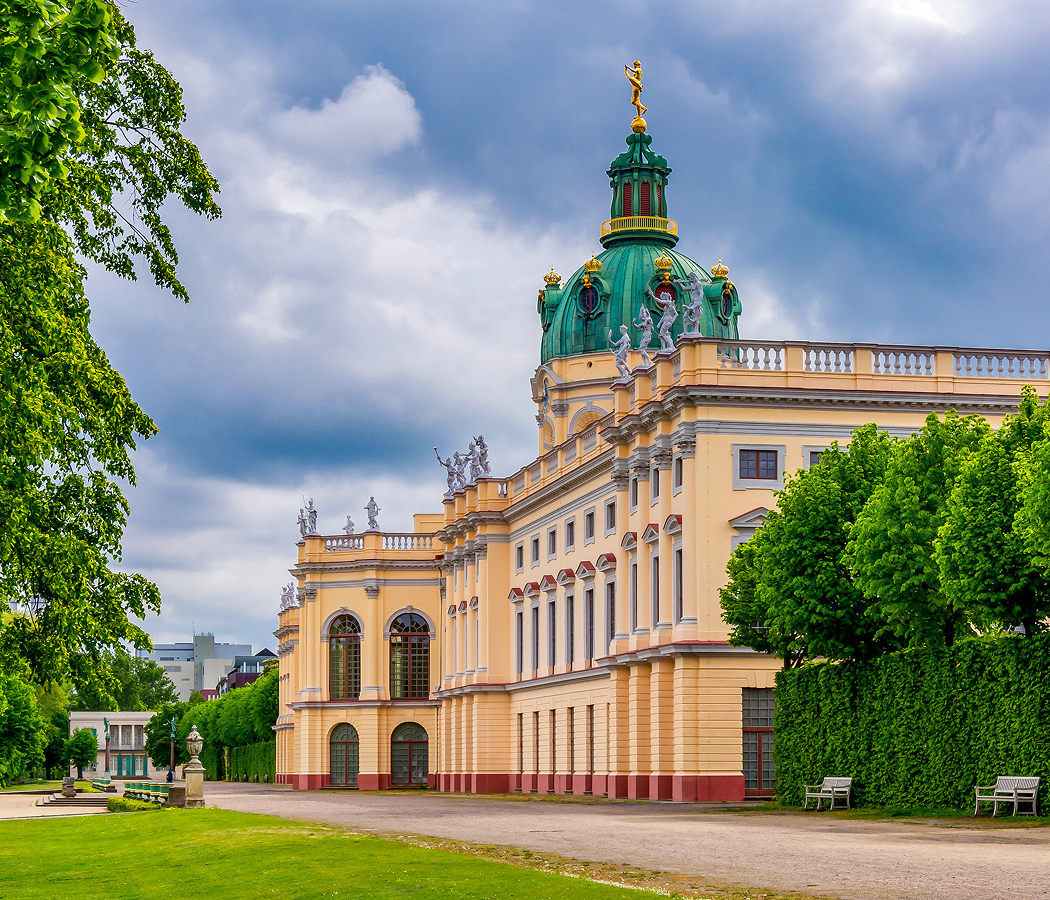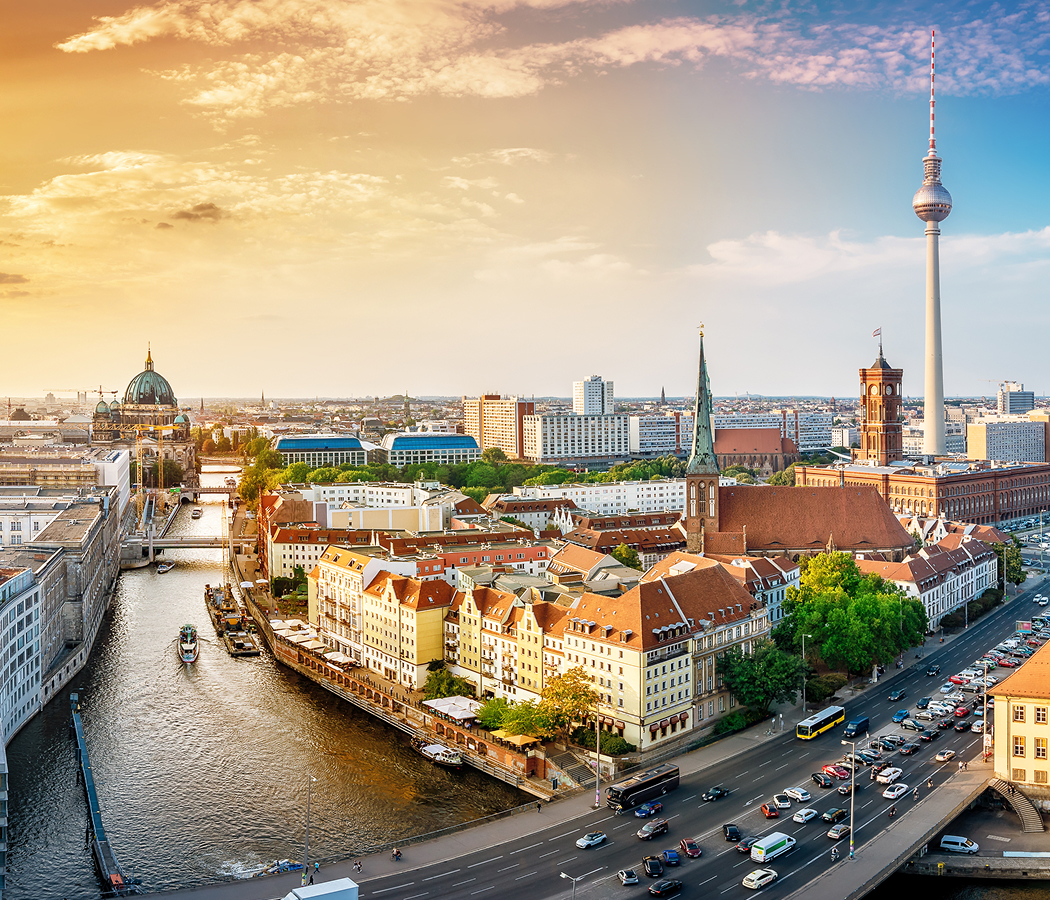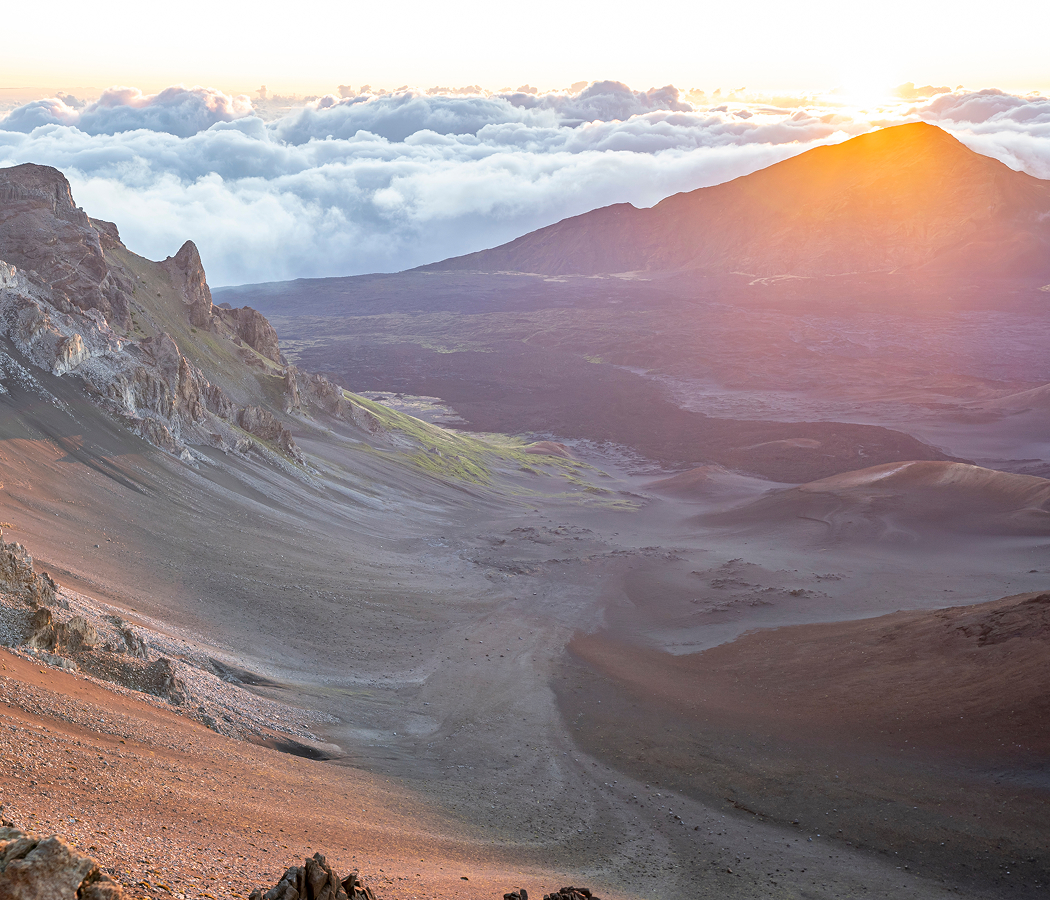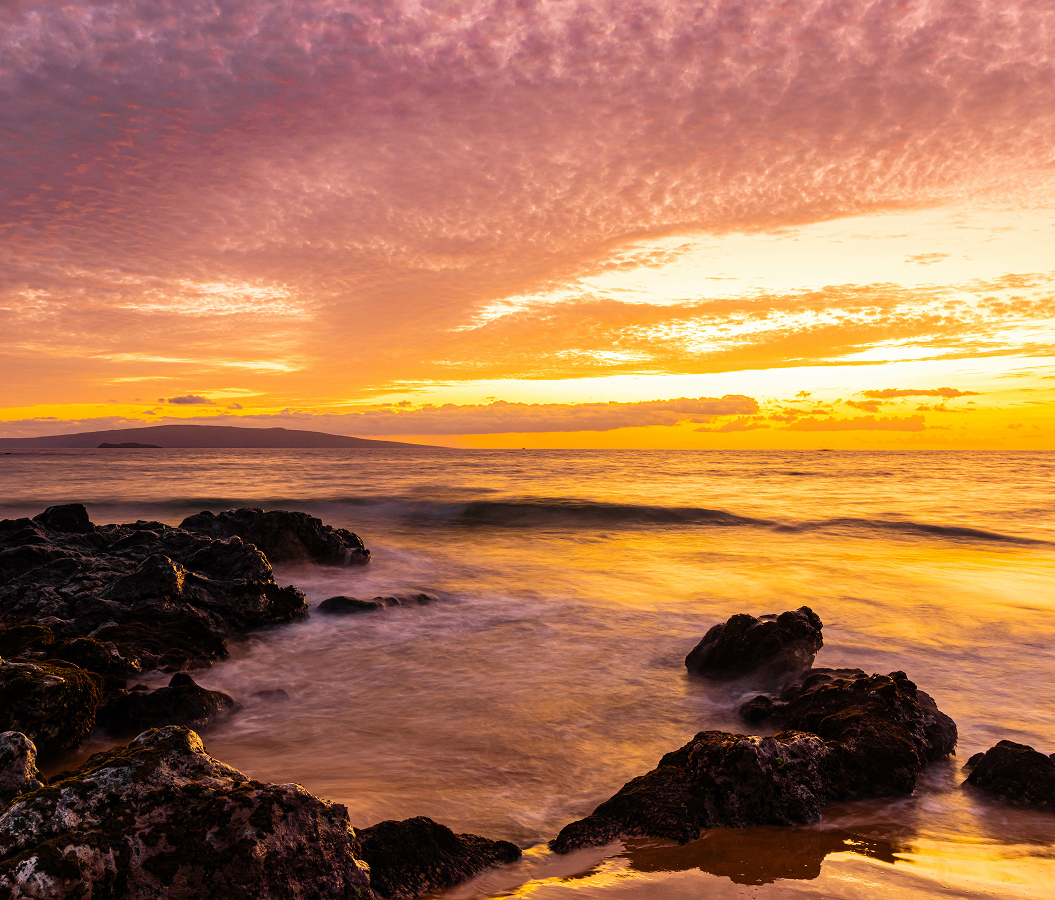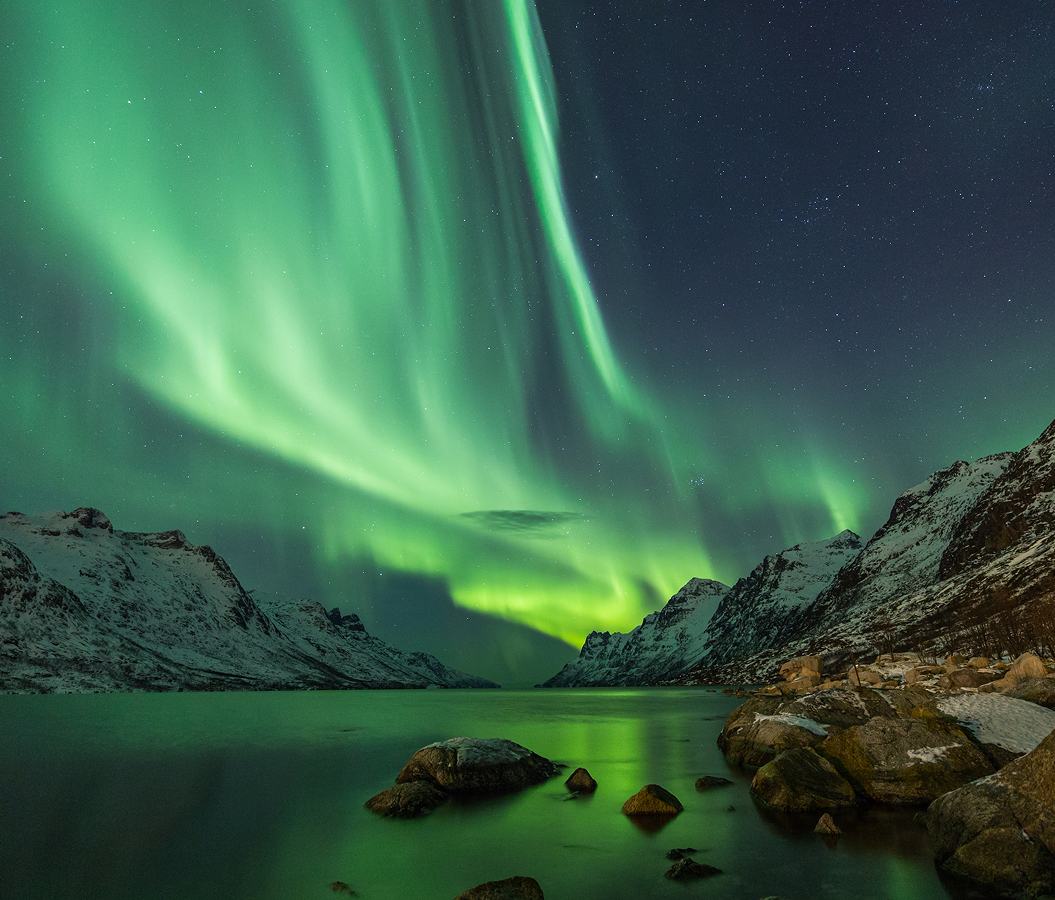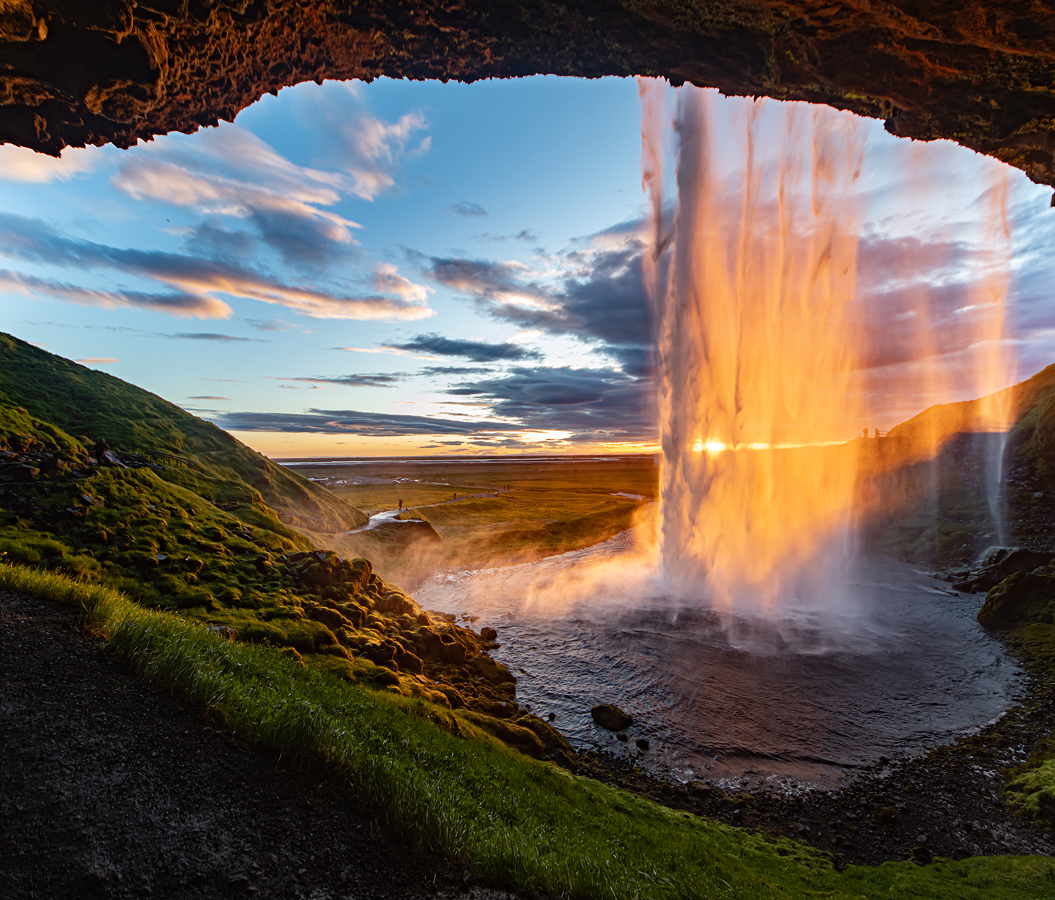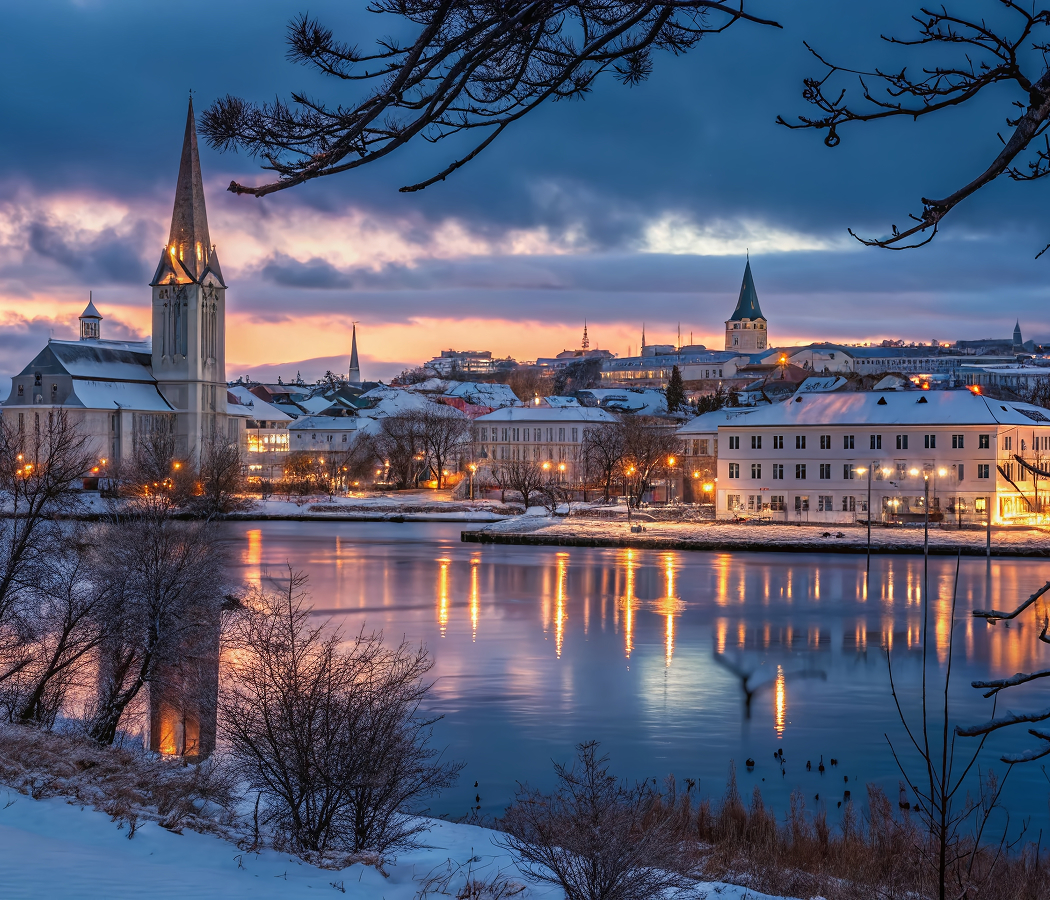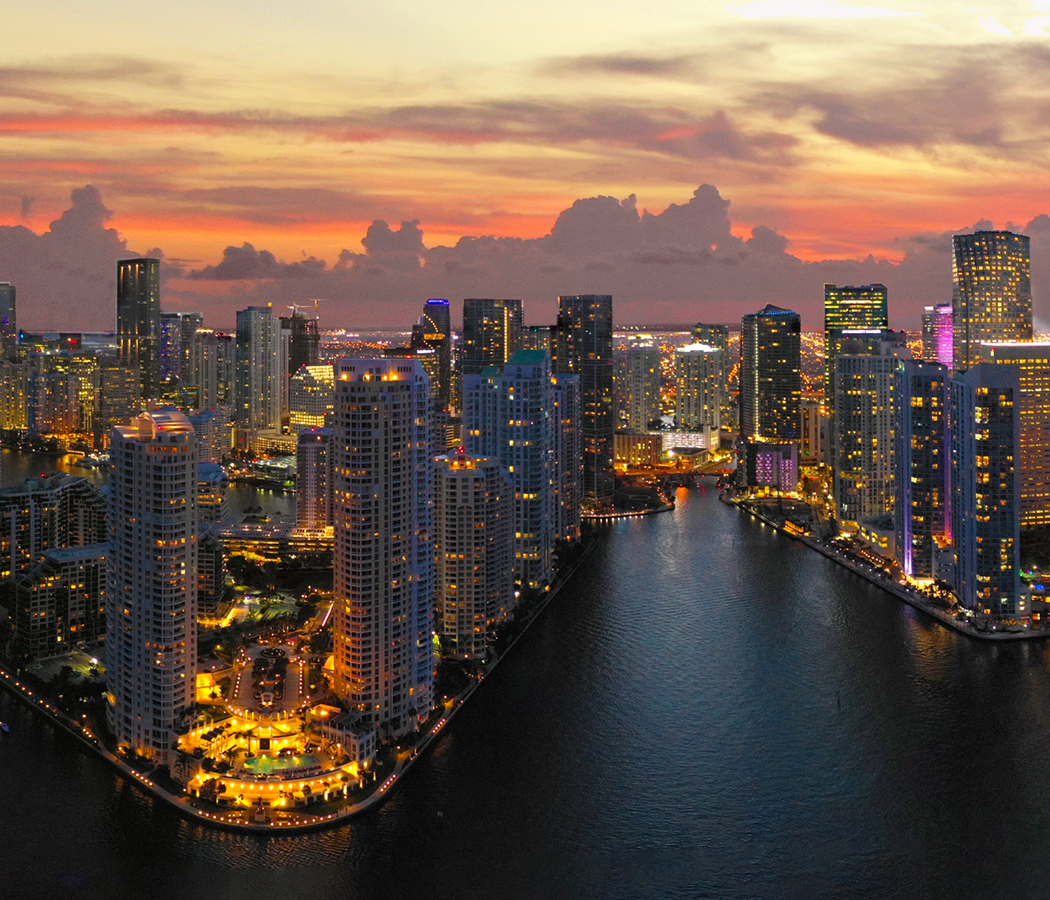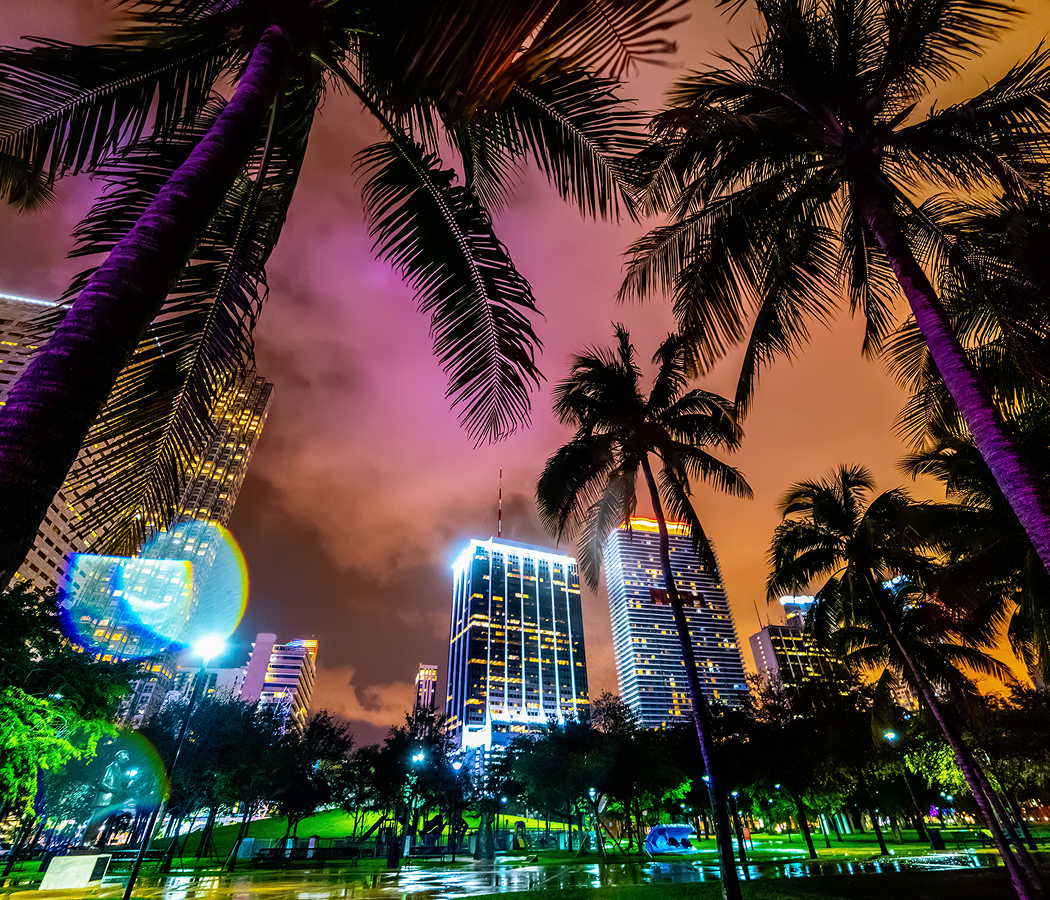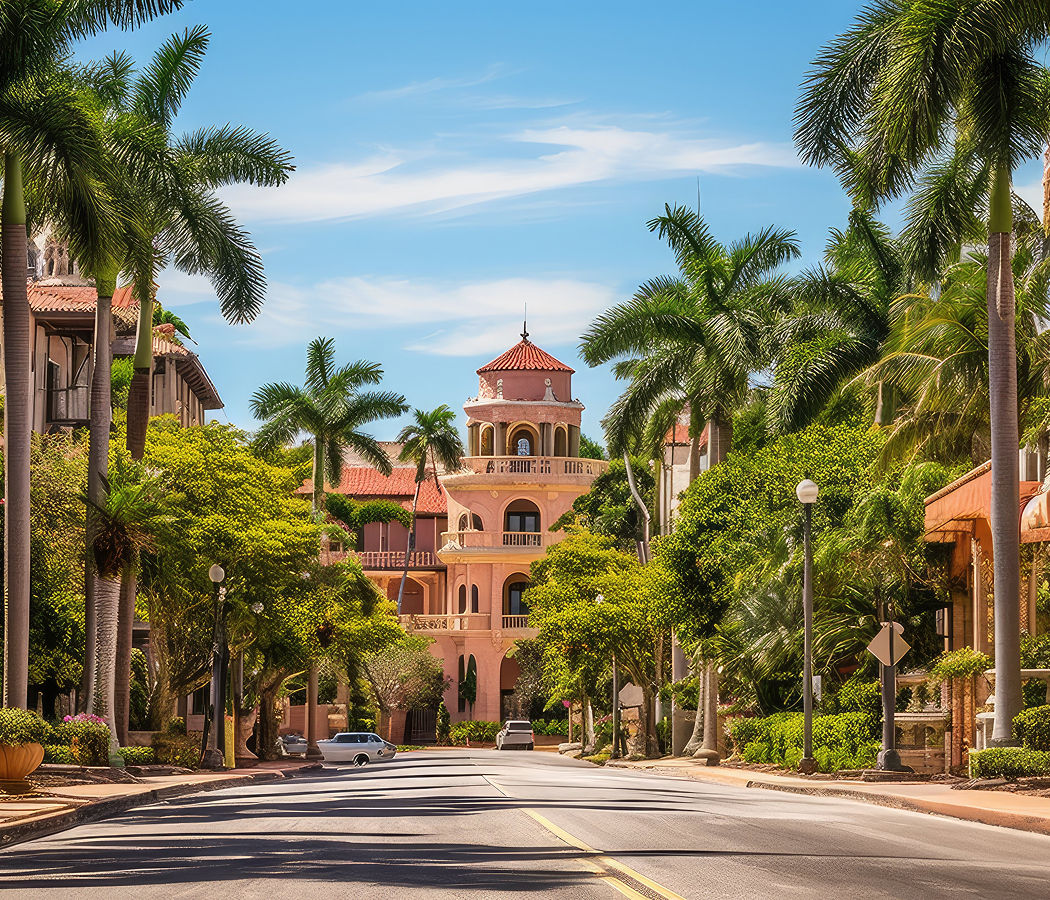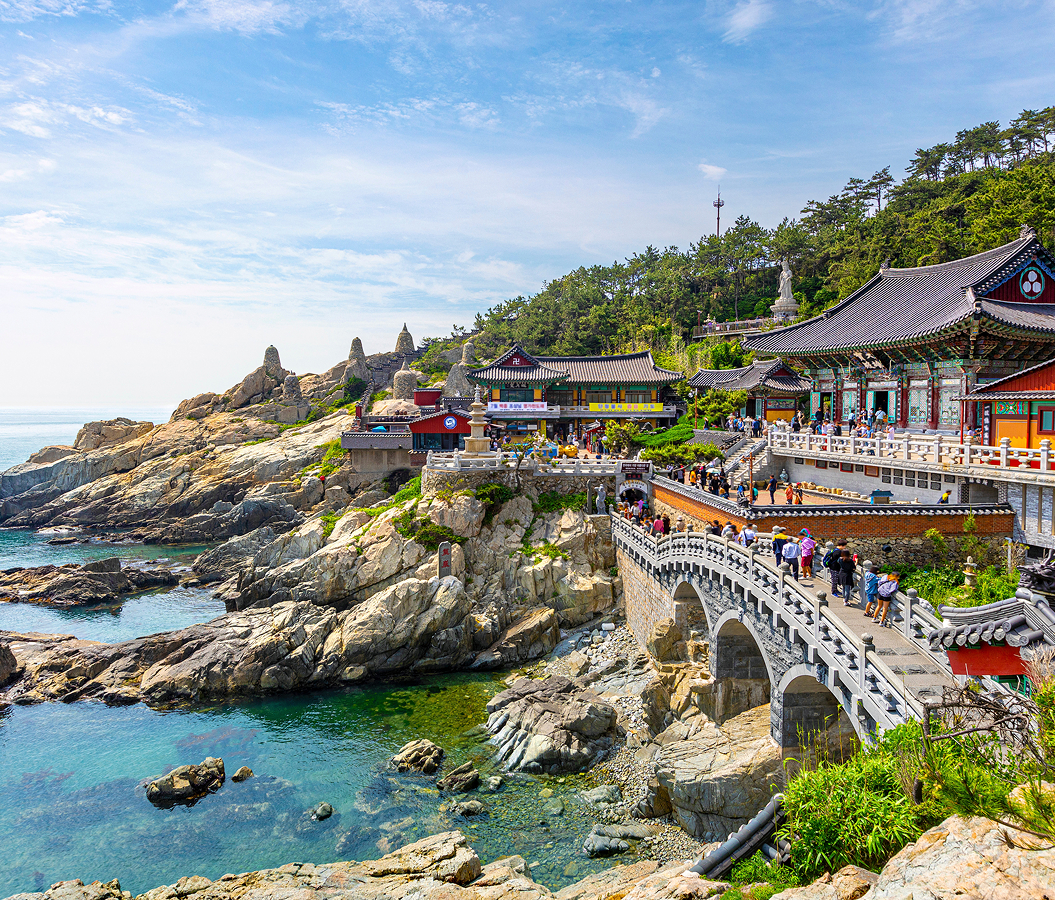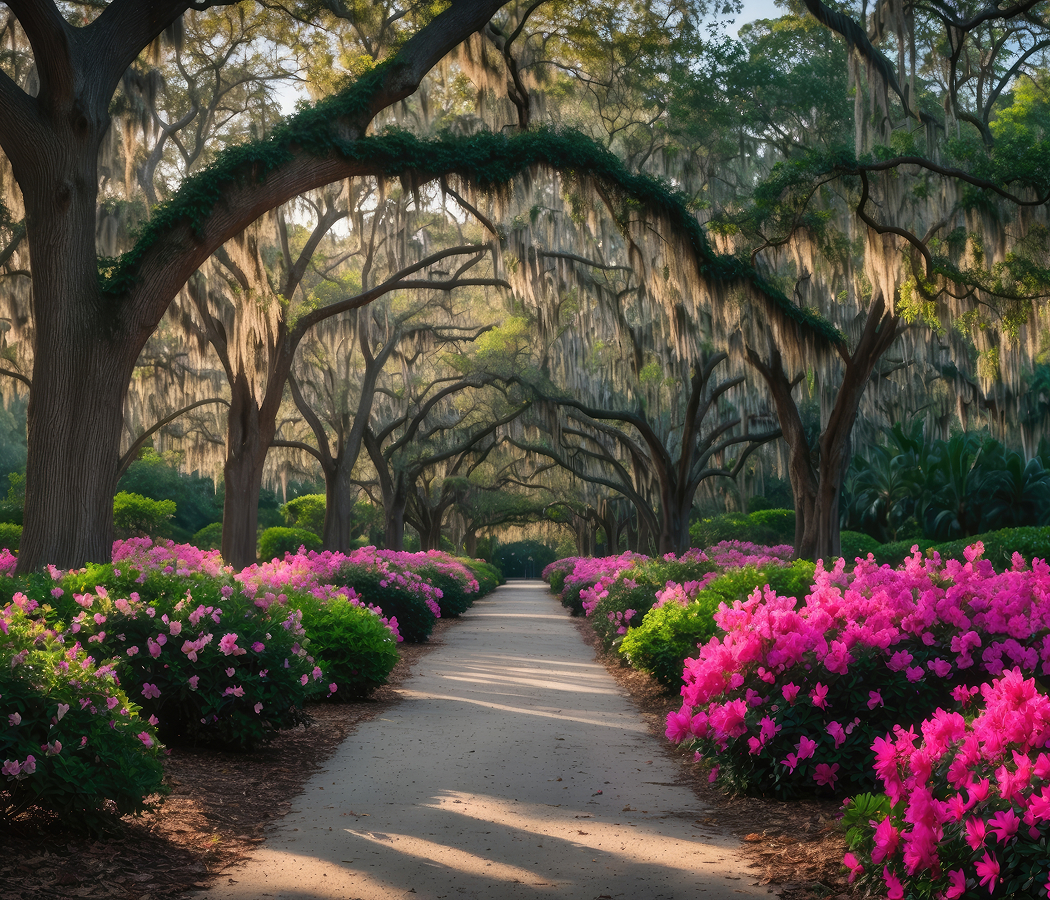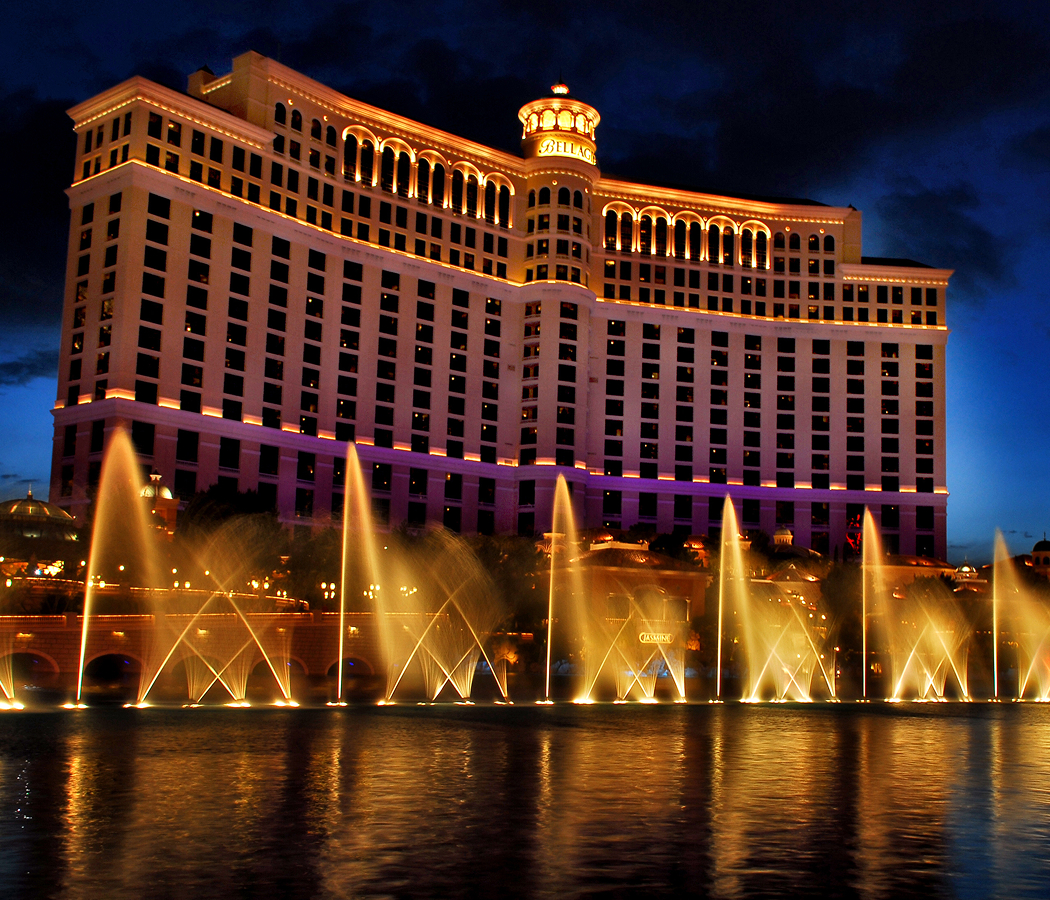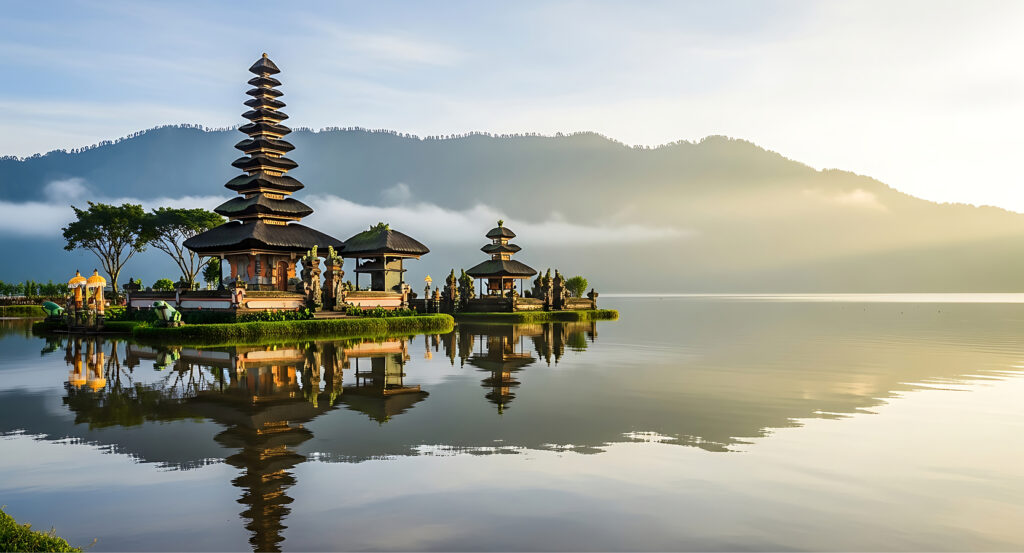
Why you should experience Ulun Danu Beratan Temple in Bali, Indonesia.
Ulun Danu Beratan Temple in Bali is one of those rare places where the divine feels tangible, a temple seemingly born from mist and water, suspended between earth and sky.
Resting on the serene shores of Lake Bratan in the Bedugul Highlands, this floating sanctuary appears to drift on the lake's surface when the water level rises, its reflection shimmering in soft morning light. Dedicated to Dewi Danu, the goddess of water and fertility, Ulun Danu Bratan is not just a temple, it's a prayer cast in stone. Built in 1633, it remains a vital center of spiritual life for the Balinese, honoring the natural balance that sustains both their island and their faith. As you approach, the crisp mountain air carries the scent of incense and frangipani. The twin meru towers, their tiered roofs rising like black crowns, are mirrored perfectly in the still lake below. The entire scene feels impossibly cinematic, surrounded by lush hills that fade into mist and silence broken only by the gentle ripple of the water. While Bali is filled with sacred sites, none quite blend landscape and spirit as gracefully as Ulun Danu Beratan Temple. It's a place where time seems to hold its breath, a sanctuary for reflection, reverence, and renewal.
What you didn’t know about Ulun Danu Beratan Temple.
Though it's one of Bali's most photographed landmarks, Ulun Danu Beratan Temple's deeper meaning lies in its role as the heart of the island's water system, both spiritual and agricultural.
The temple is part of Bali's ancient subak irrigation network, a UNESCO-recognized system that connects farmers, rivers, and temples in a sacred balance of community and sustainability. Every offering made here, every chant performed by local priests, honors Dewi Danu's gift of water, the lifeblood that nourishes Bali's terraced rice fields and ecosystems. The temple complex actually consists of five shrines, each dedicated to different deities: Shiva, Vishnu, Brahma, the lake goddess, and the mountains themselves. The eleven-tiered meru (shrine tower) is devoted to Shiva and Parvati, while the smaller multi-tiered shrines honor other deities central to Balinese cosmology. Many visitors don't realize that Ulun Danu Bratan's placement is no coincidence, Lake Bratan sits within the caldera of an ancient volcano, symbolizing the island's link between creation, destruction, and rebirth. During Piodalan, the temple's main festival held every 210 days, thousands of pilgrims dressed in white and gold ascend the lake with offerings of fruit, flowers, and woven palm arrangements, transforming the tranquil site into a living mosaic of devotion. Local fishermen pause their work, boats drift gently past floating lanterns, and the lake becomes a mirror for the island's collective prayer.
How to fold Ulun Danu Beratan Temple into your trip.
Visiting Ulun Danu Beratan Temple is an invitation to slow down, to experience Bali's spirituality not as spectacle, but as rhythm.
Located about two hours from Ubud or Seminyak, the drive itself feels like a meditation, winding through jungled slopes, fruit markets, and mountain air that cools with every curve. Arrive early, ideally just after sunrise, when the lake is still and mist hugs the temple's silhouette. The scene feels almost unreal, soft light painting the meru rooftops gold while locals prepare offerings on the water's edge. Spend time exploring the temple grounds at a gentle pace: each courtyard reveals intricate carvings, guardian statues wrapped in checkered cloth, and shrines fragrant with fresh offerings. Bring a small donation or offering if you wish to participate respectfully, the Balinese welcome visitors who honor their customs with sincerity. When the sunlight strengthens, rent a paddleboat to glide across Lake Bratan for a full view of the temple seemingly adrift on the water, a perspective that captures its nickname, “The Floating Temple.” Before leaving, stroll through the surrounding gardens, where orchids bloom and mountain breezes ripple the flags from nearby shrines. For lunch, stop at one of the highland cafés overlooking the lake, sipping hot ginger tea as clouds roll across the peaks. The serenity lingers long after you depart, a quiet reminder that divinity, in Bali, is not distant or abstract. It's in the air, the water, and the human heart that still pauses to marvel at both.
Hear it from the Foresyte community.
Just enough life around you not to be overwhelming. Right pace.
Where your story begins.
Start your planning journey with Foresyte Travel.
Experience immersive stories crafted for luxury travelers.

